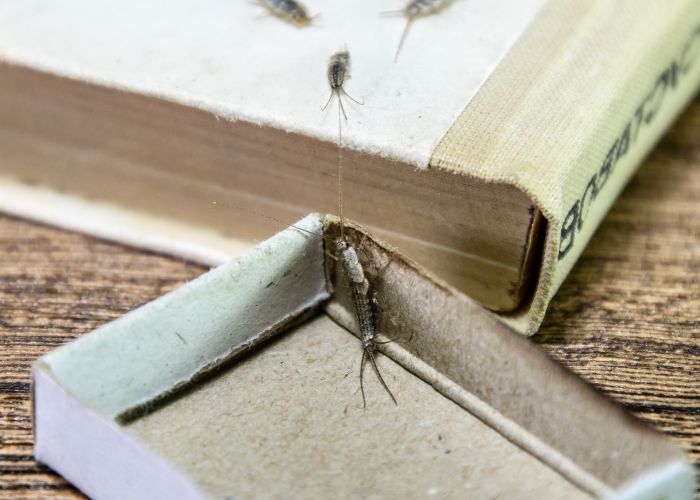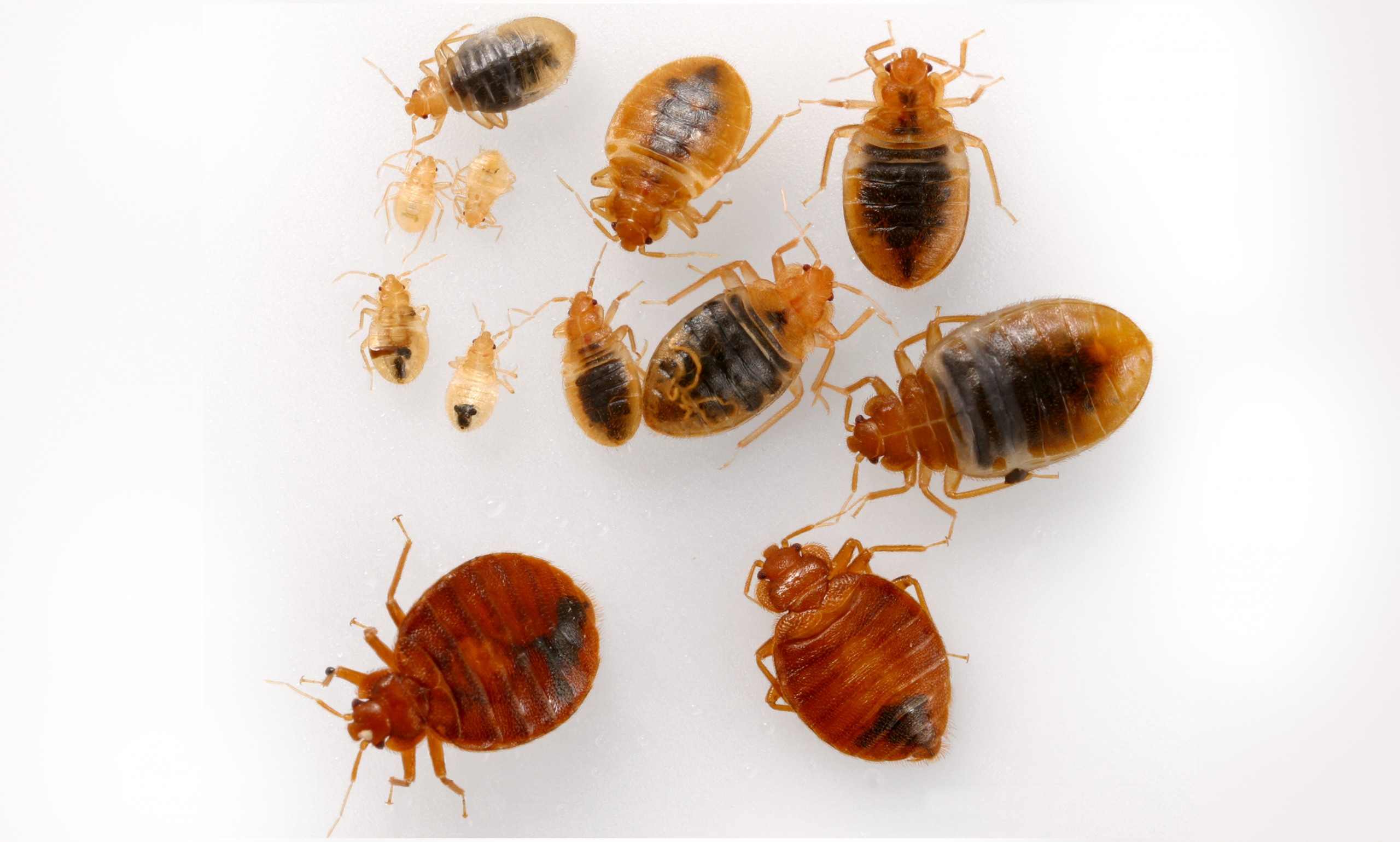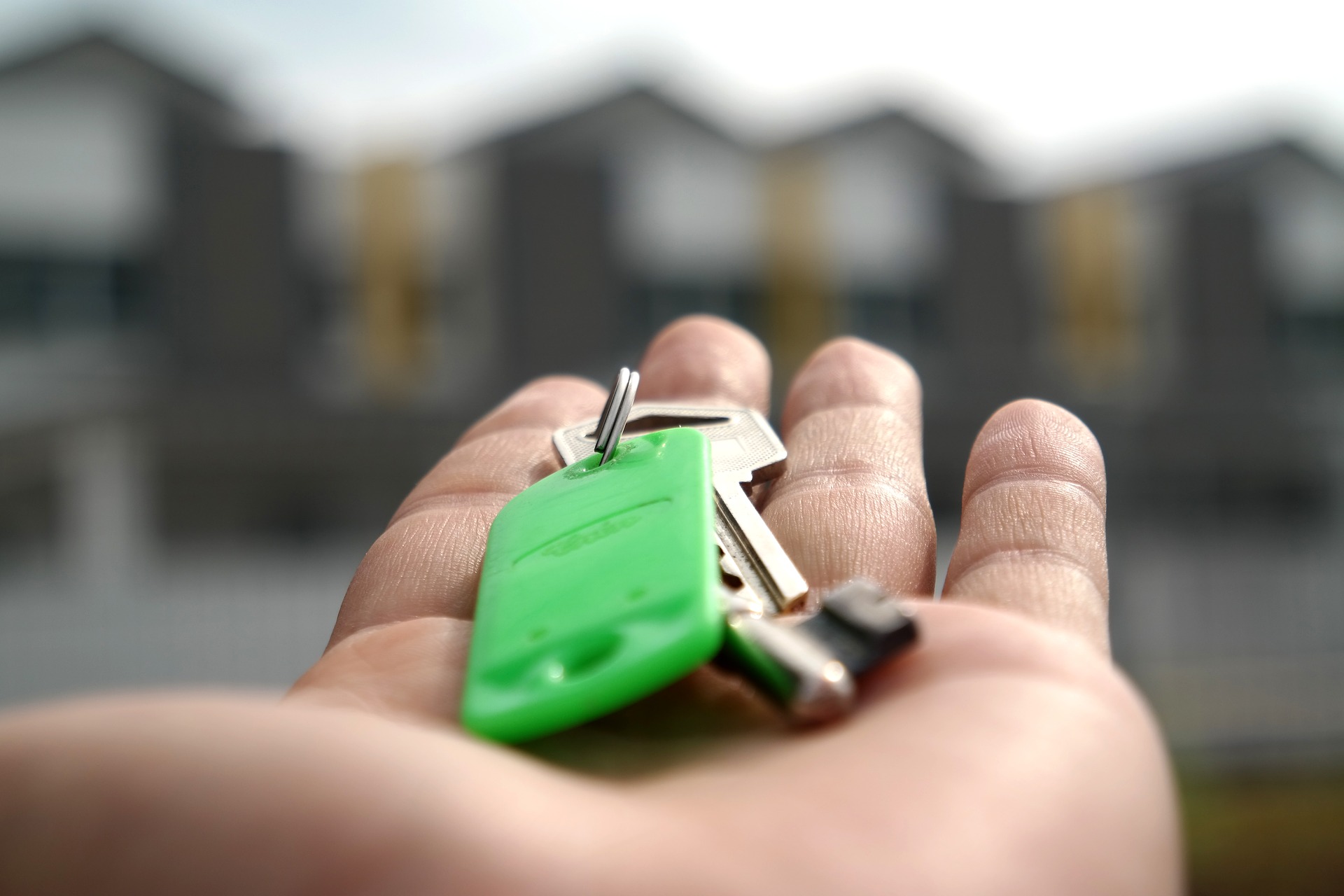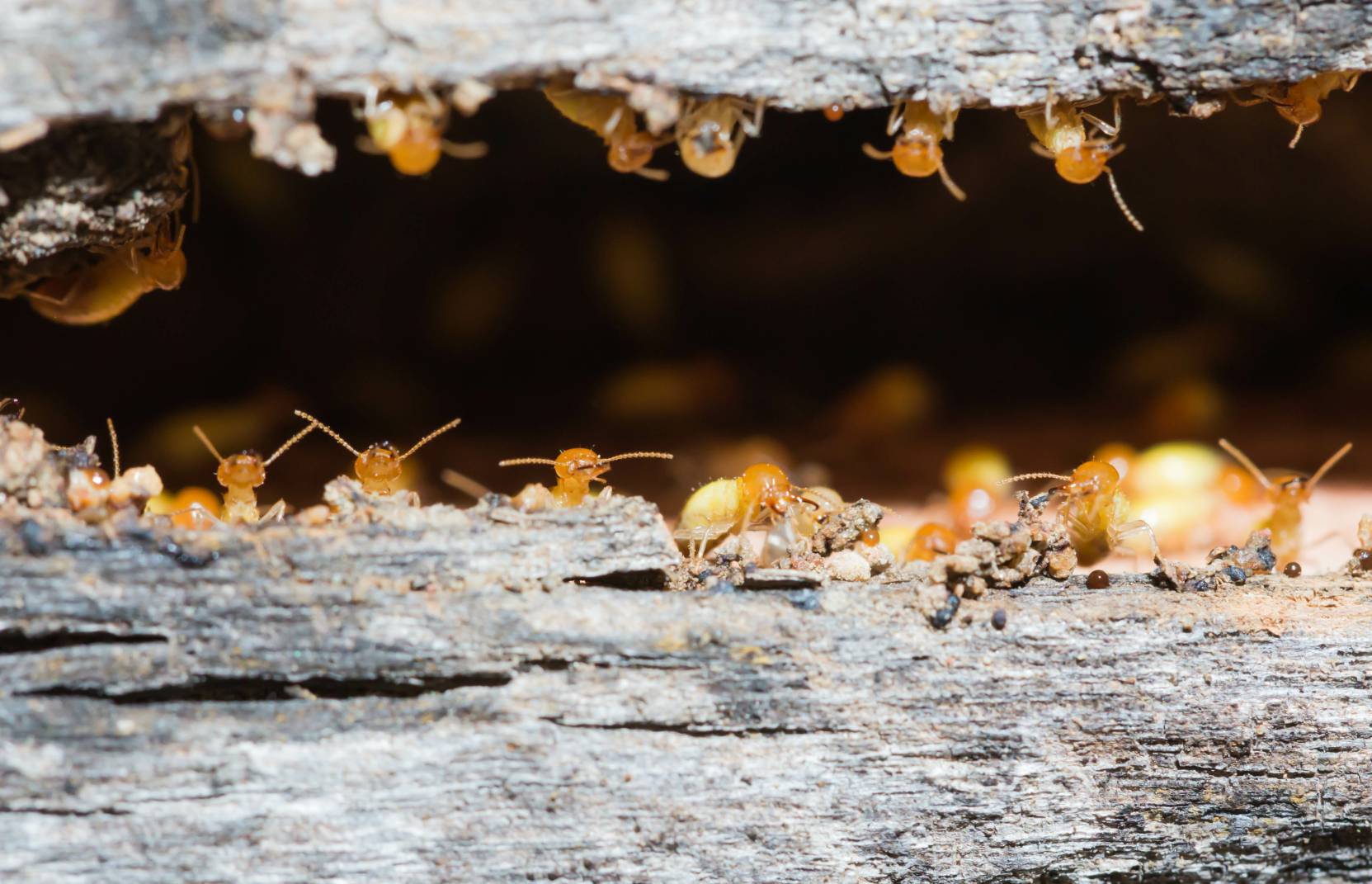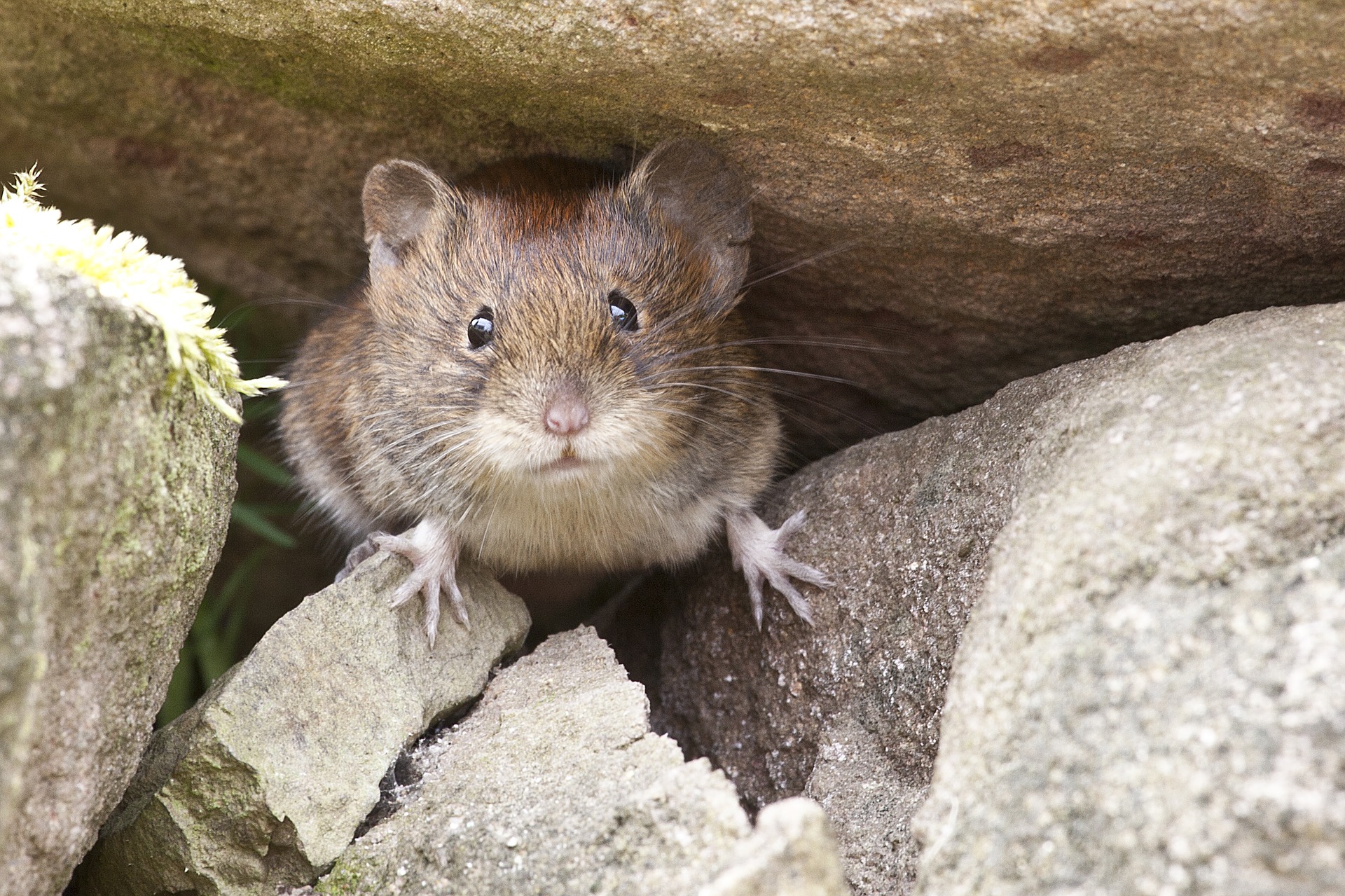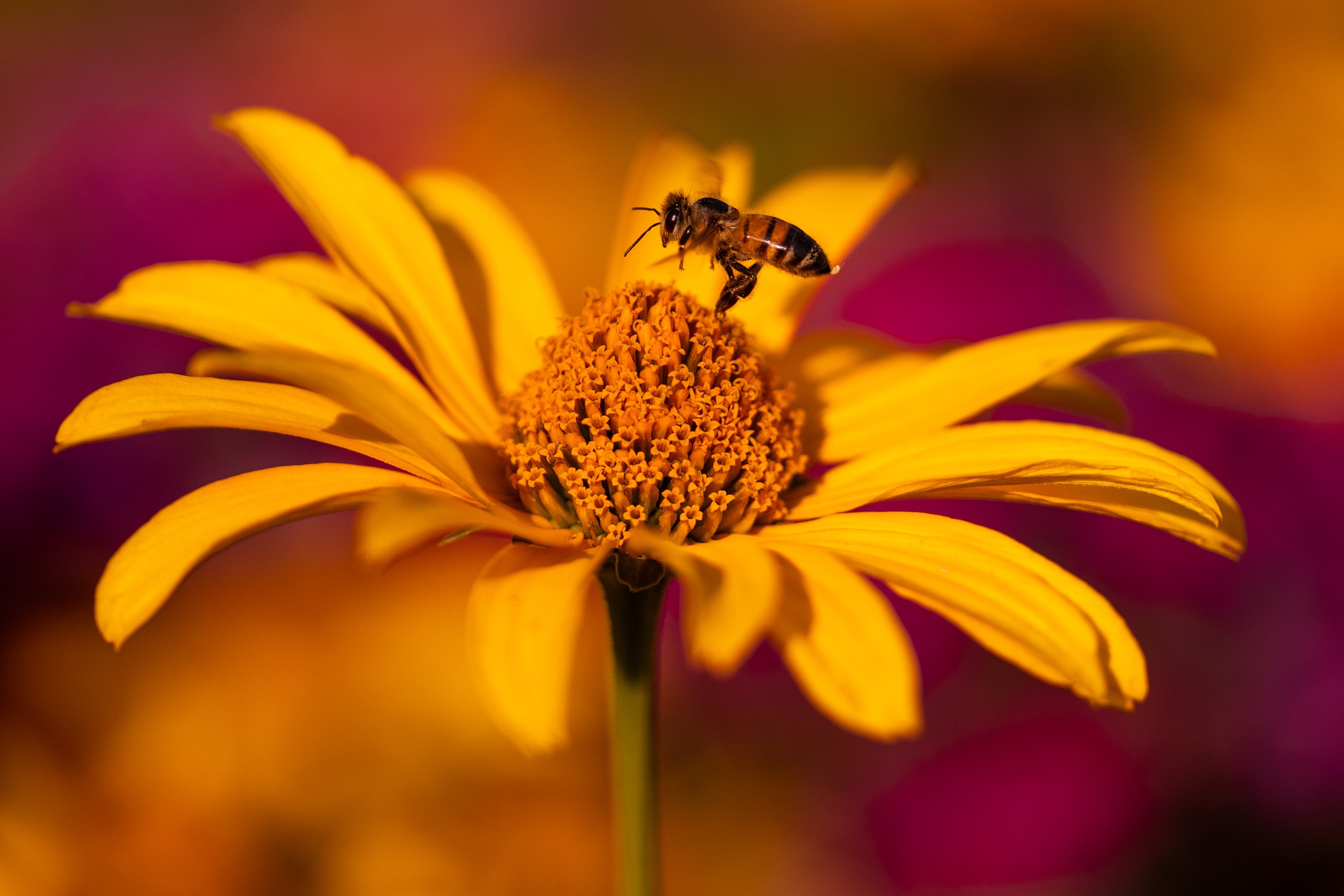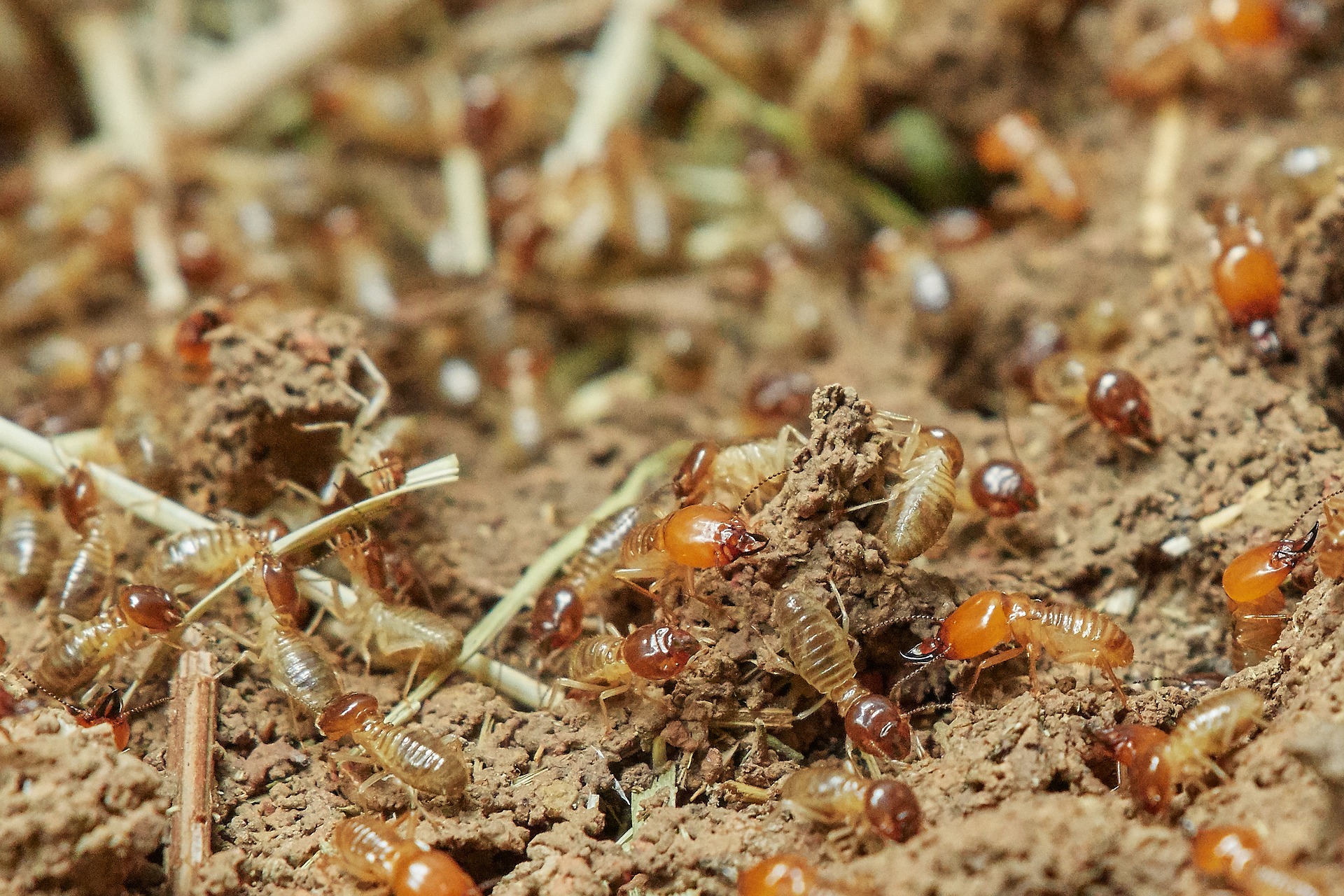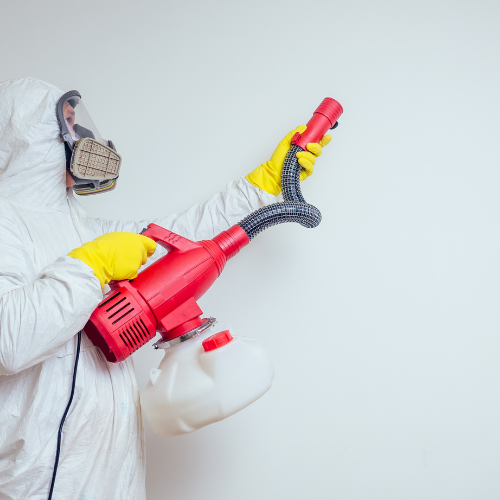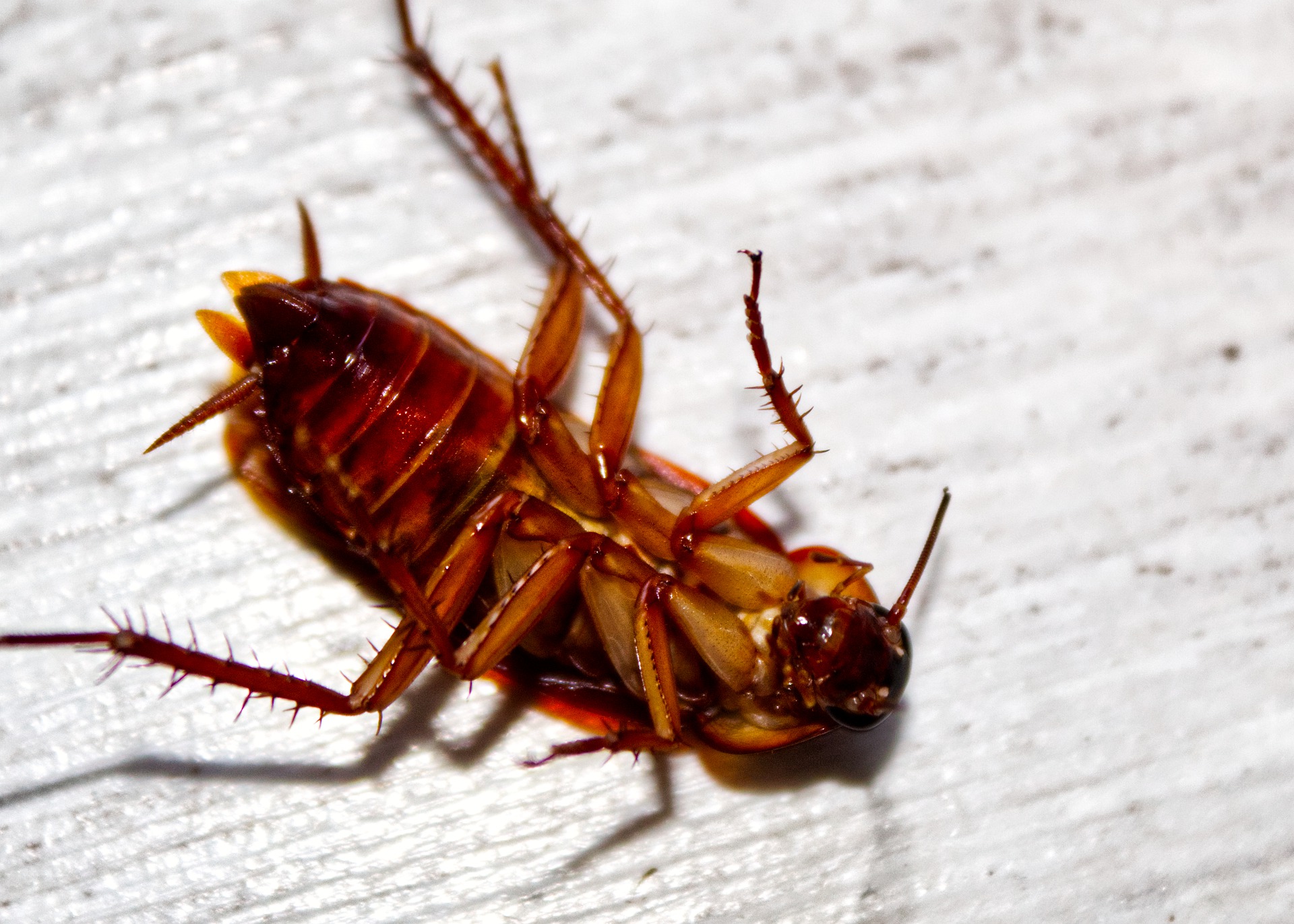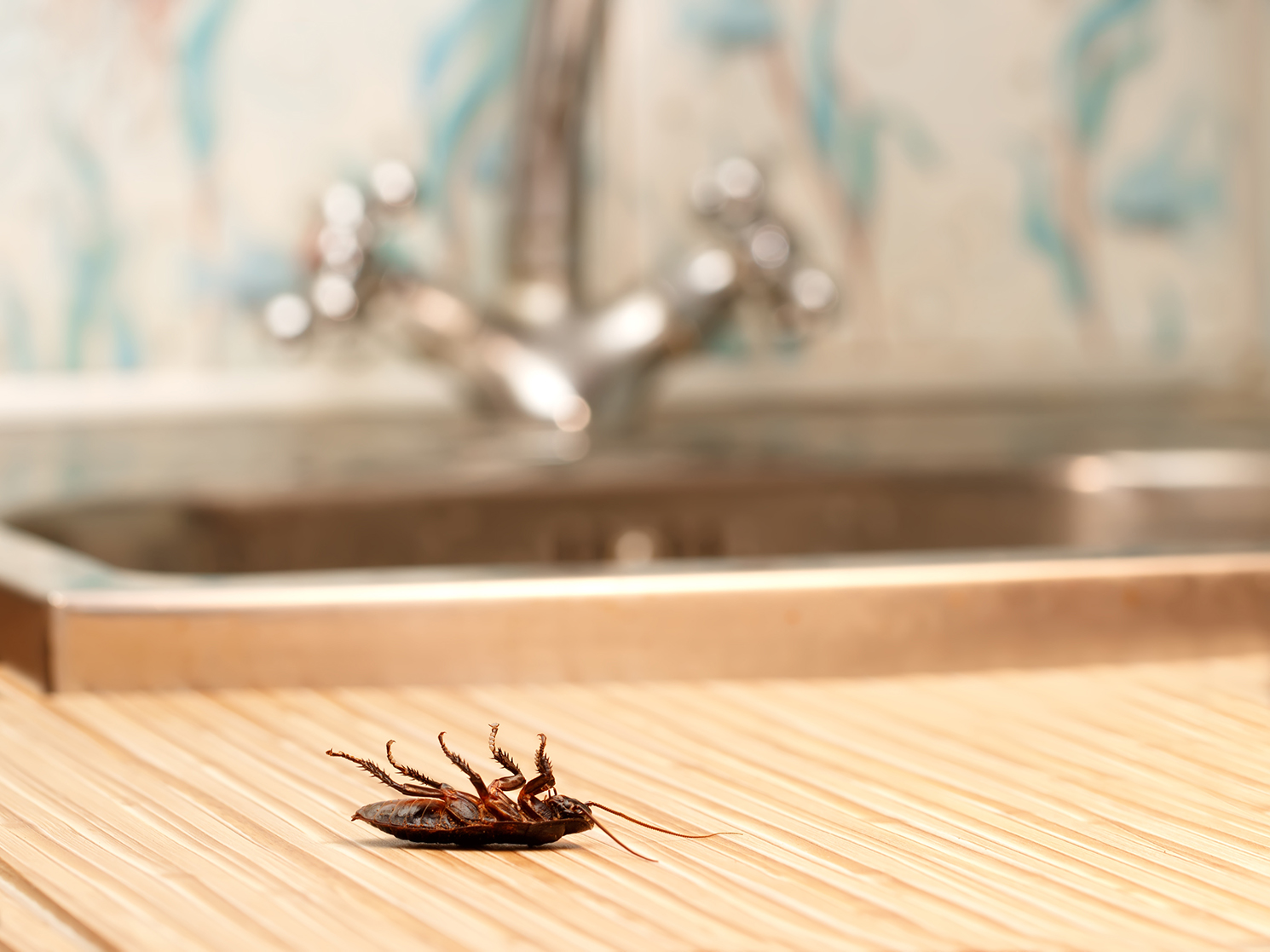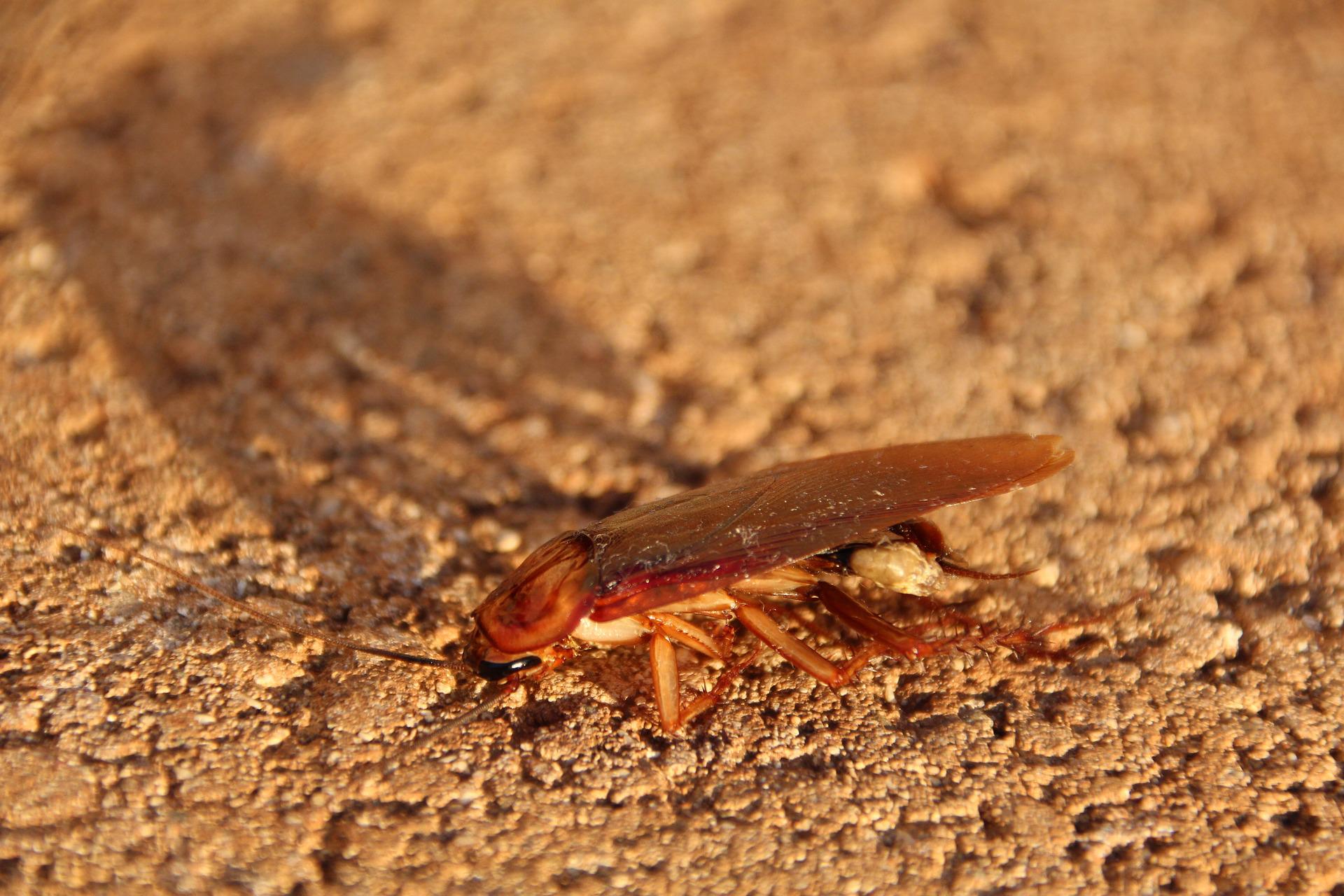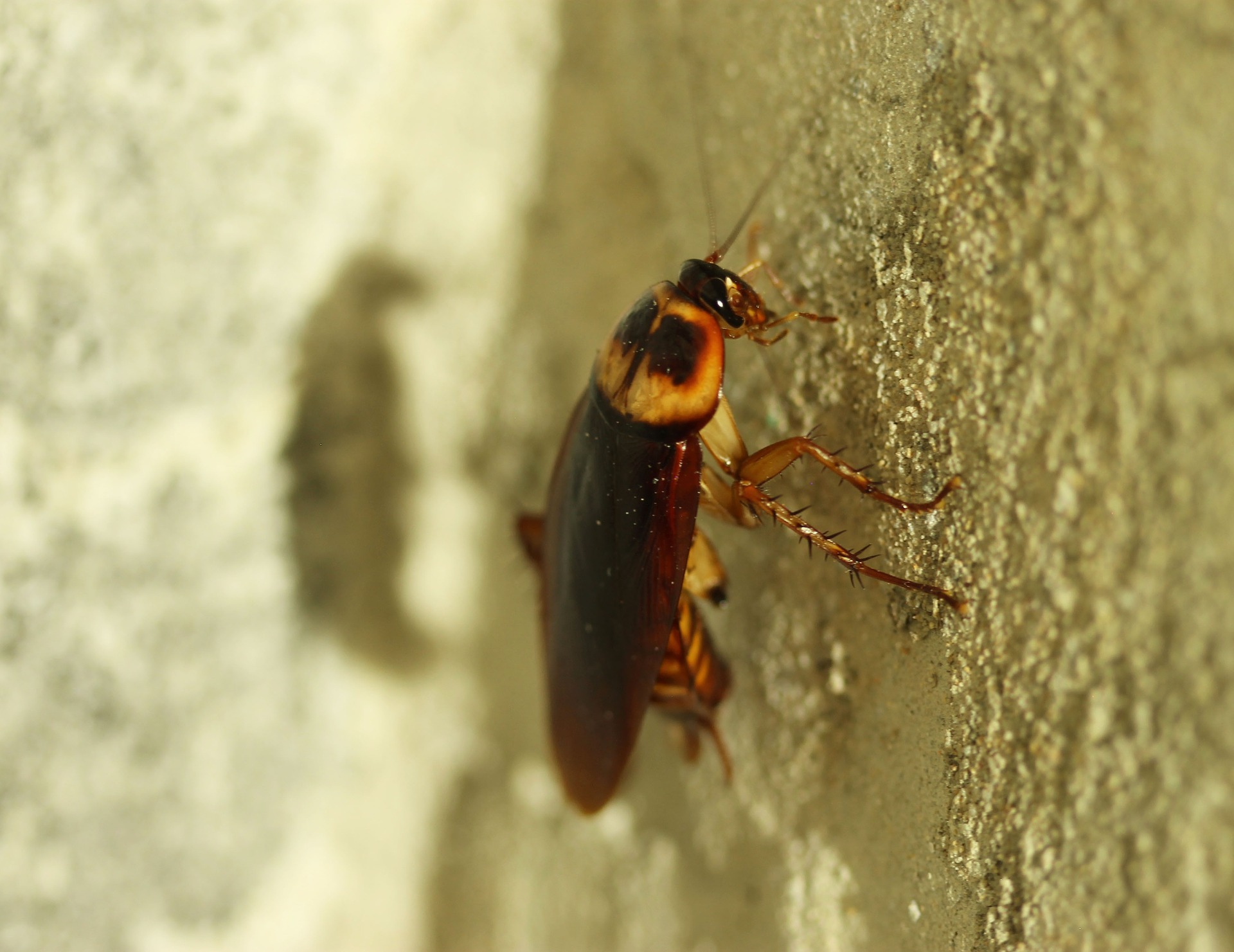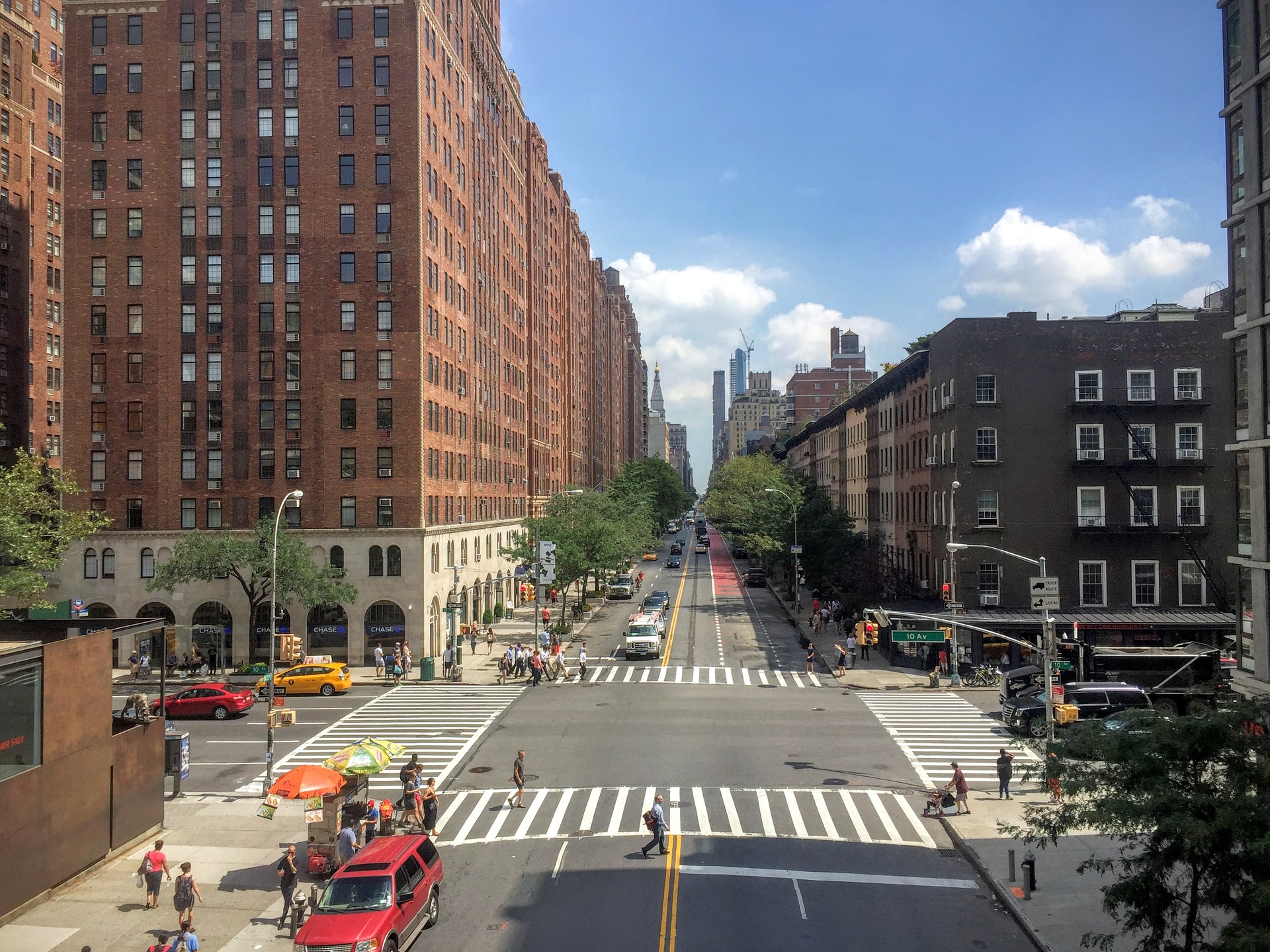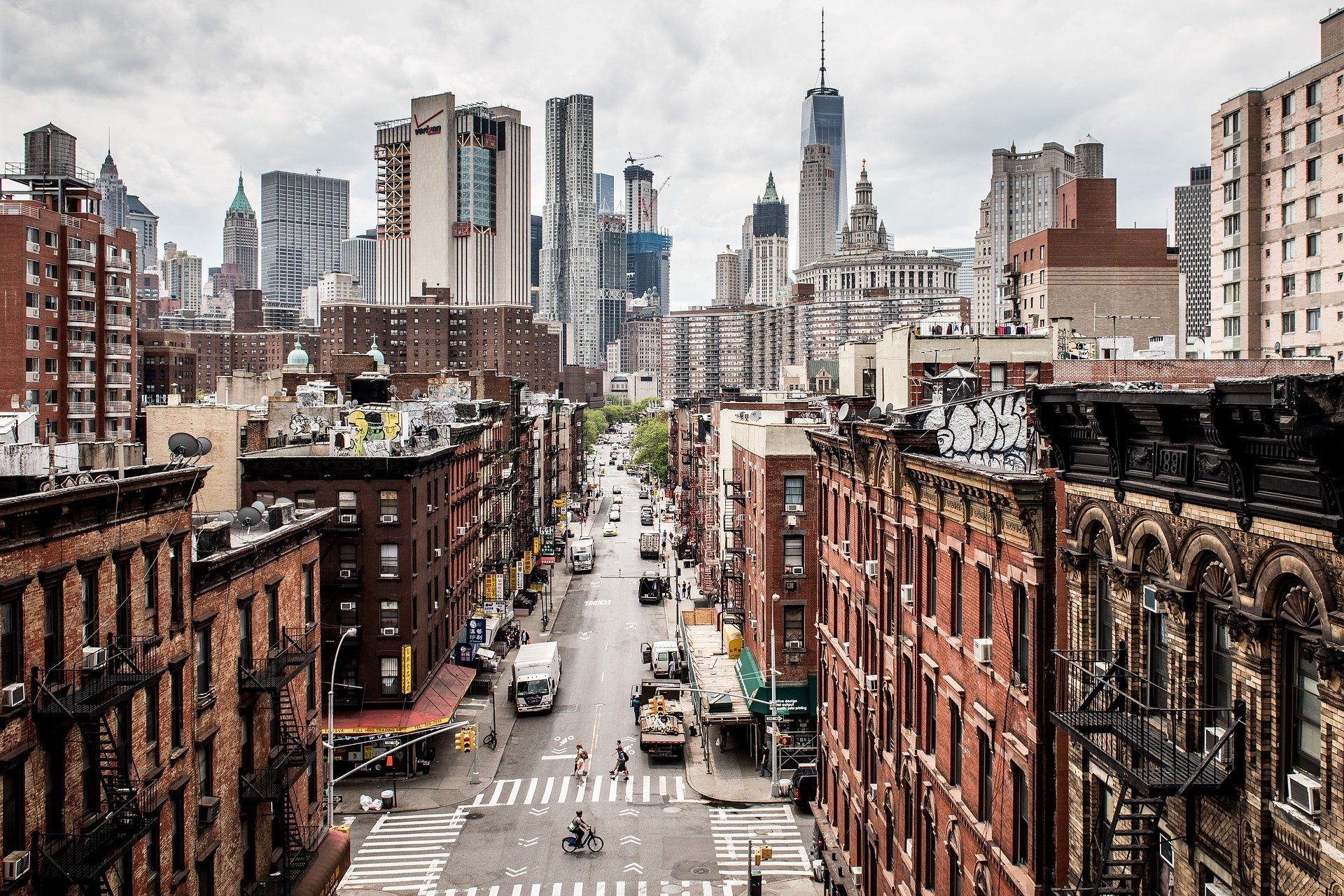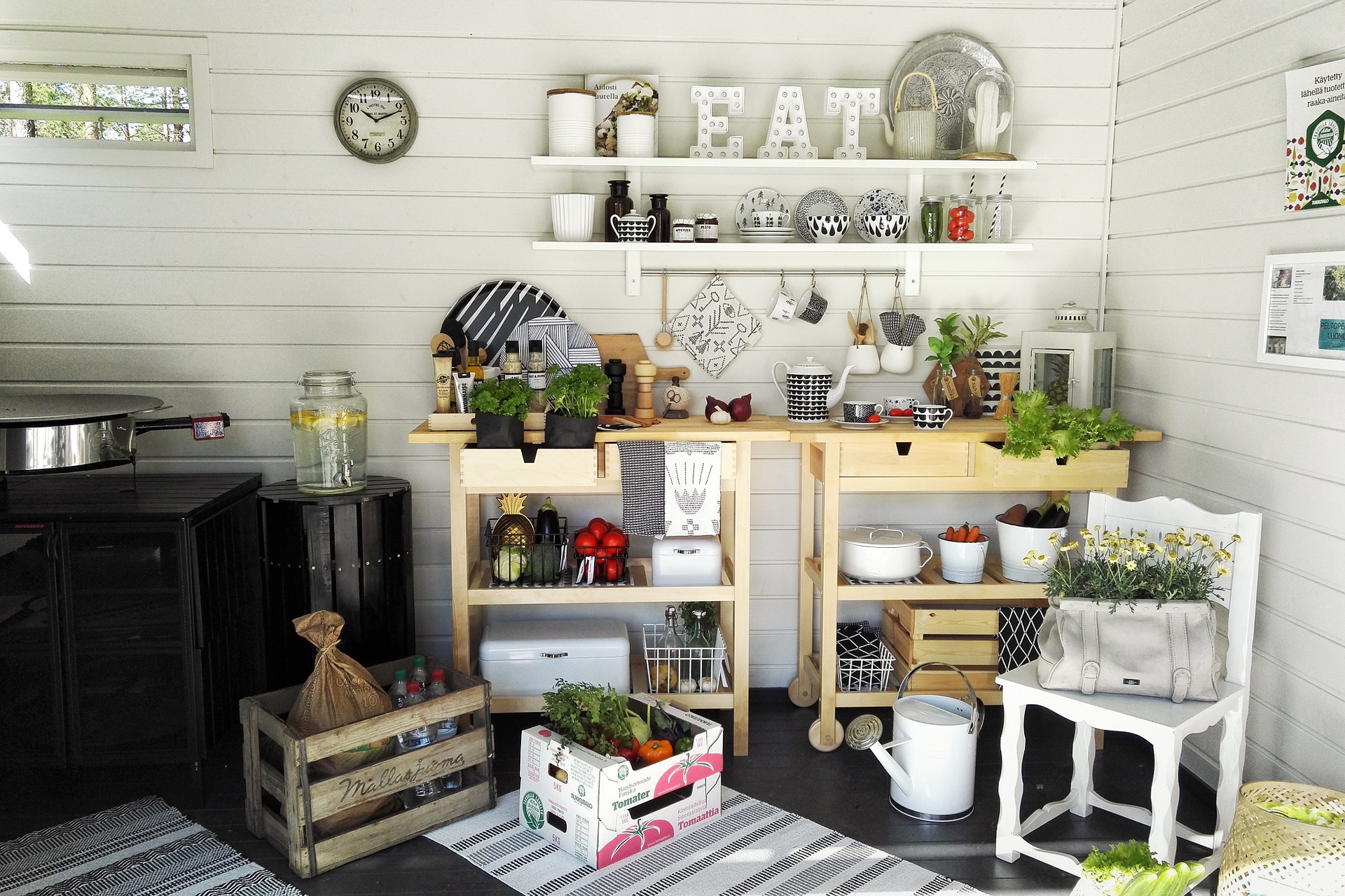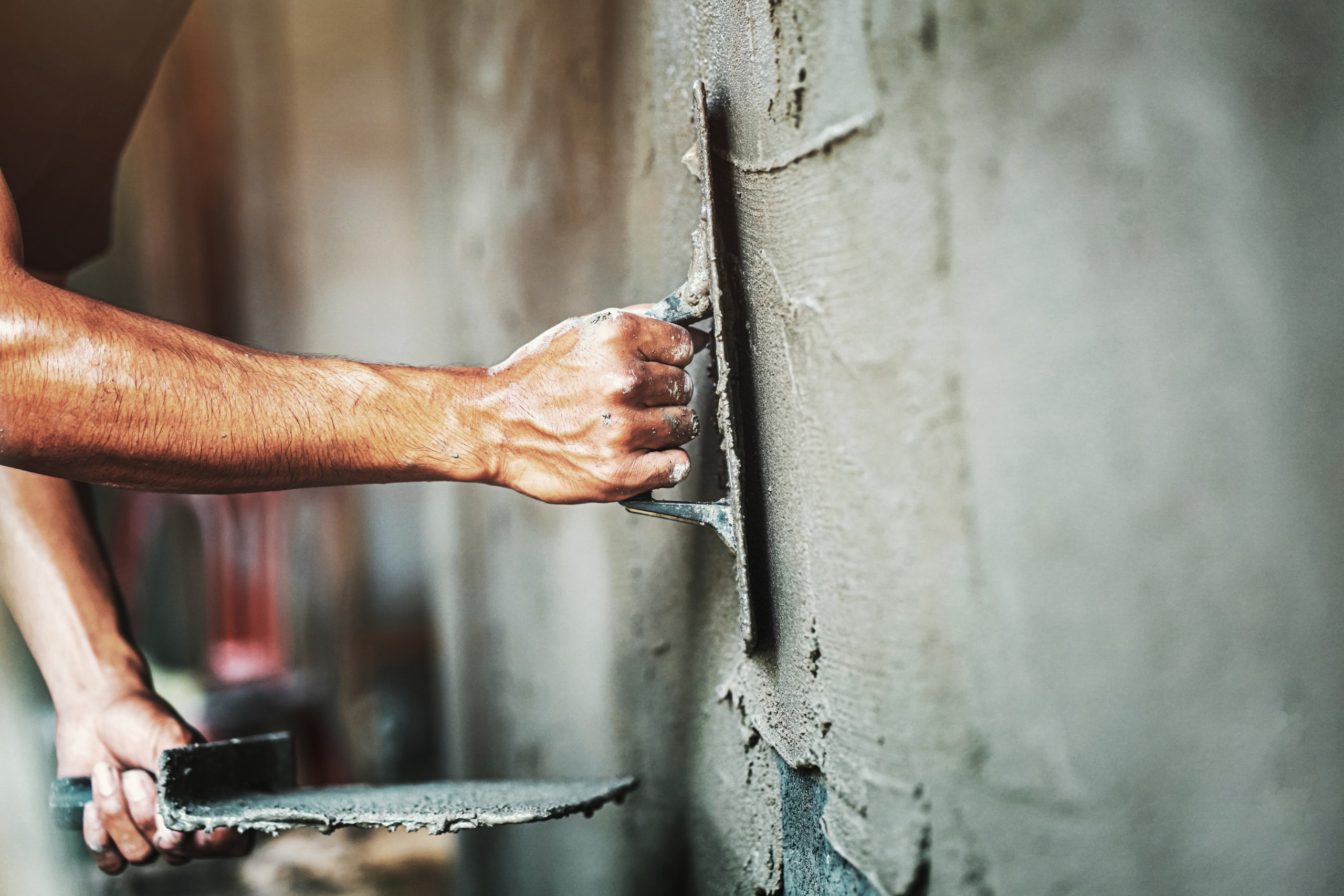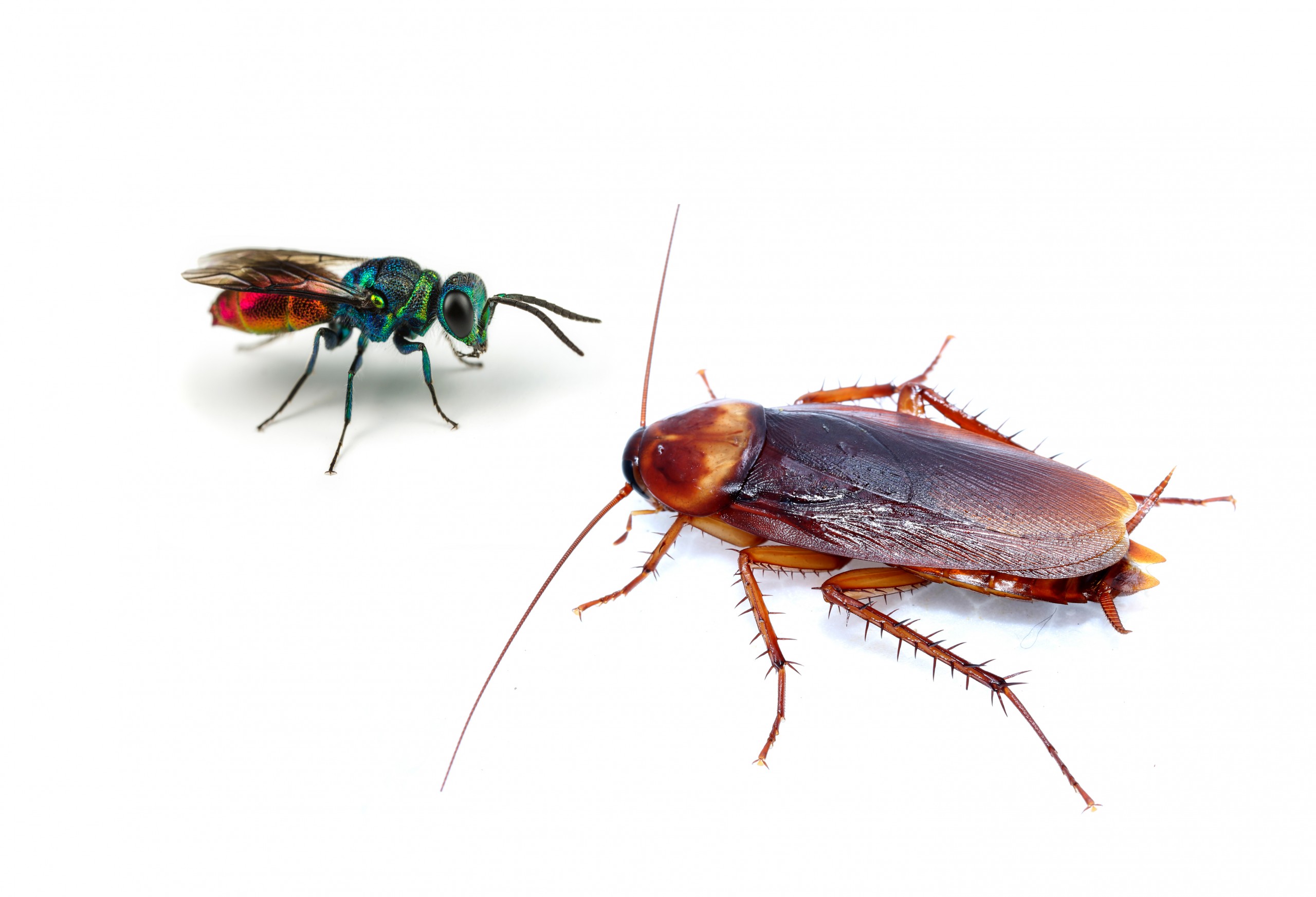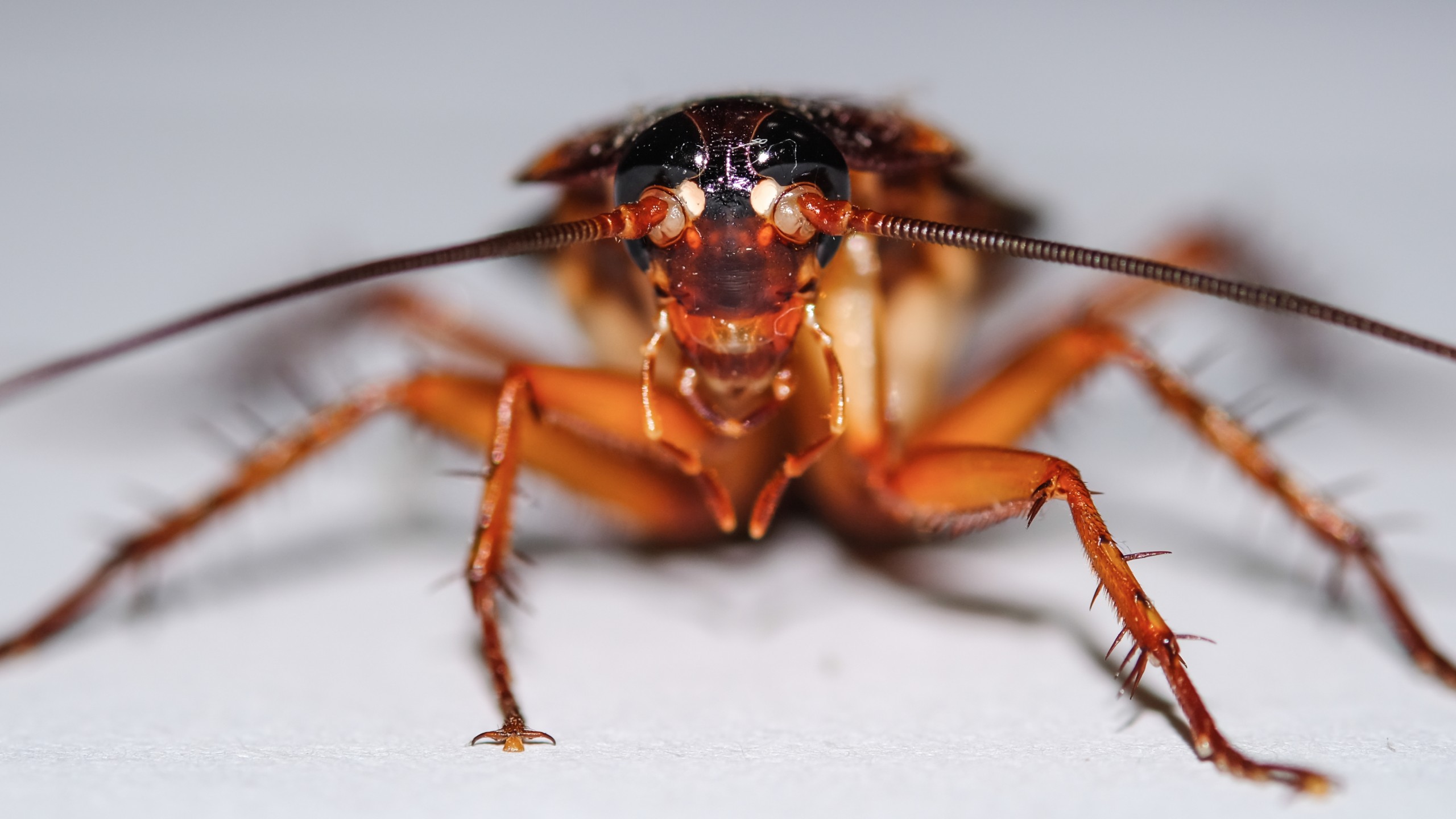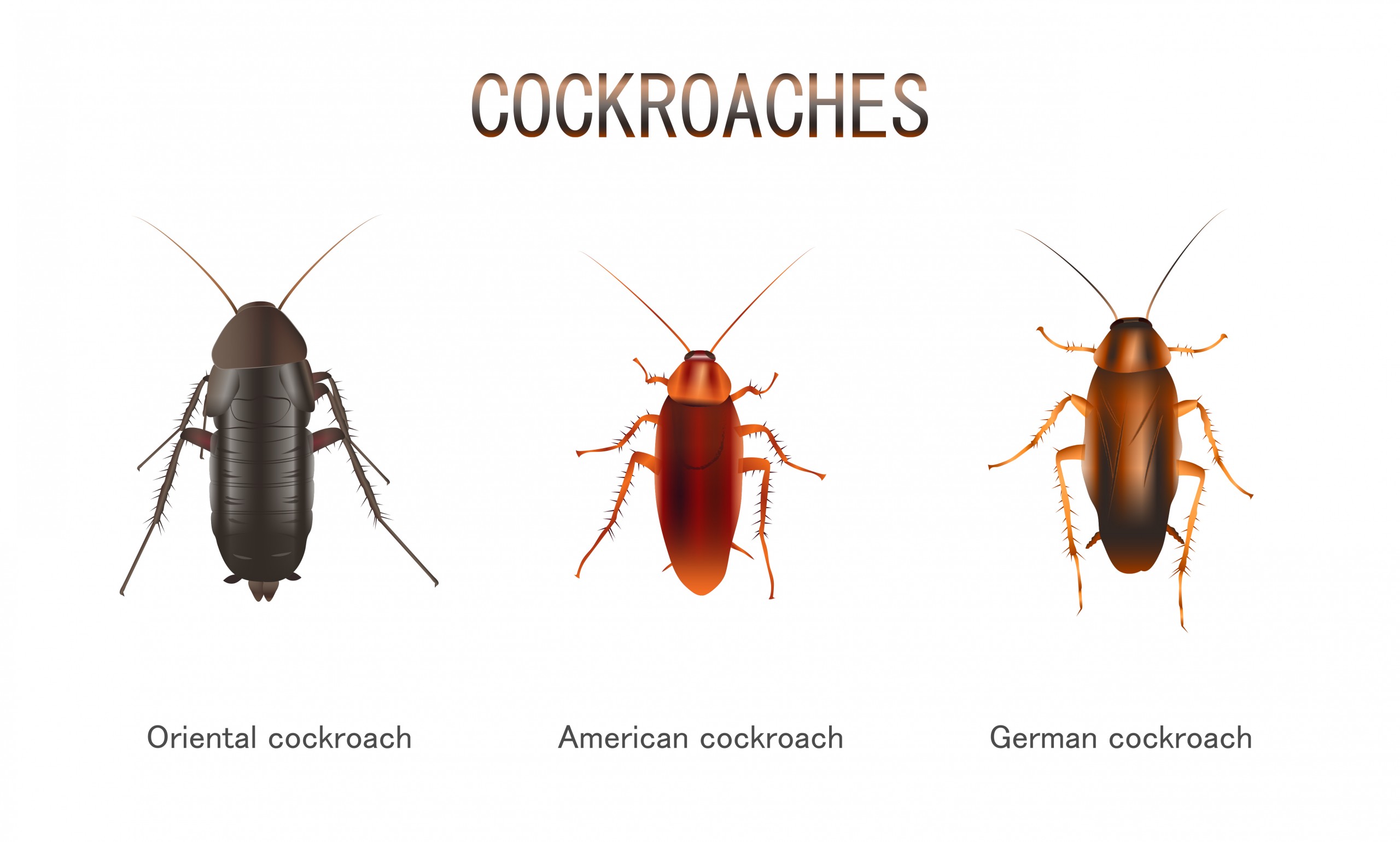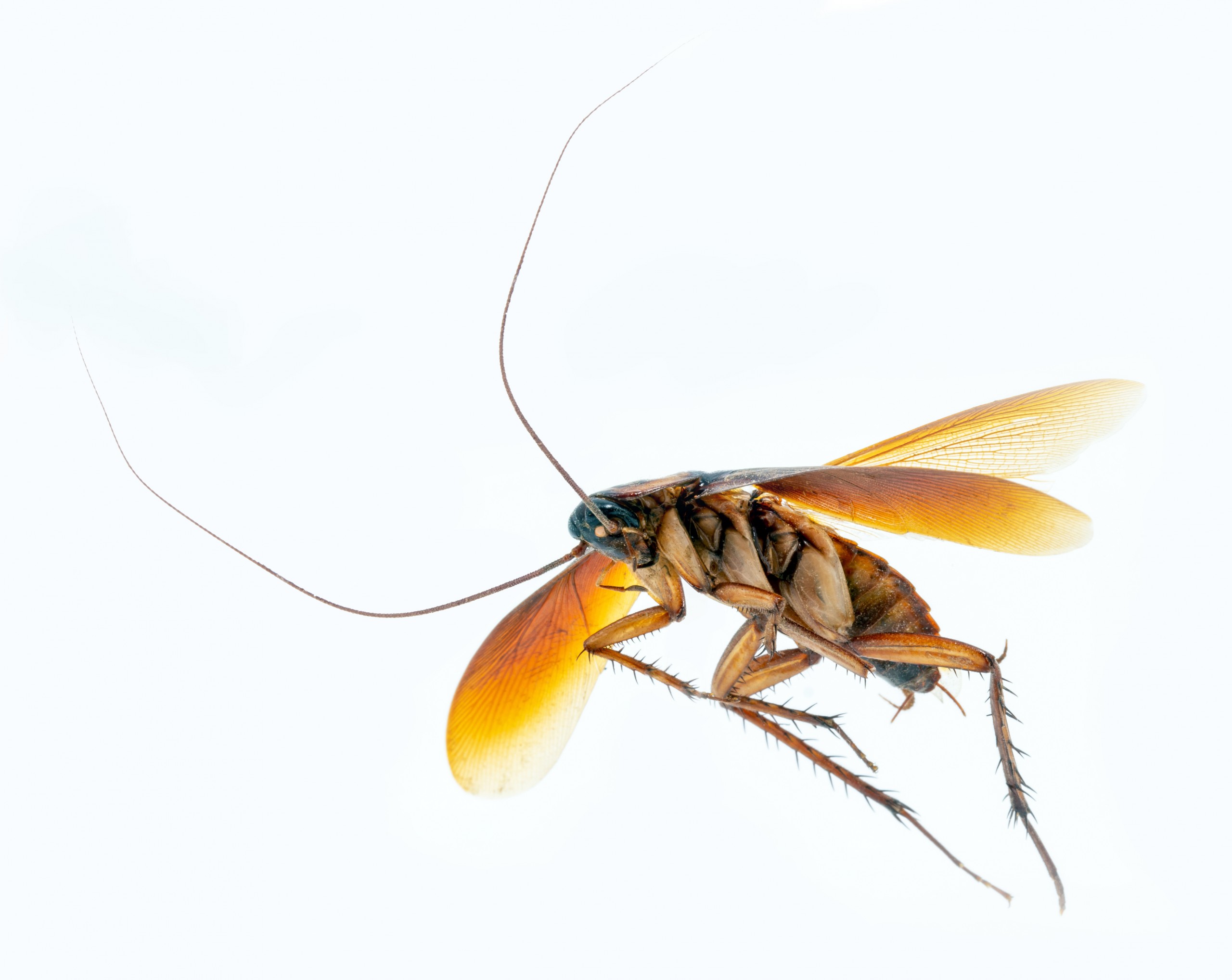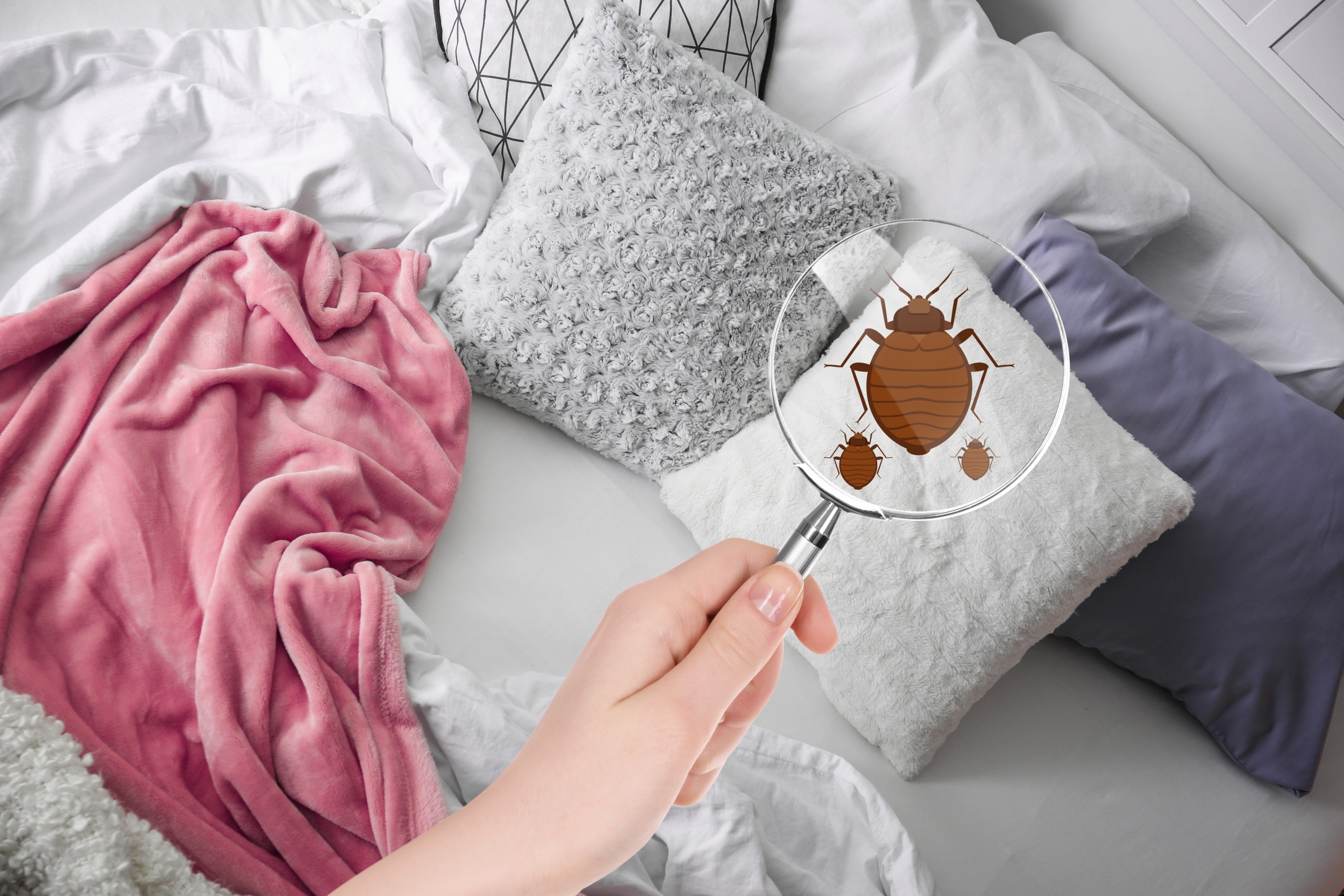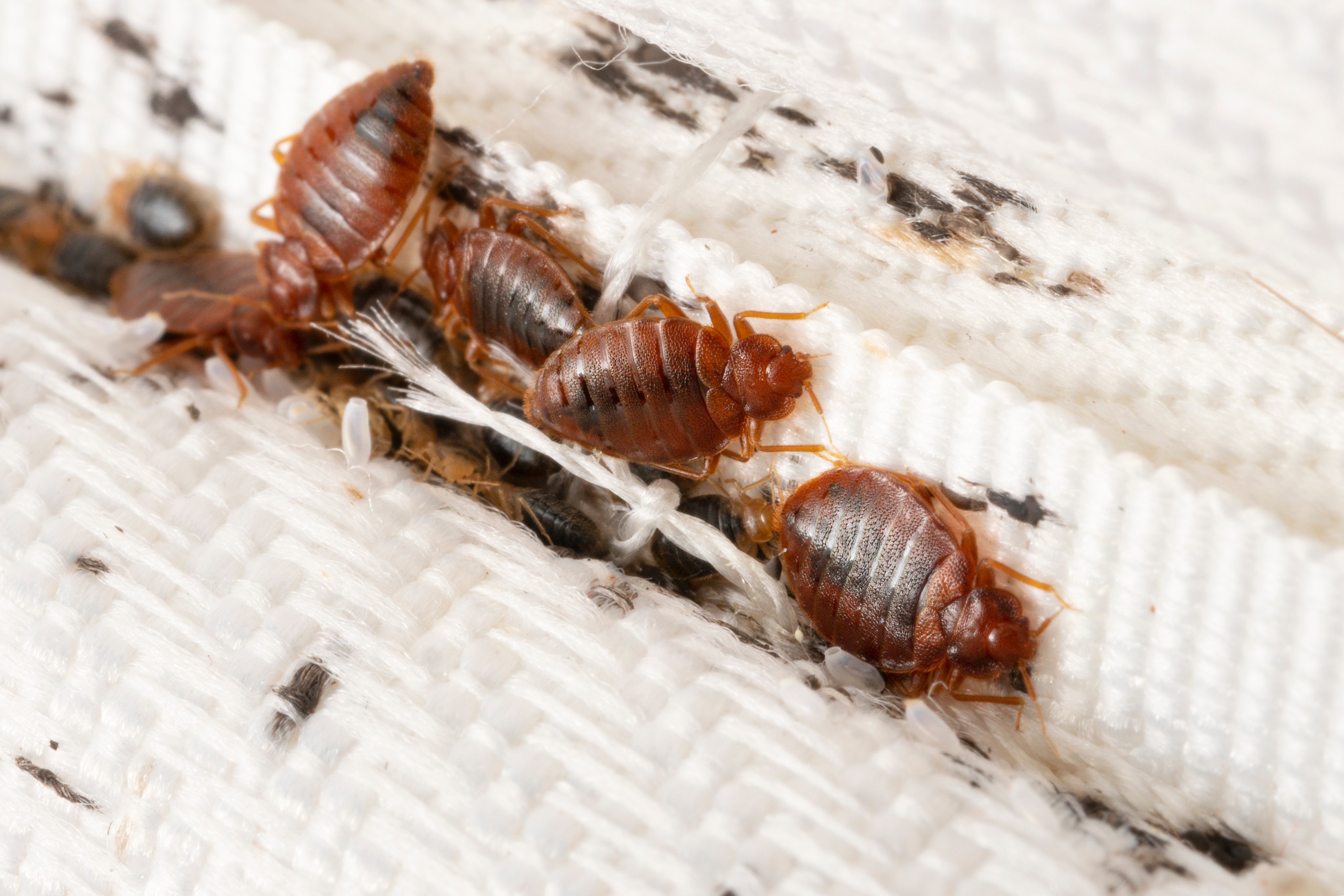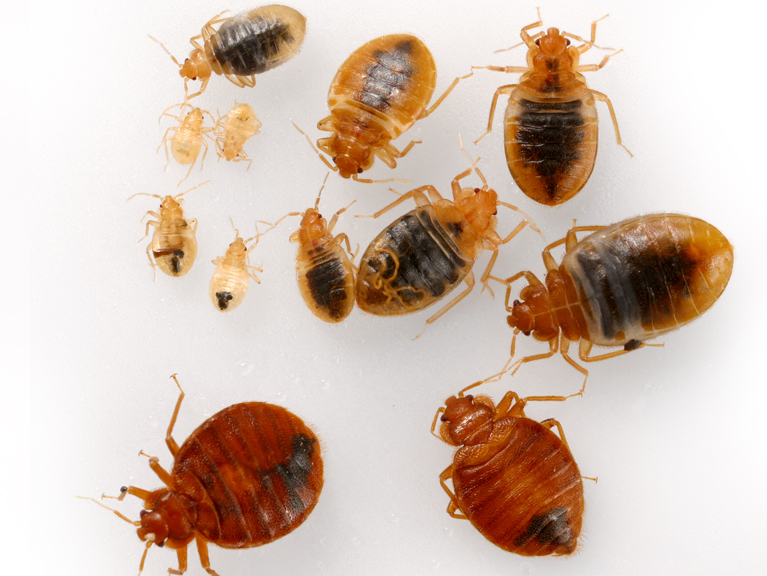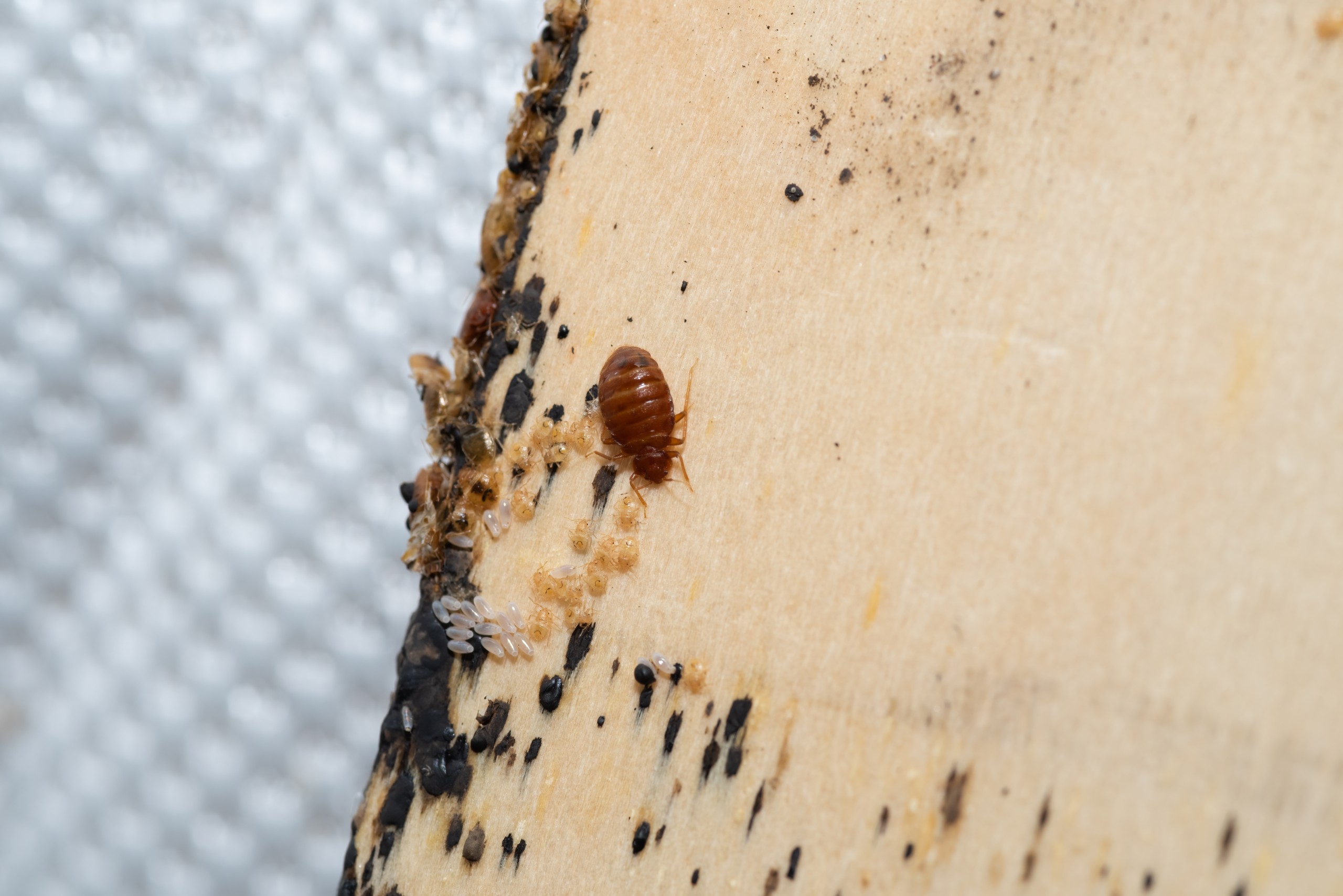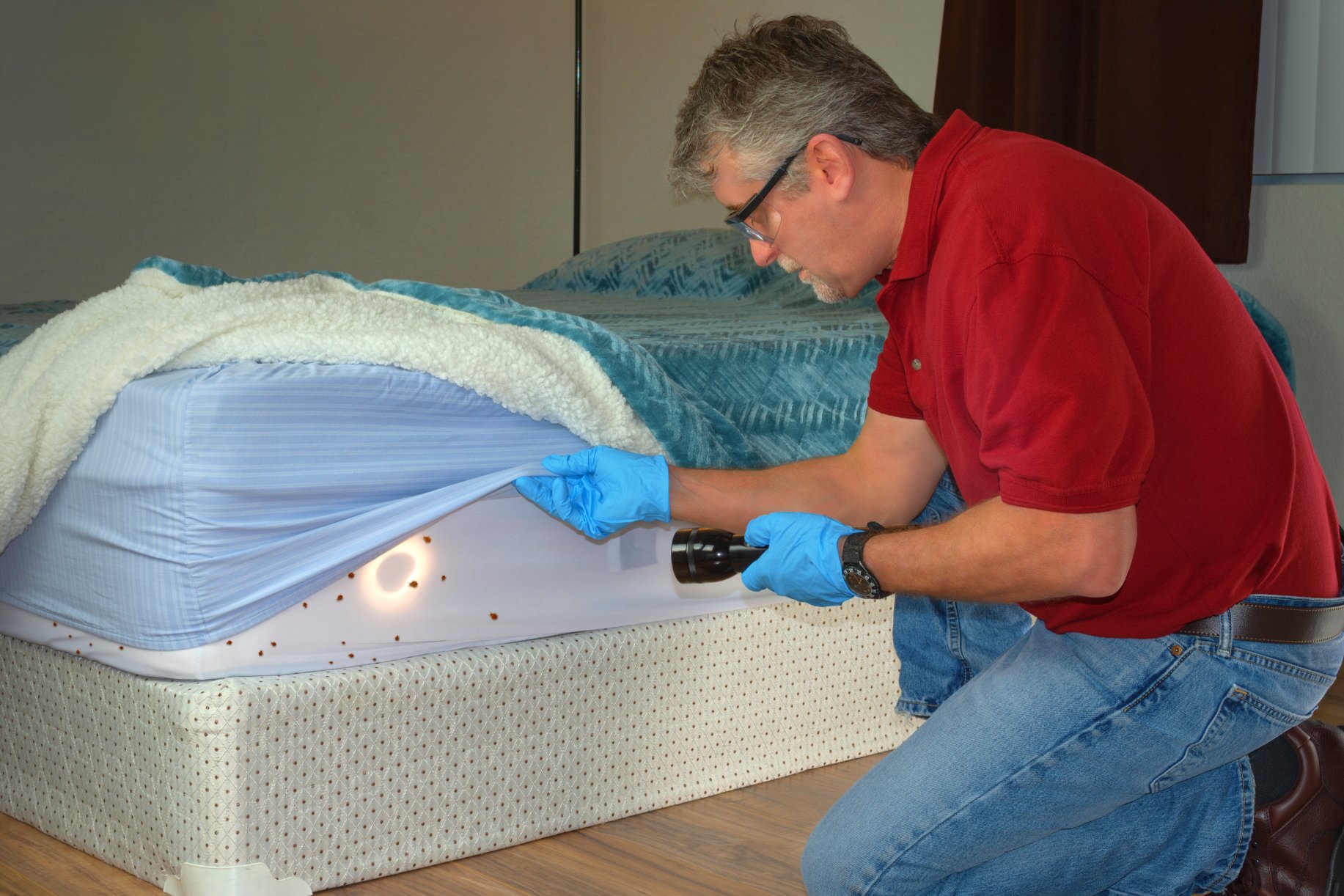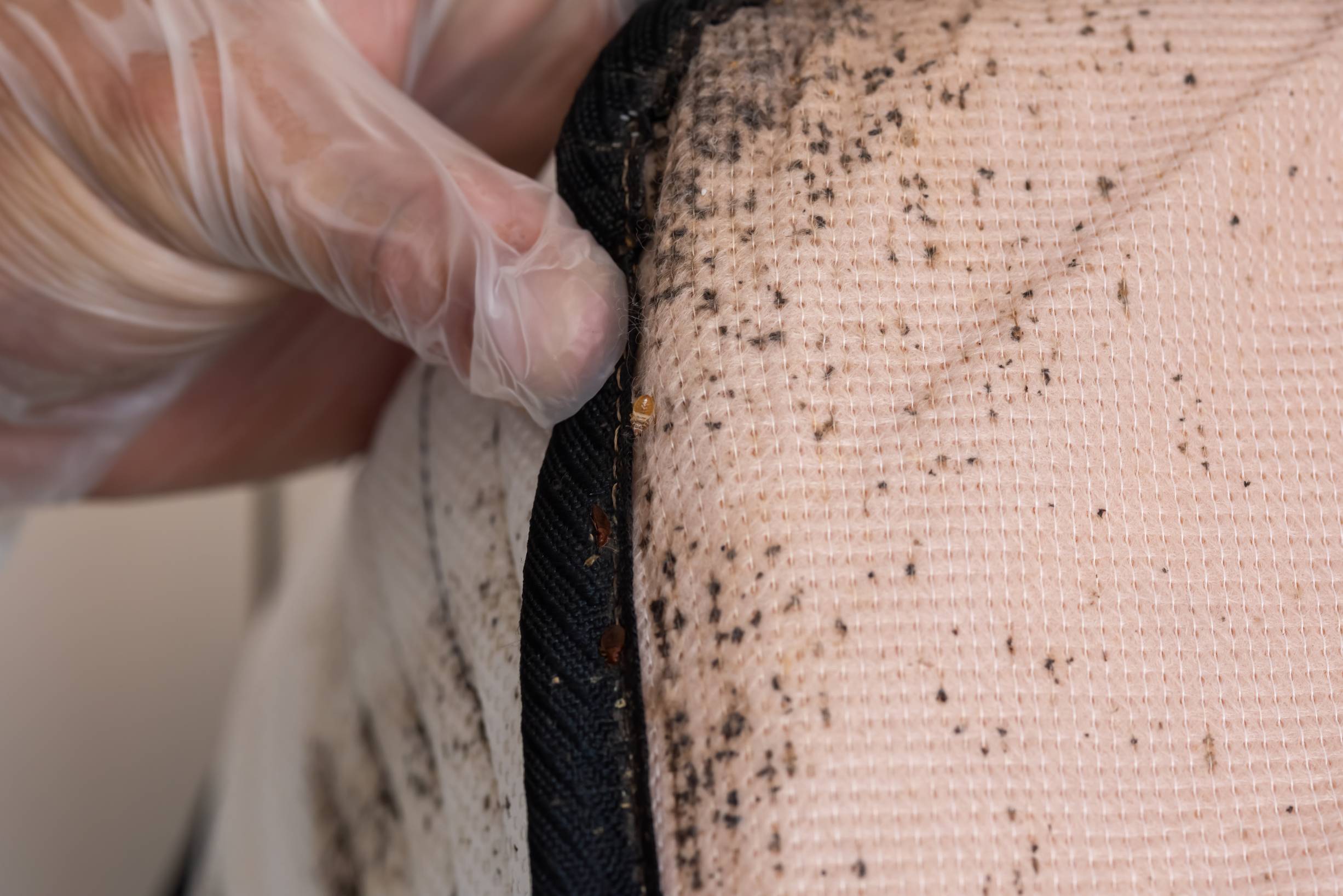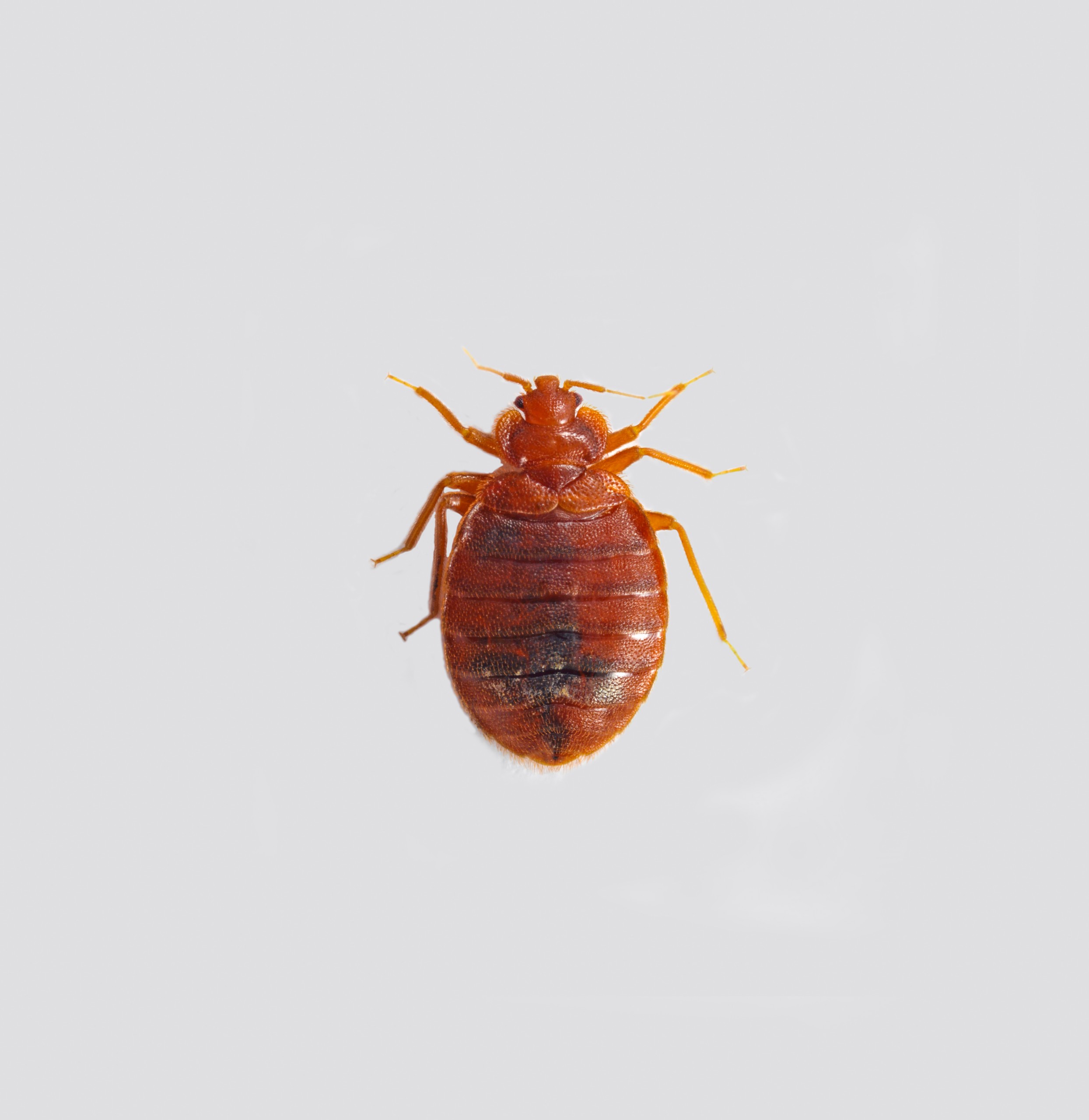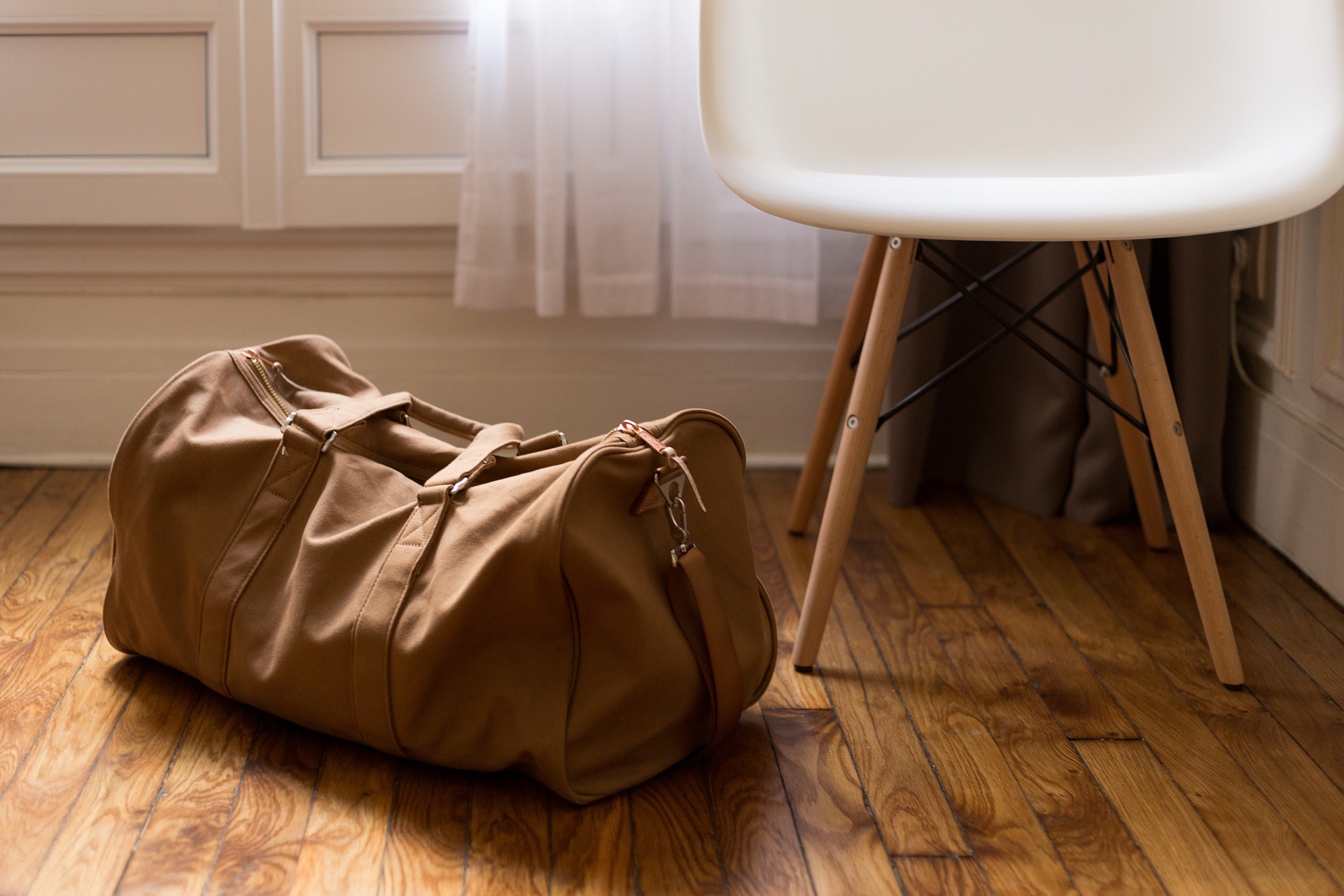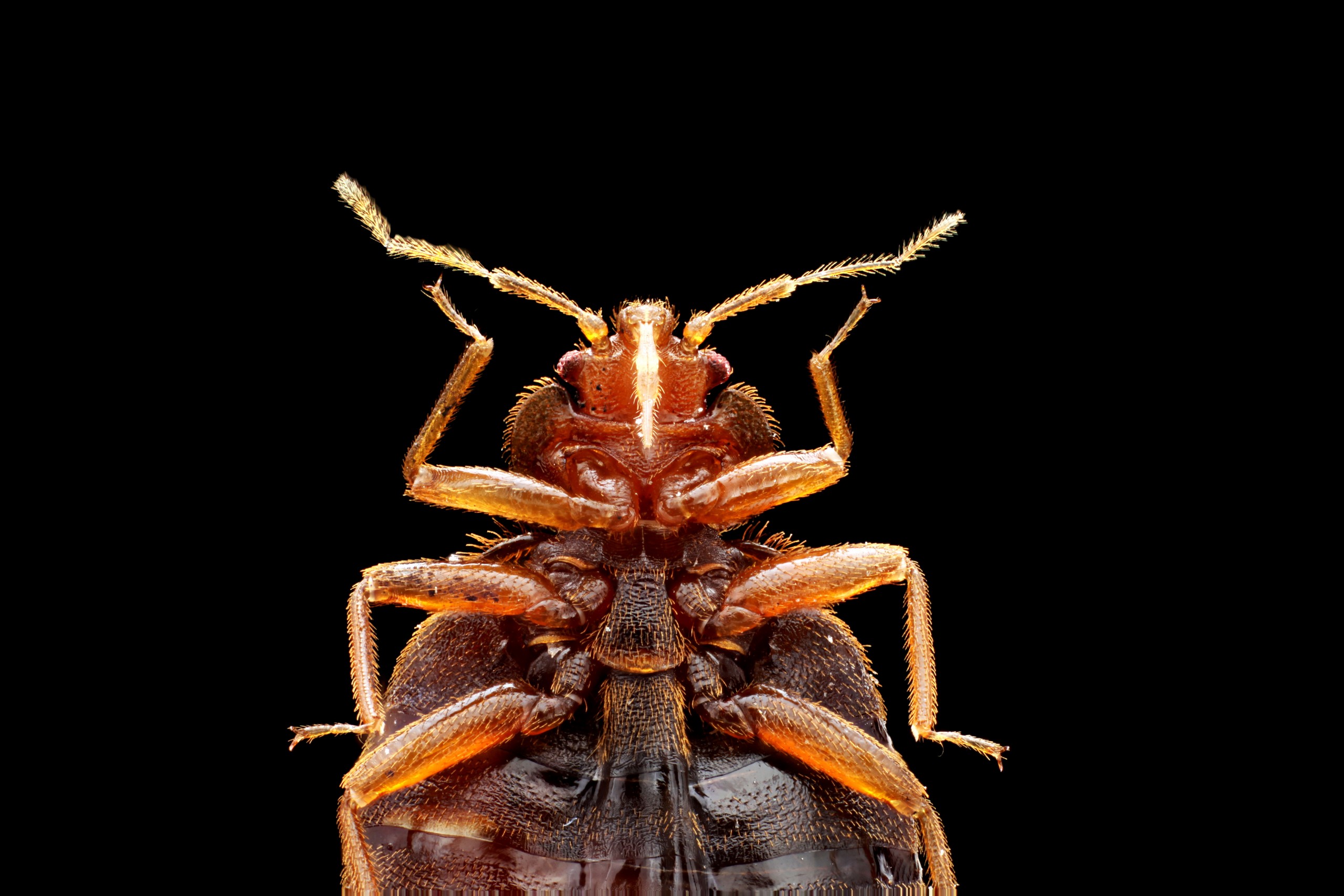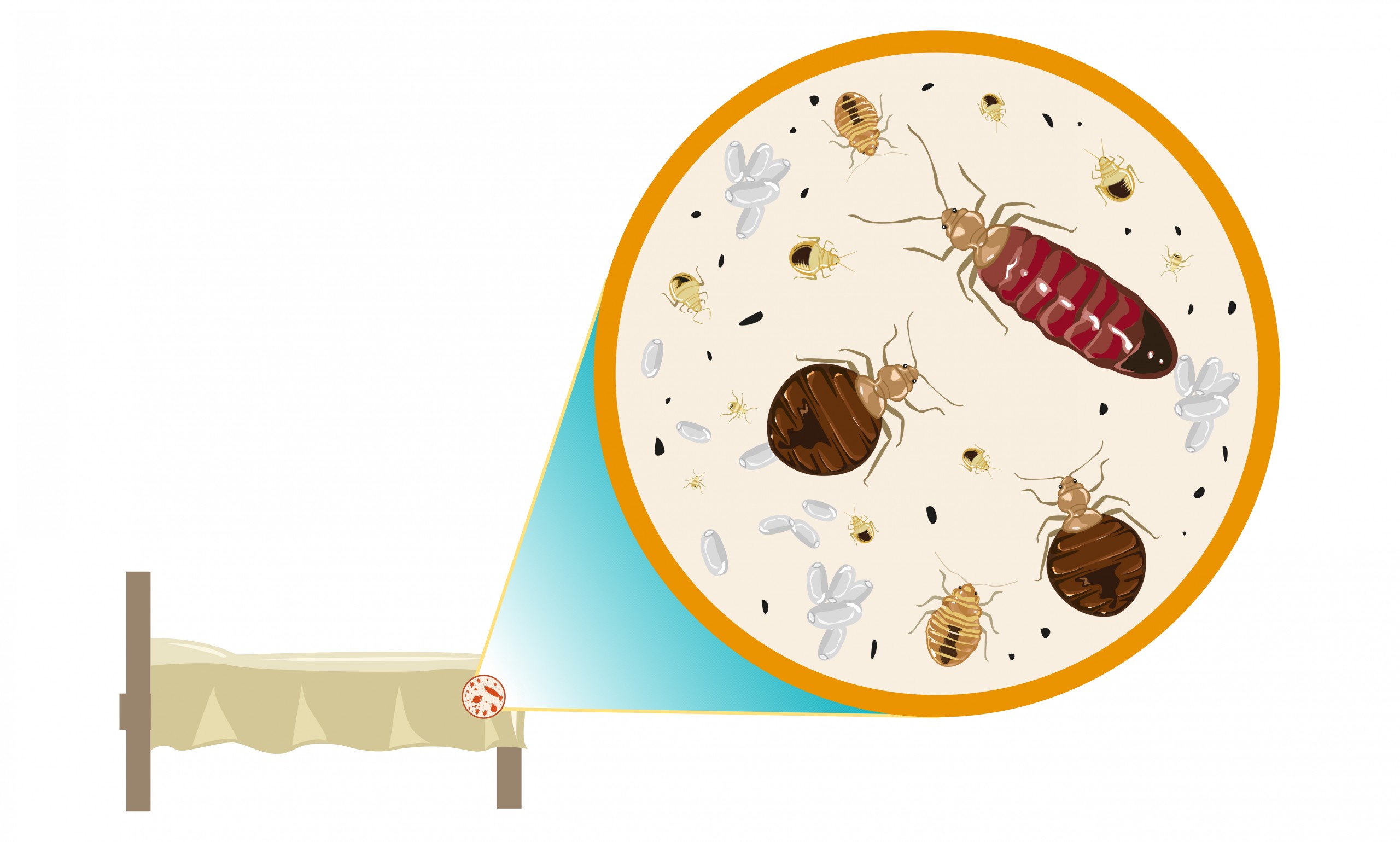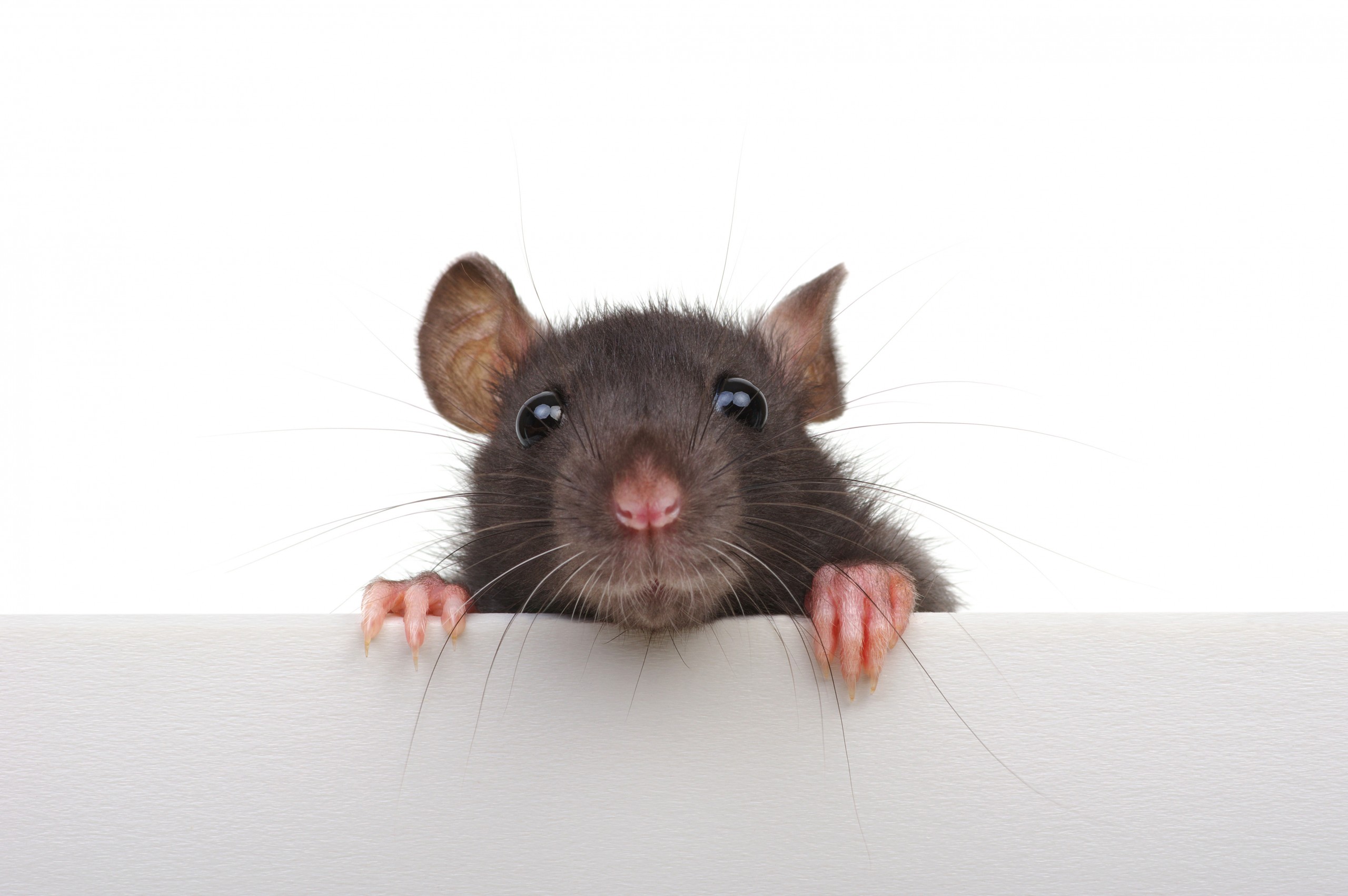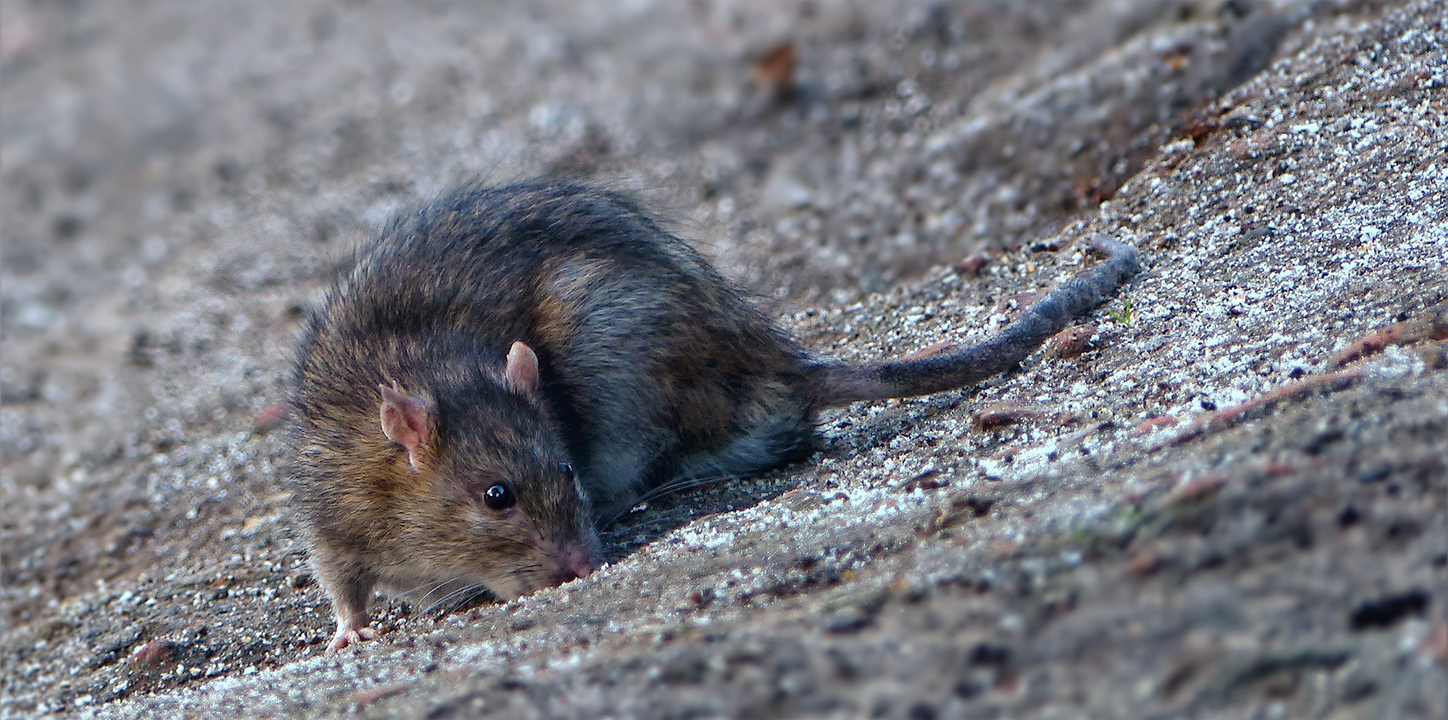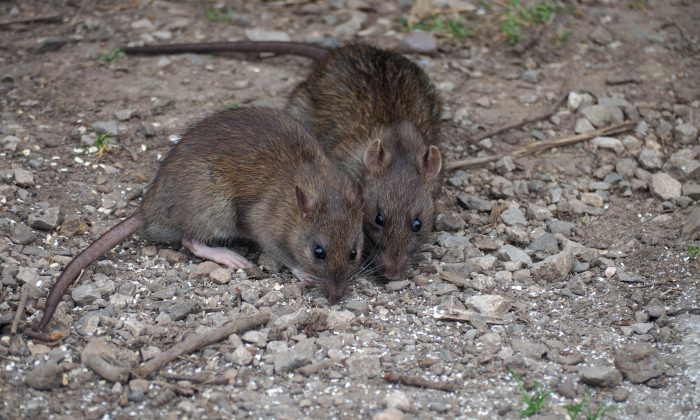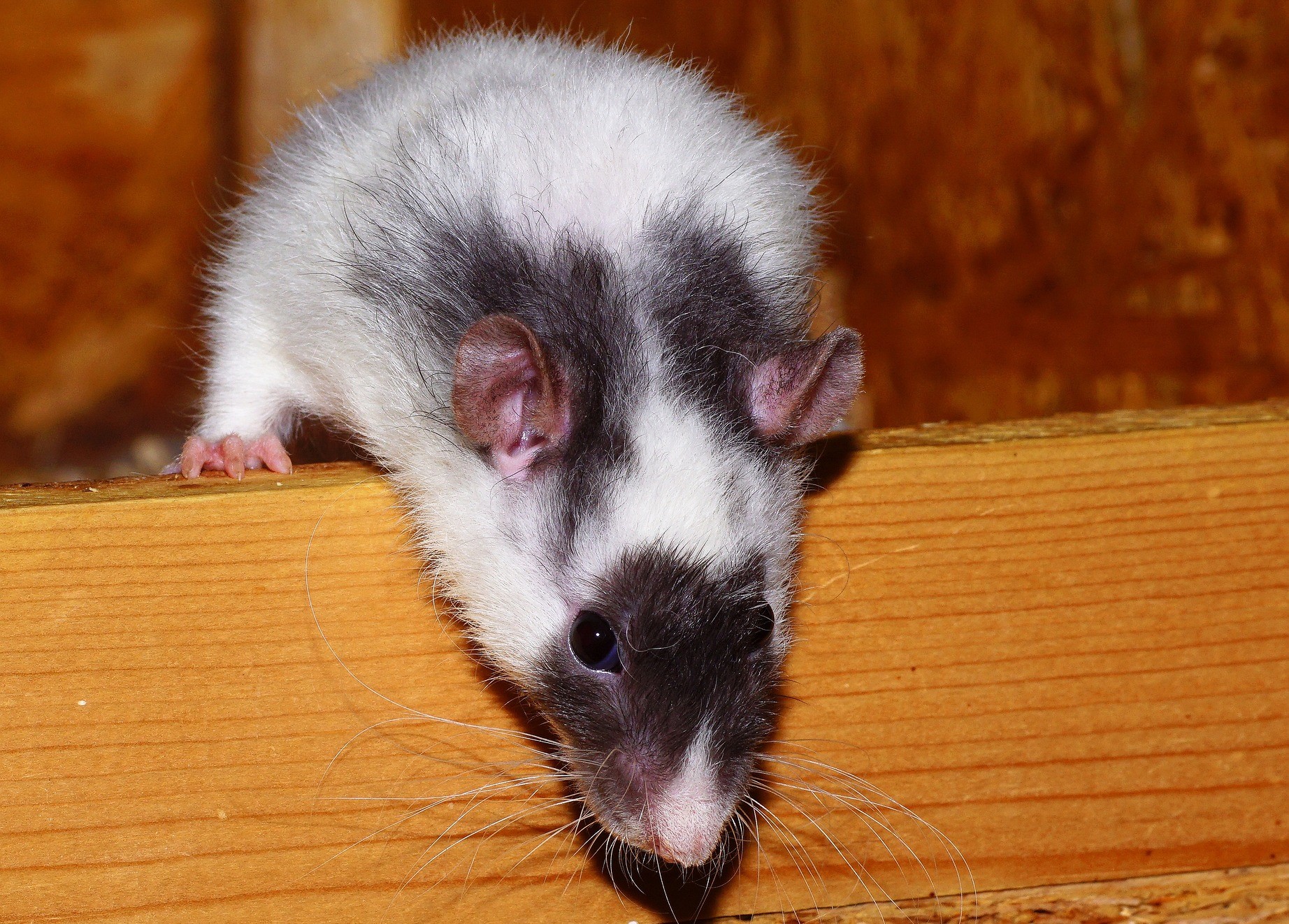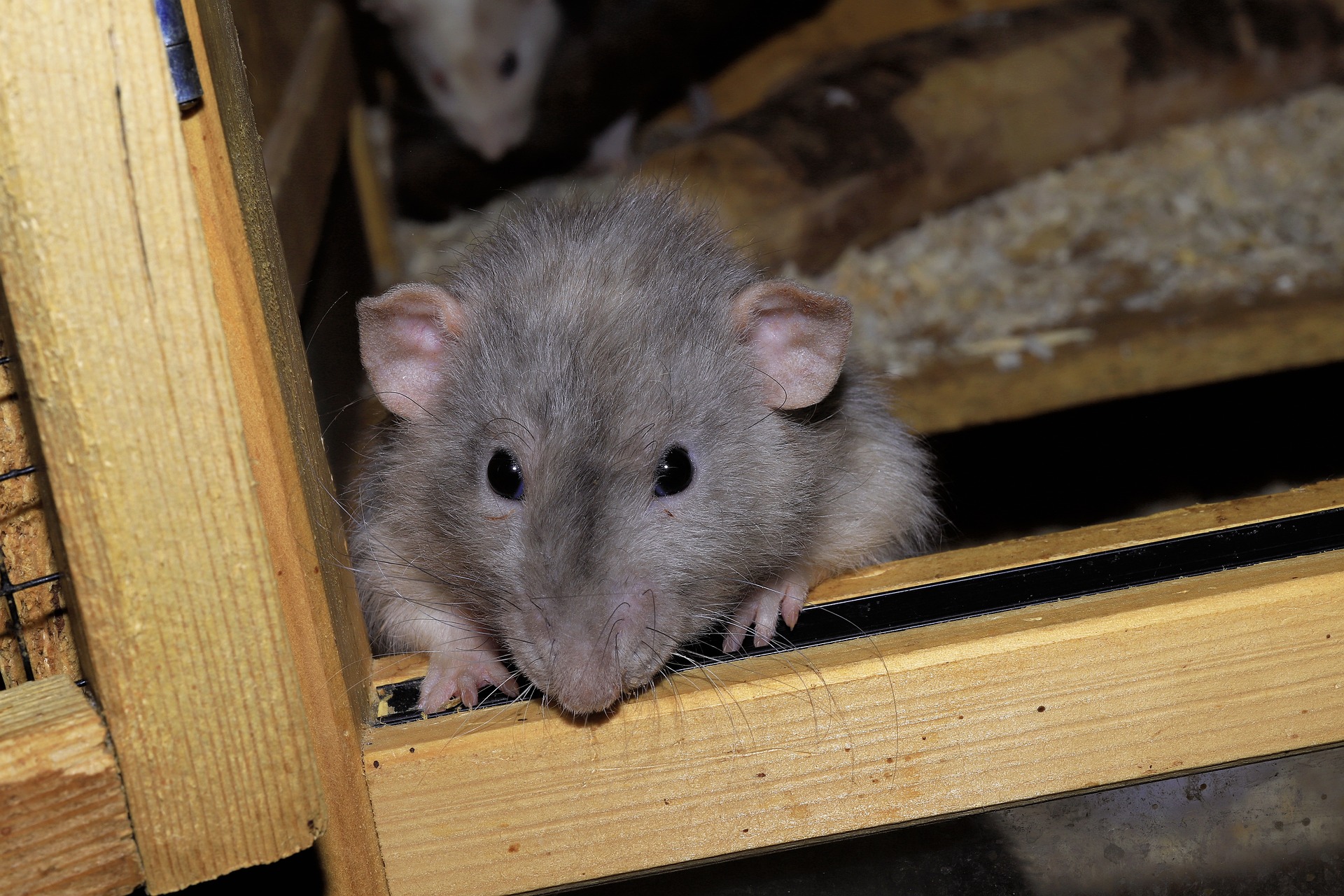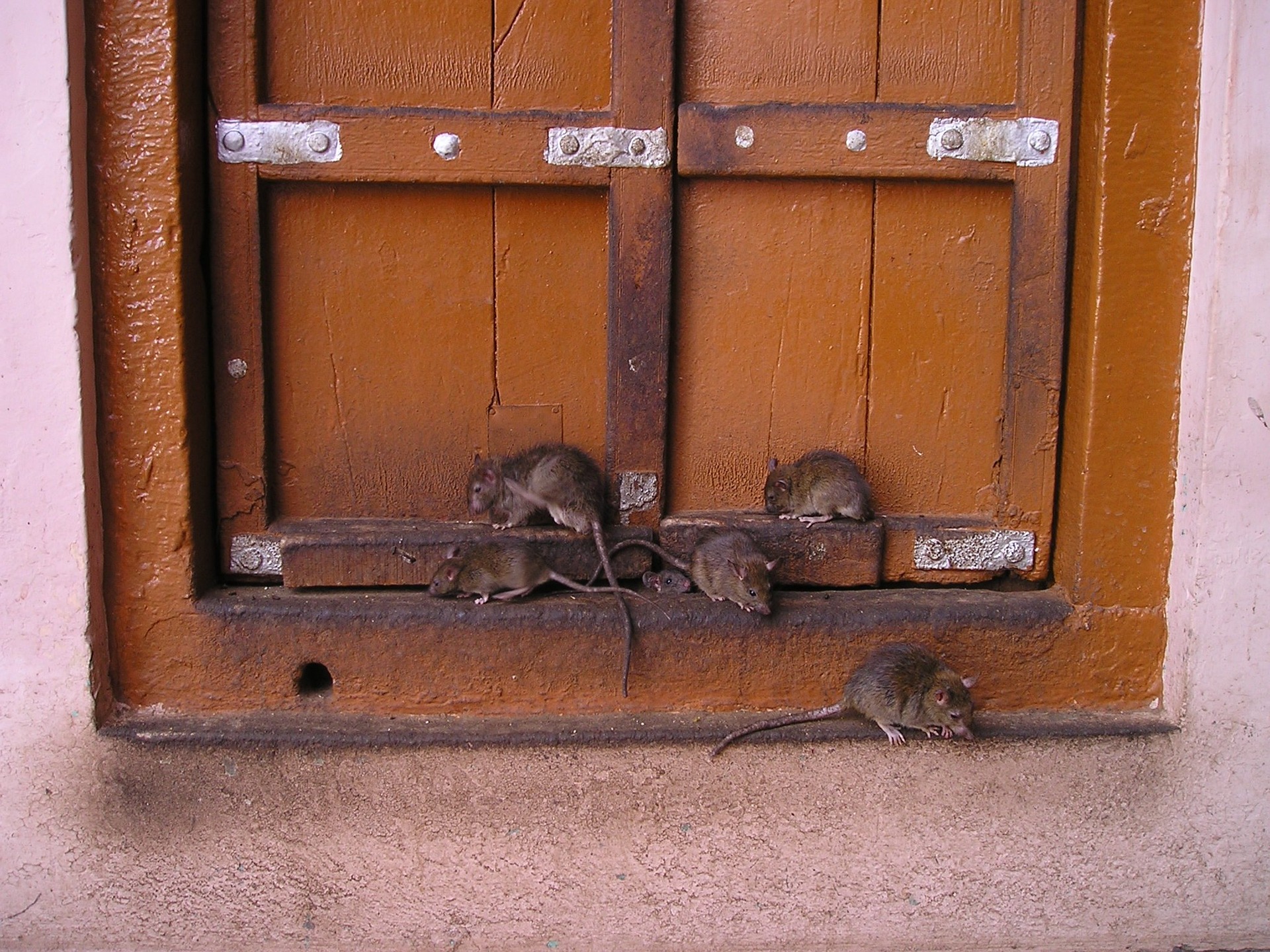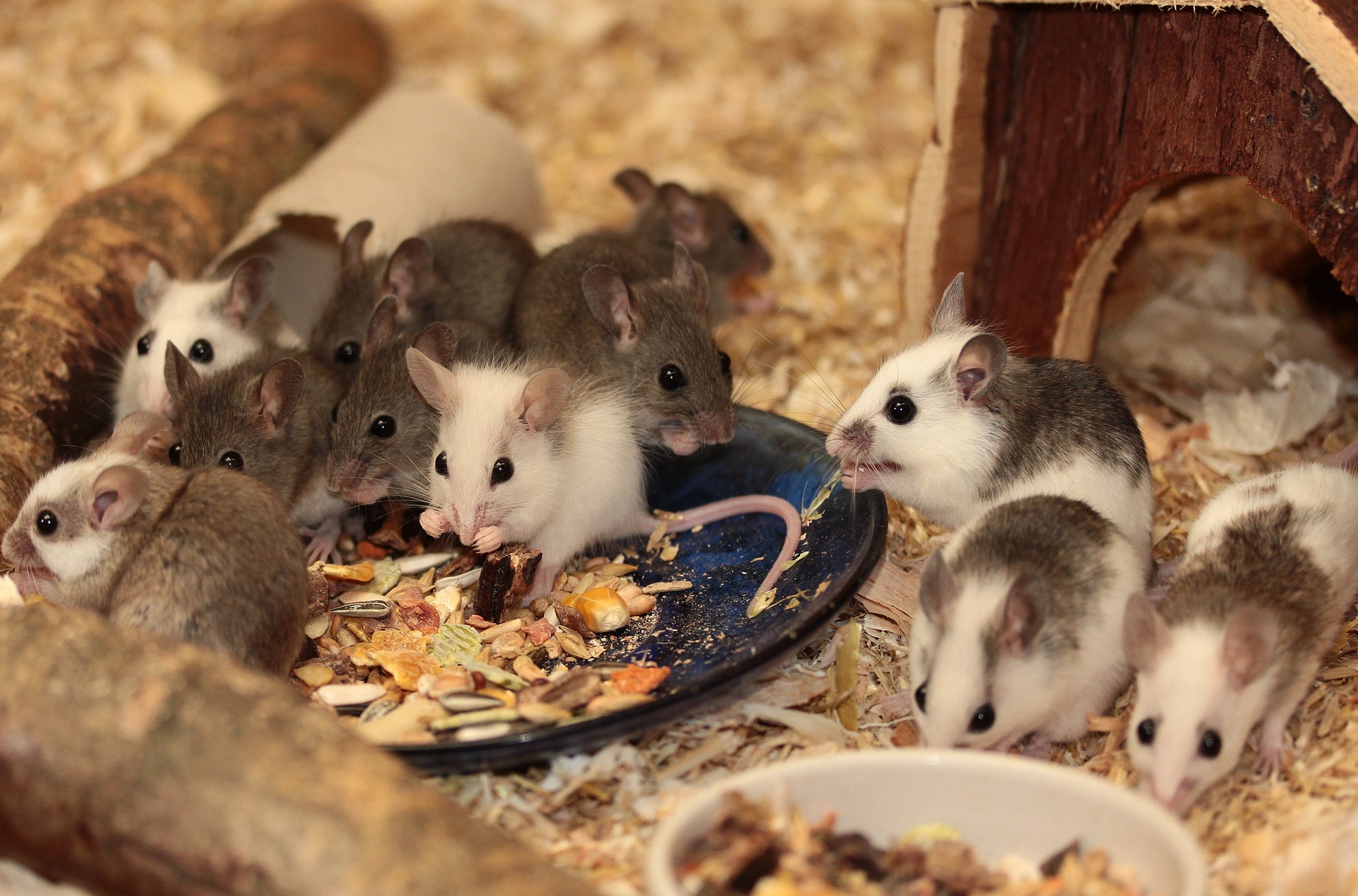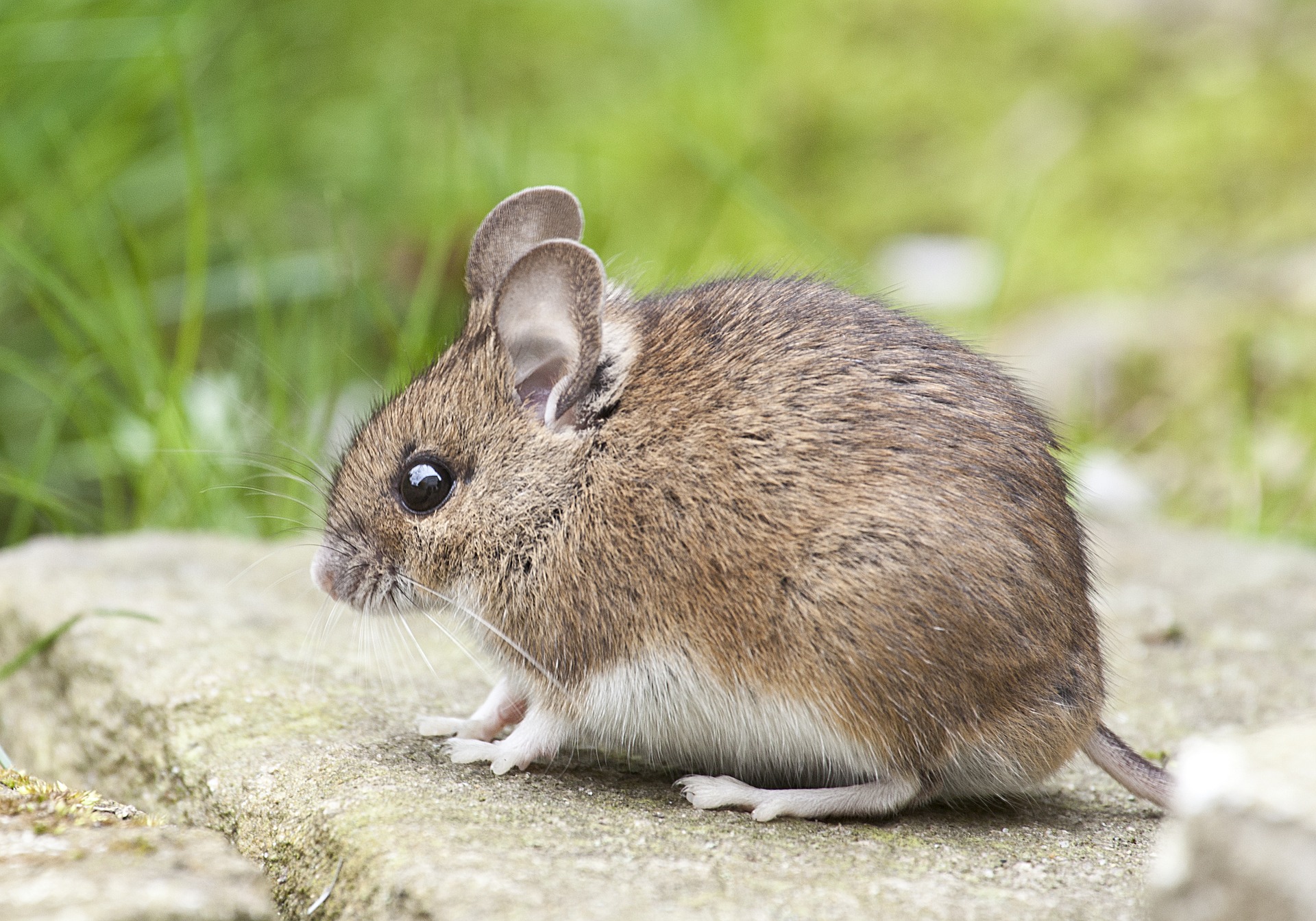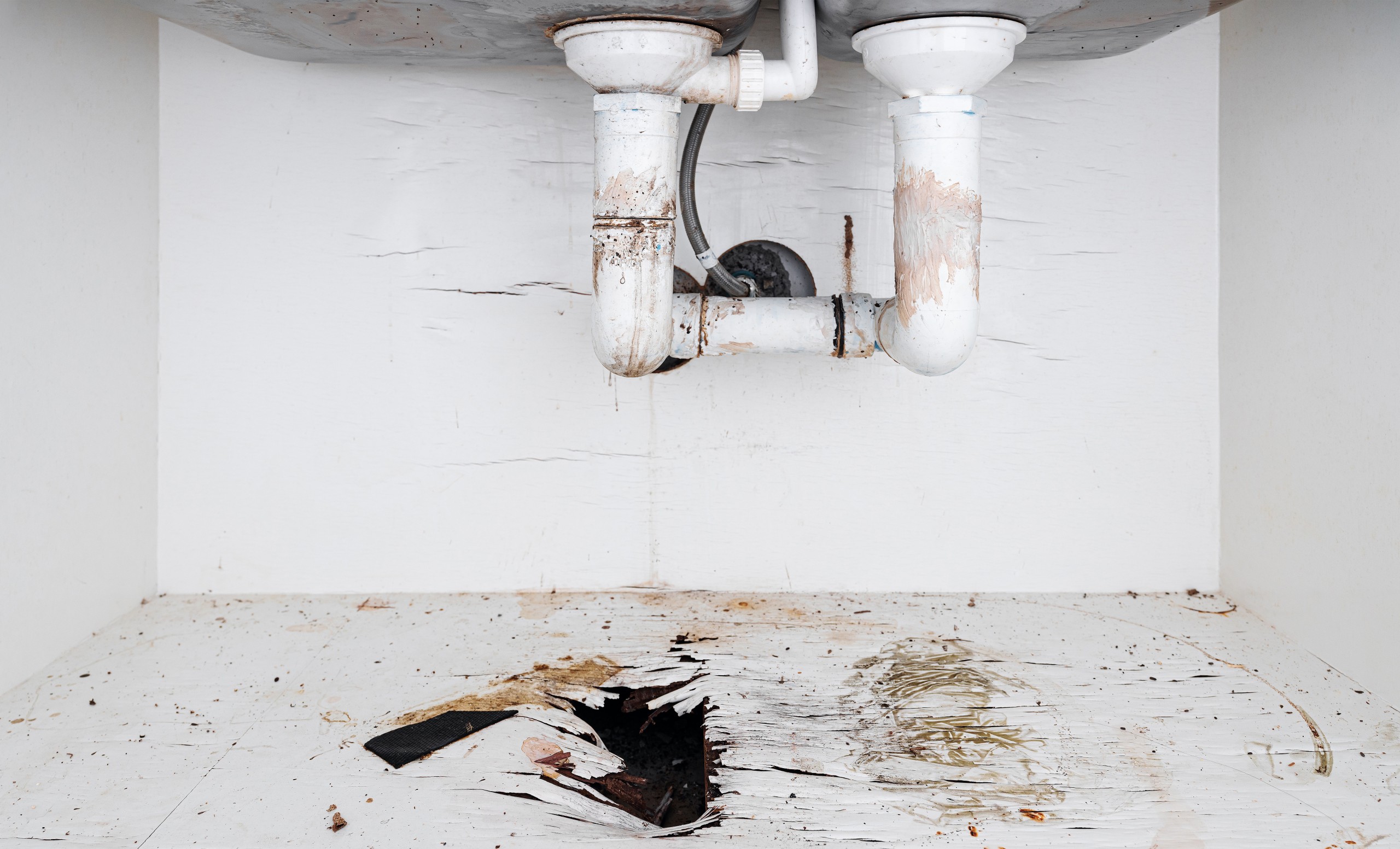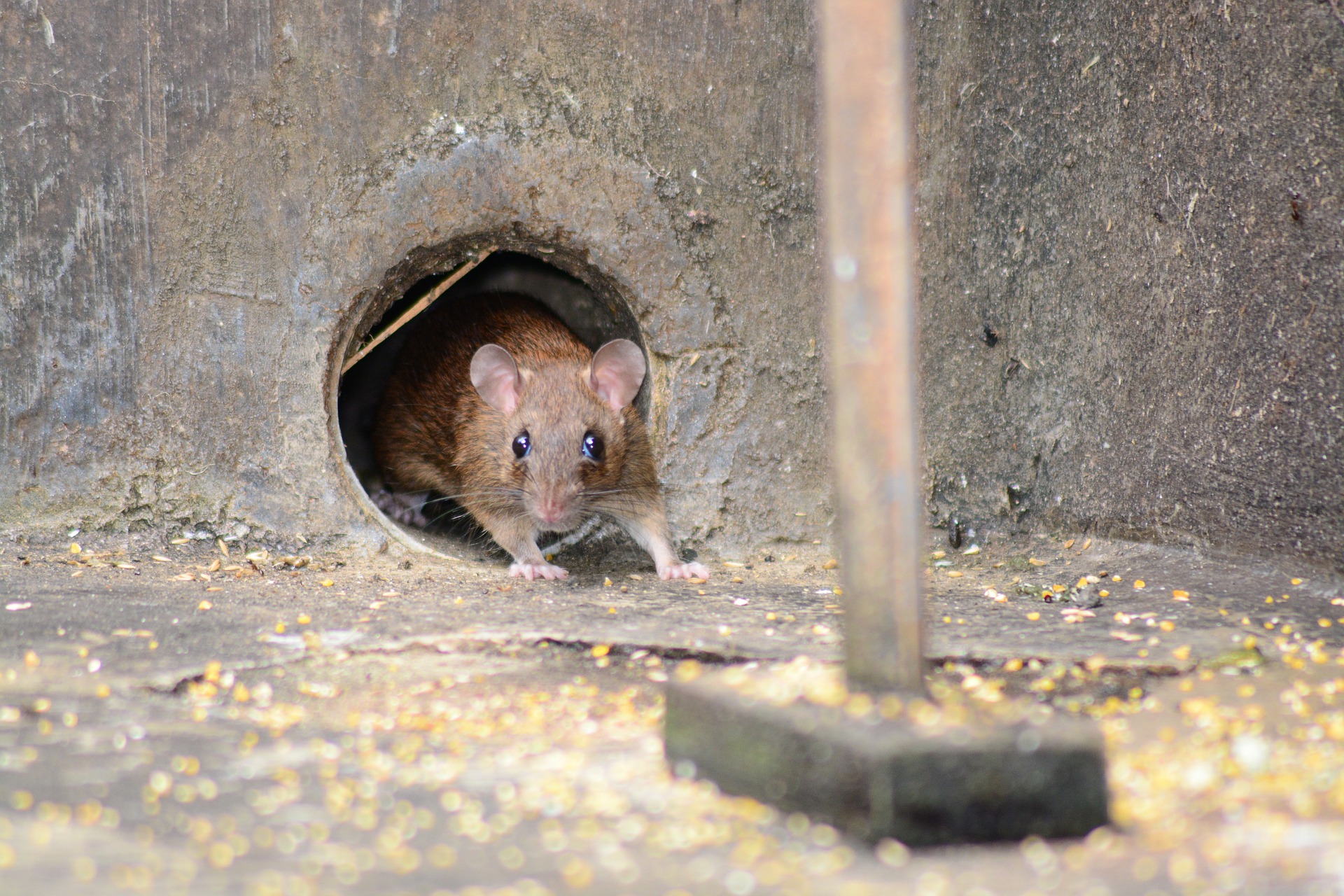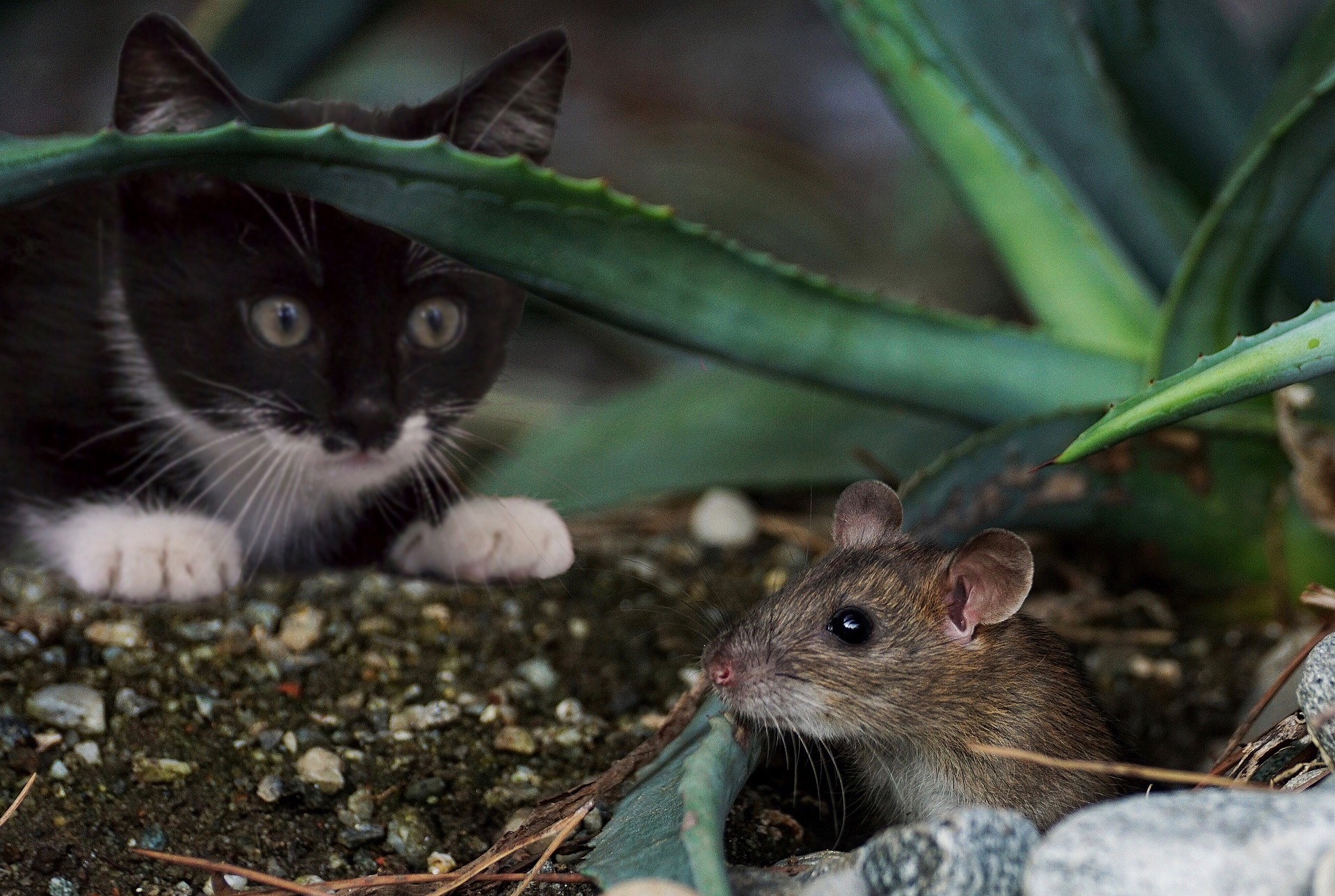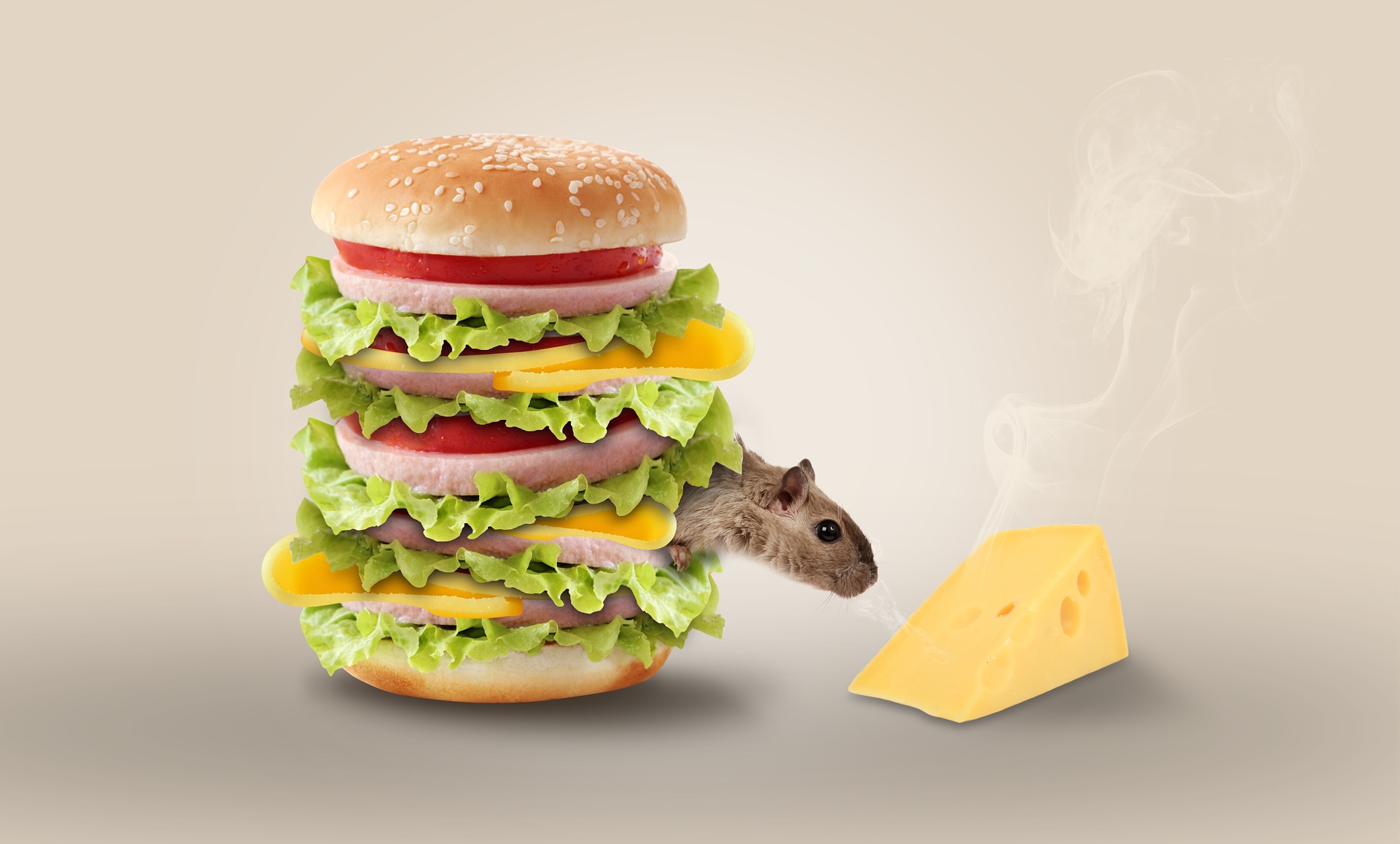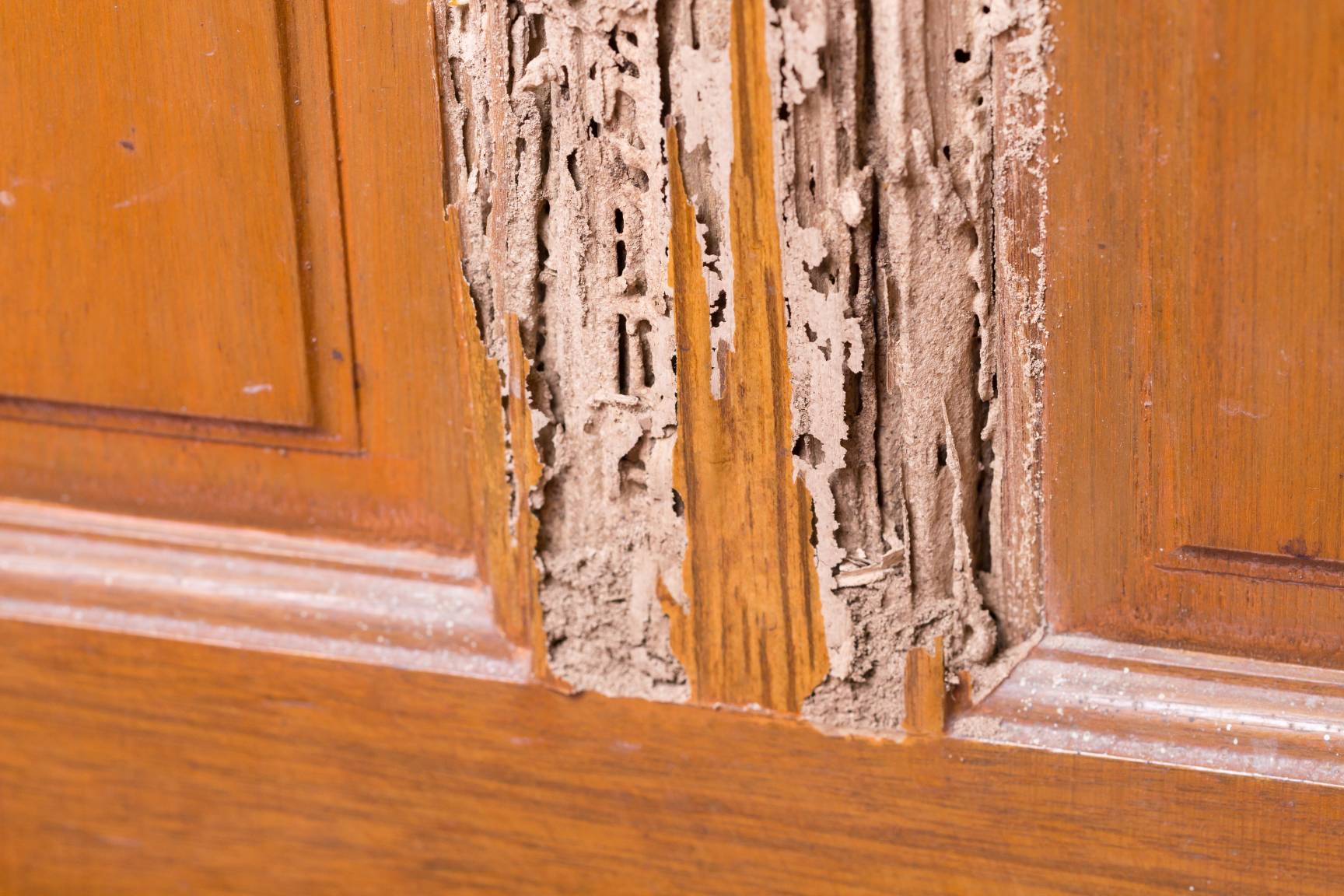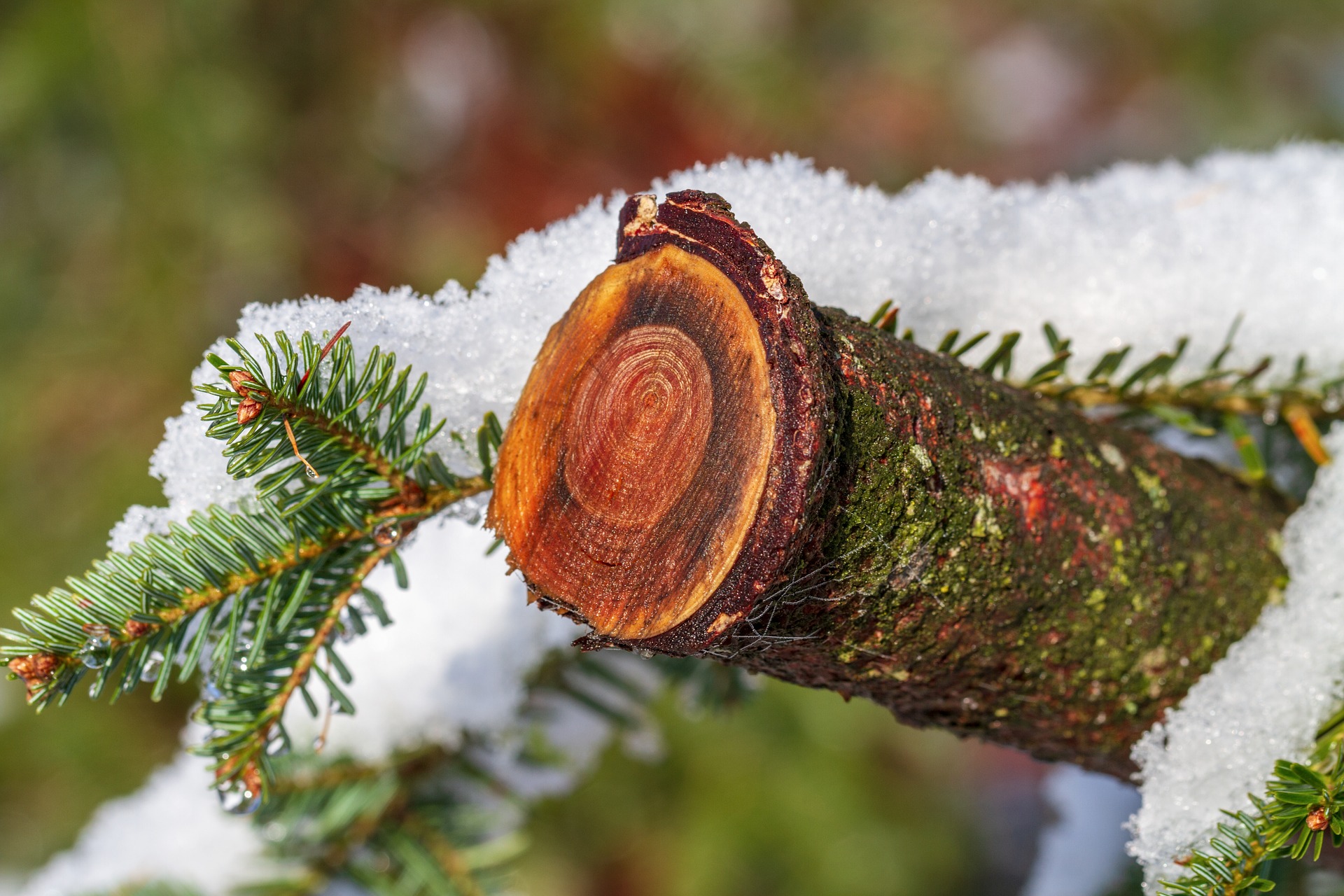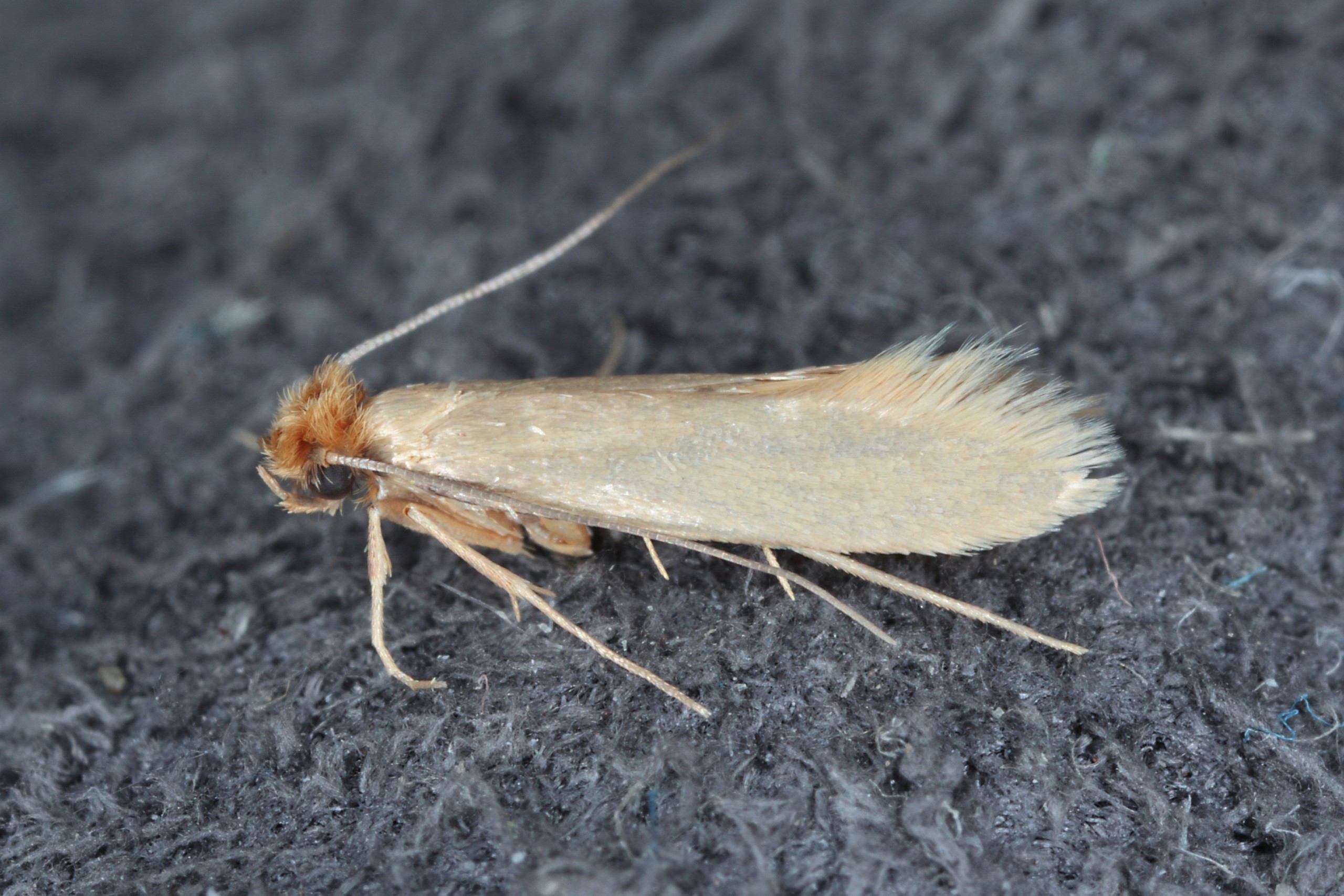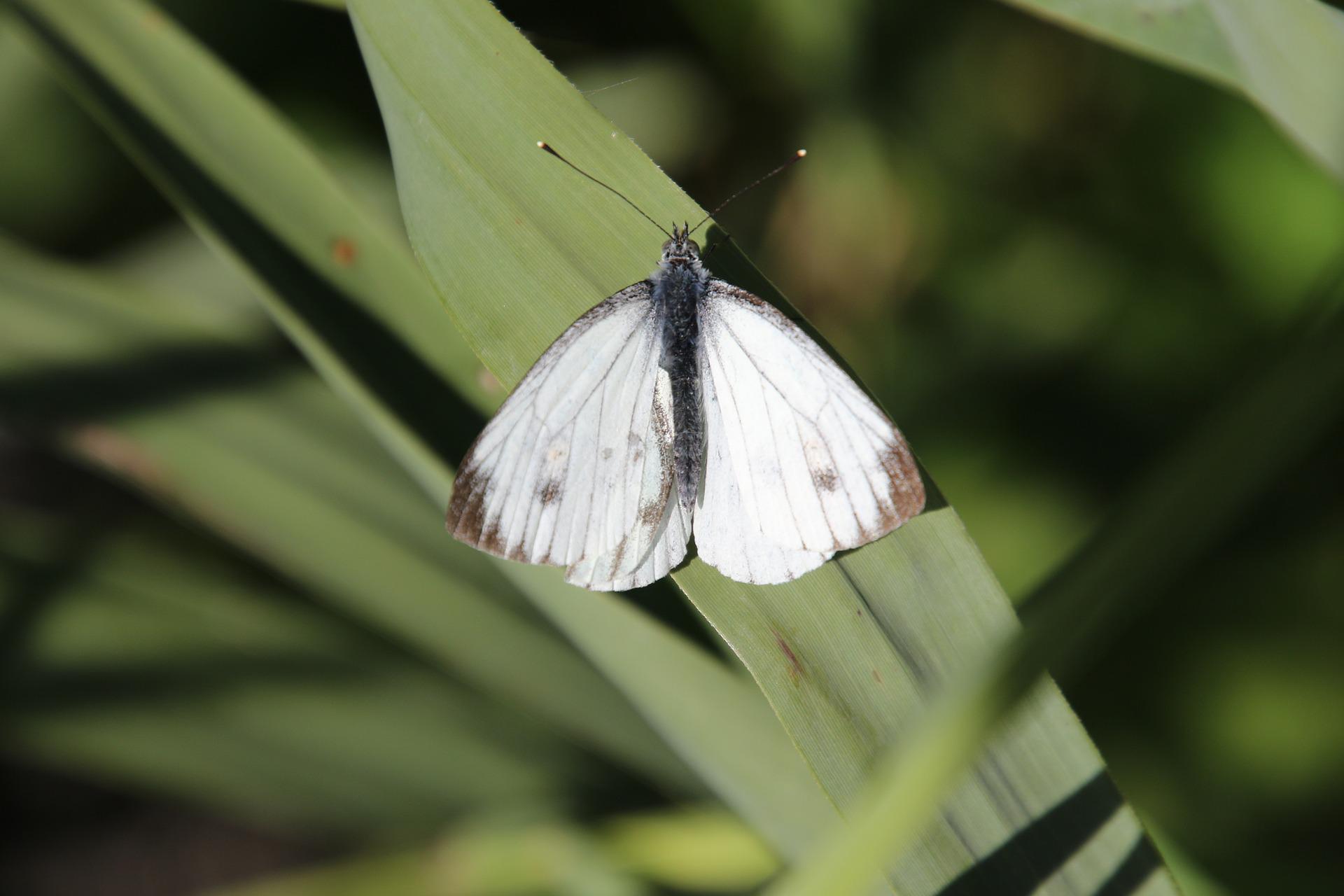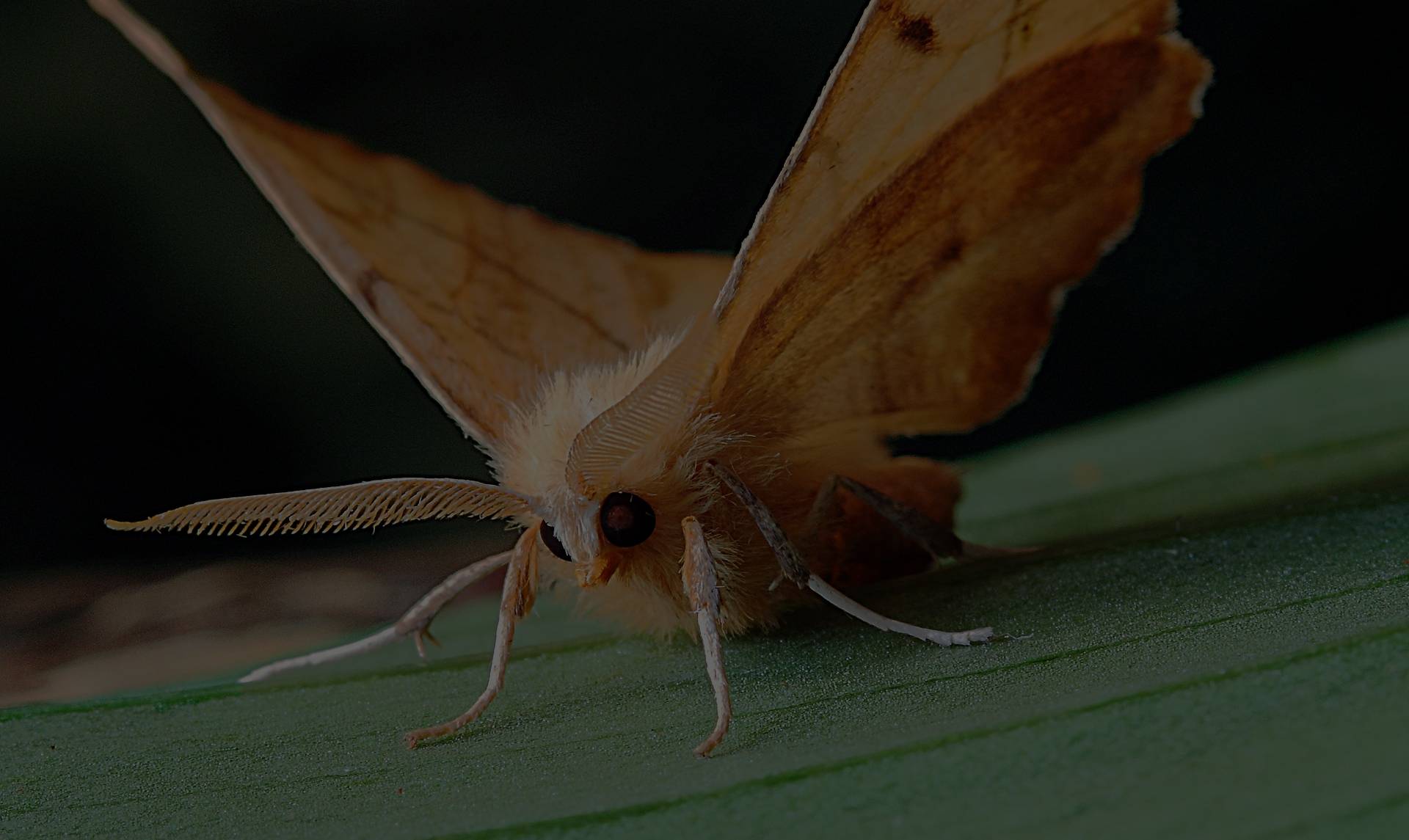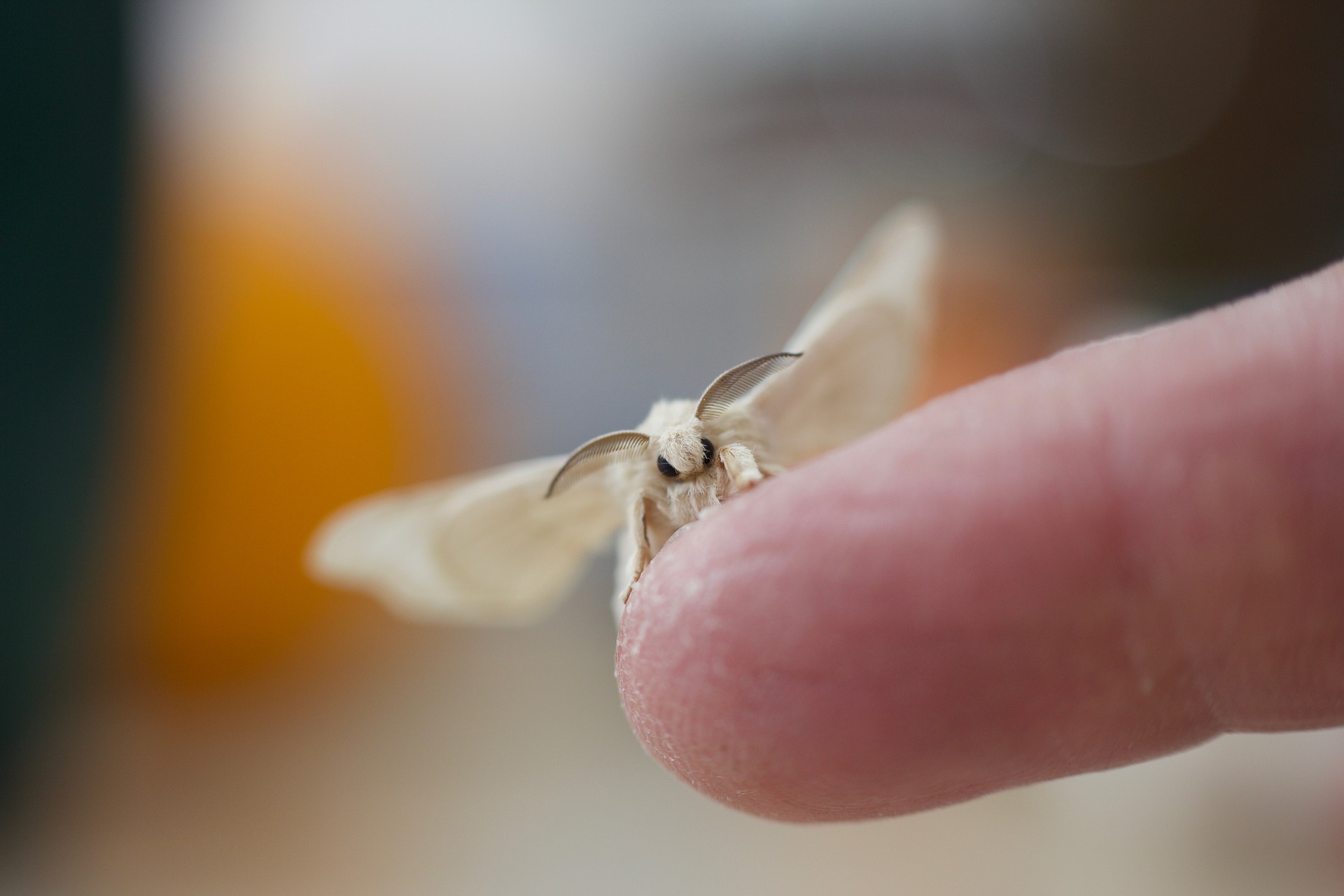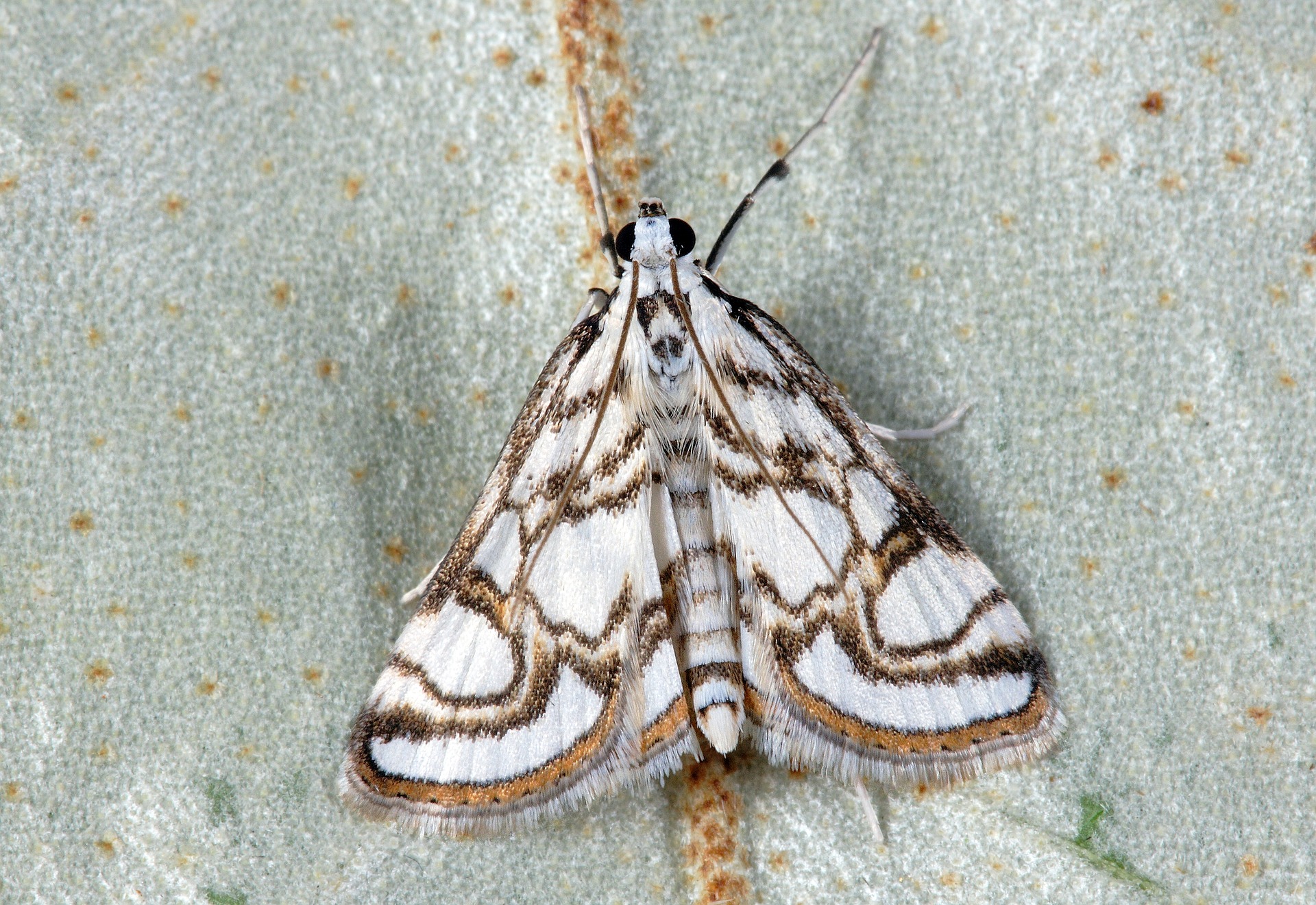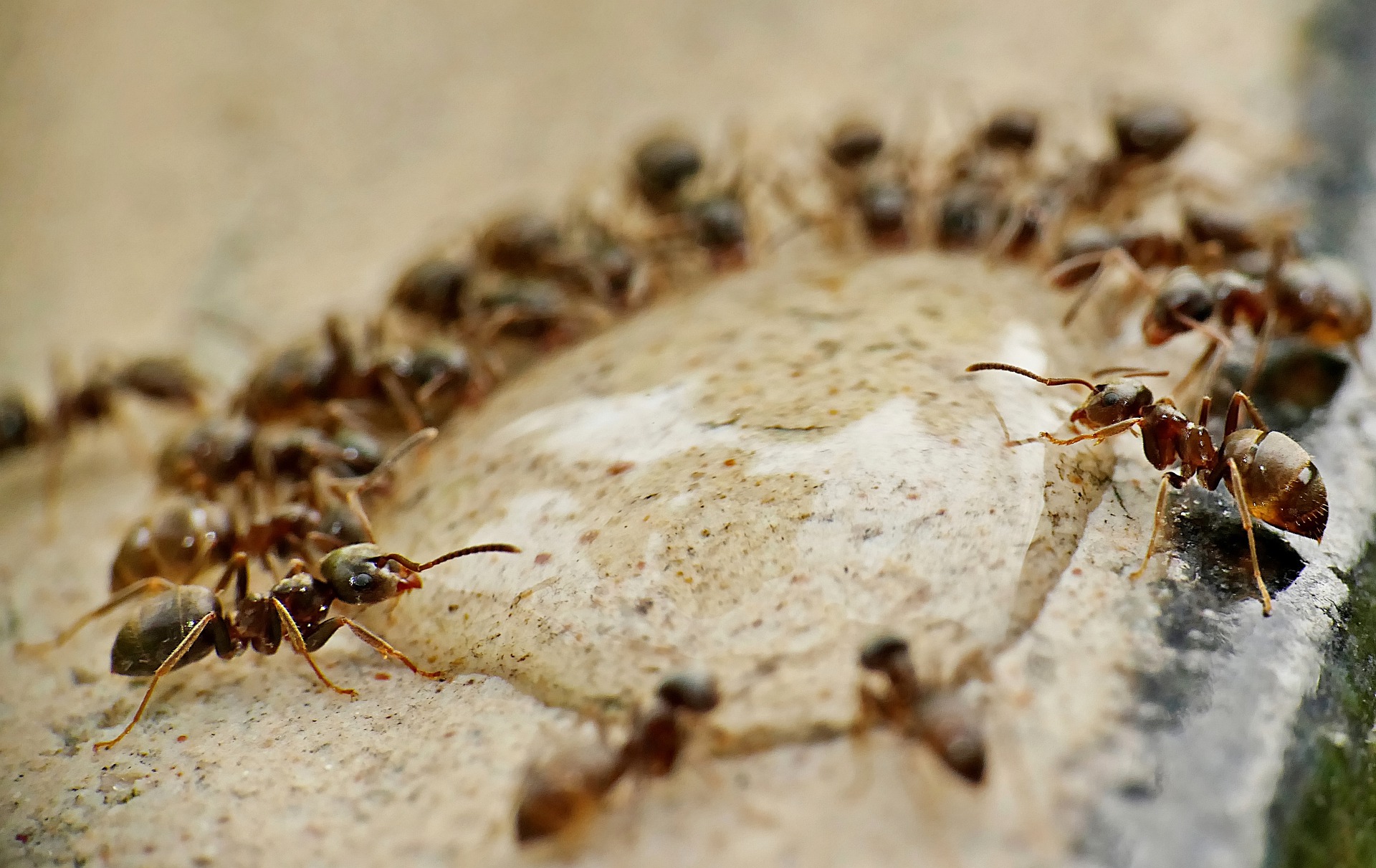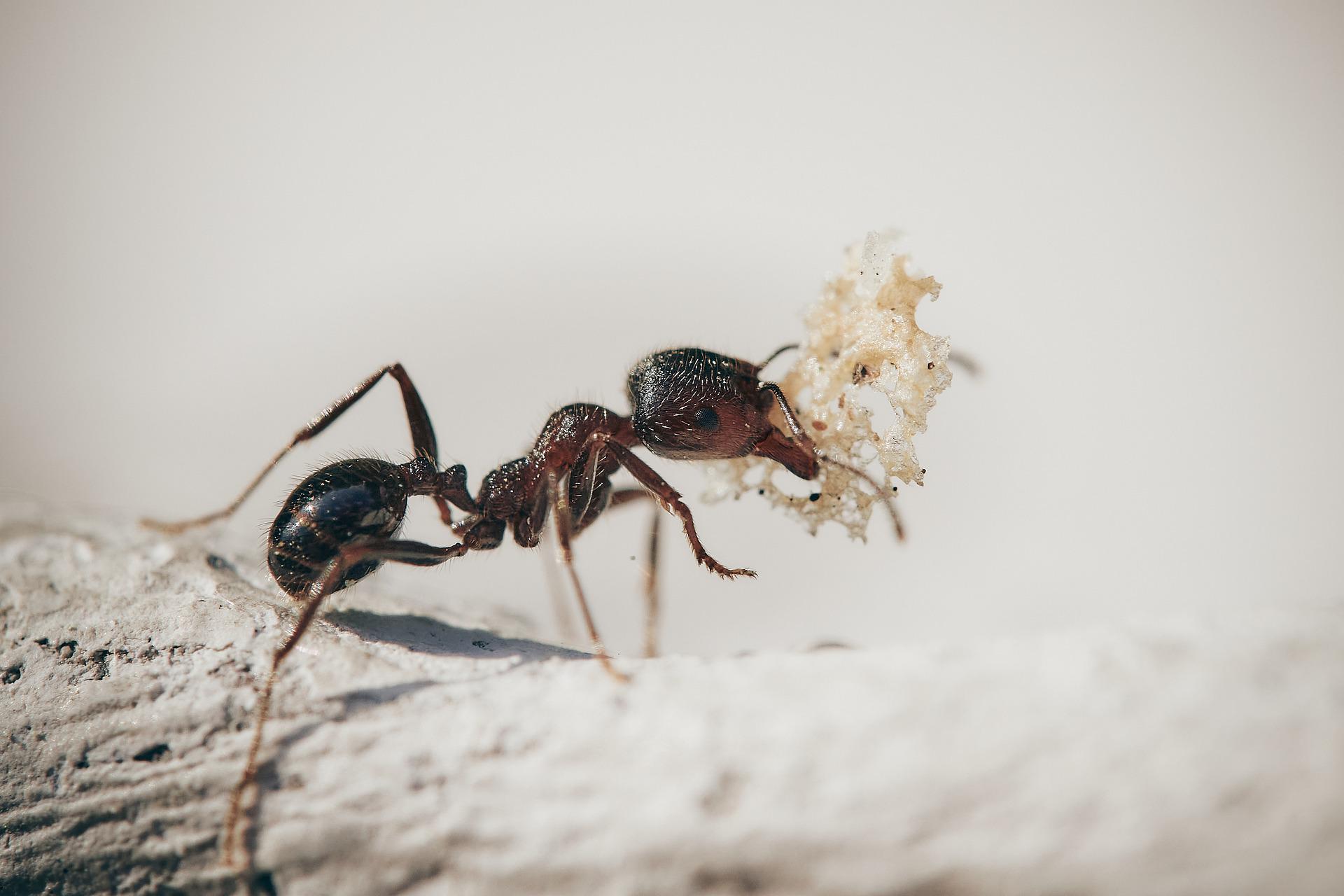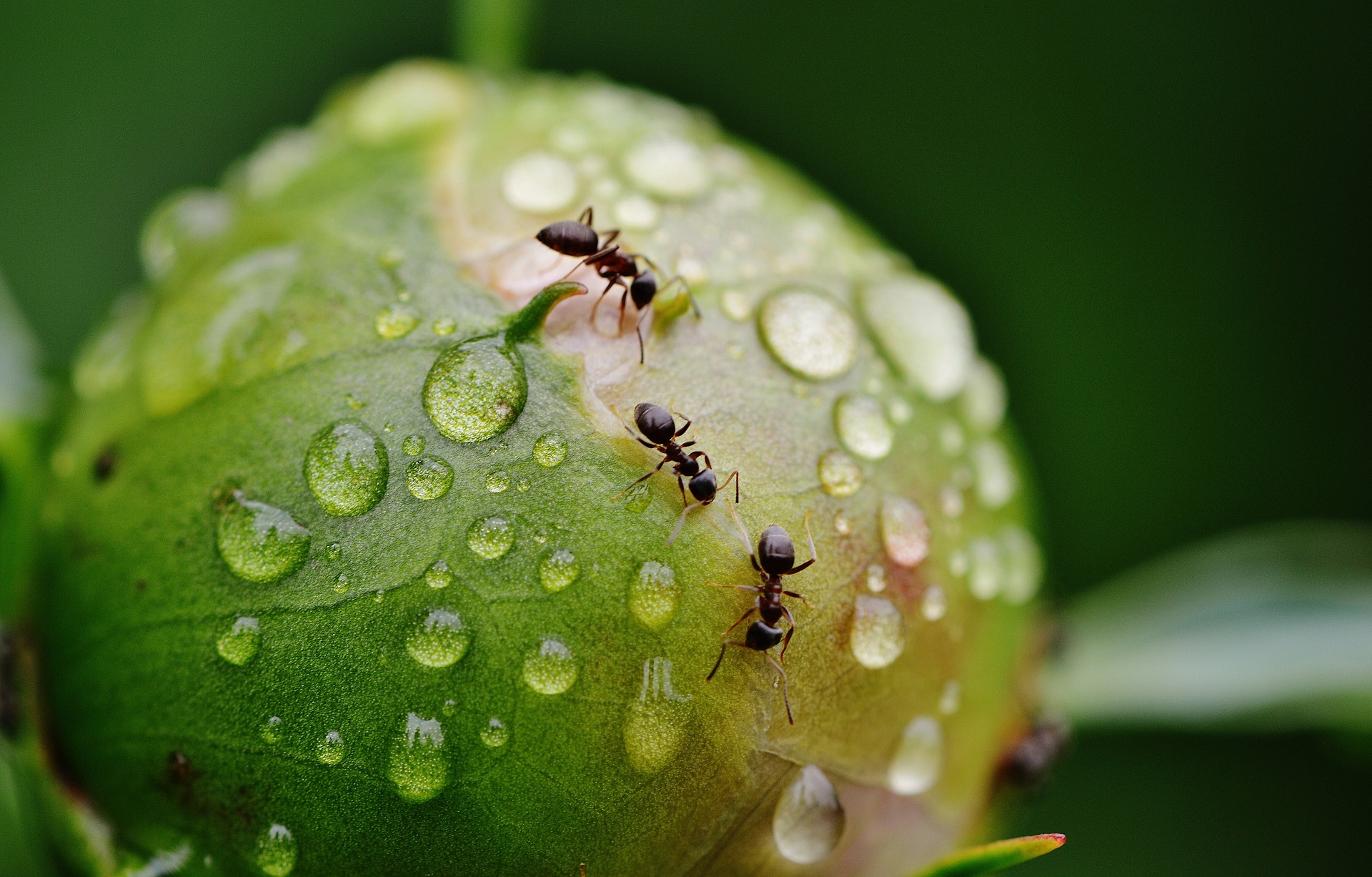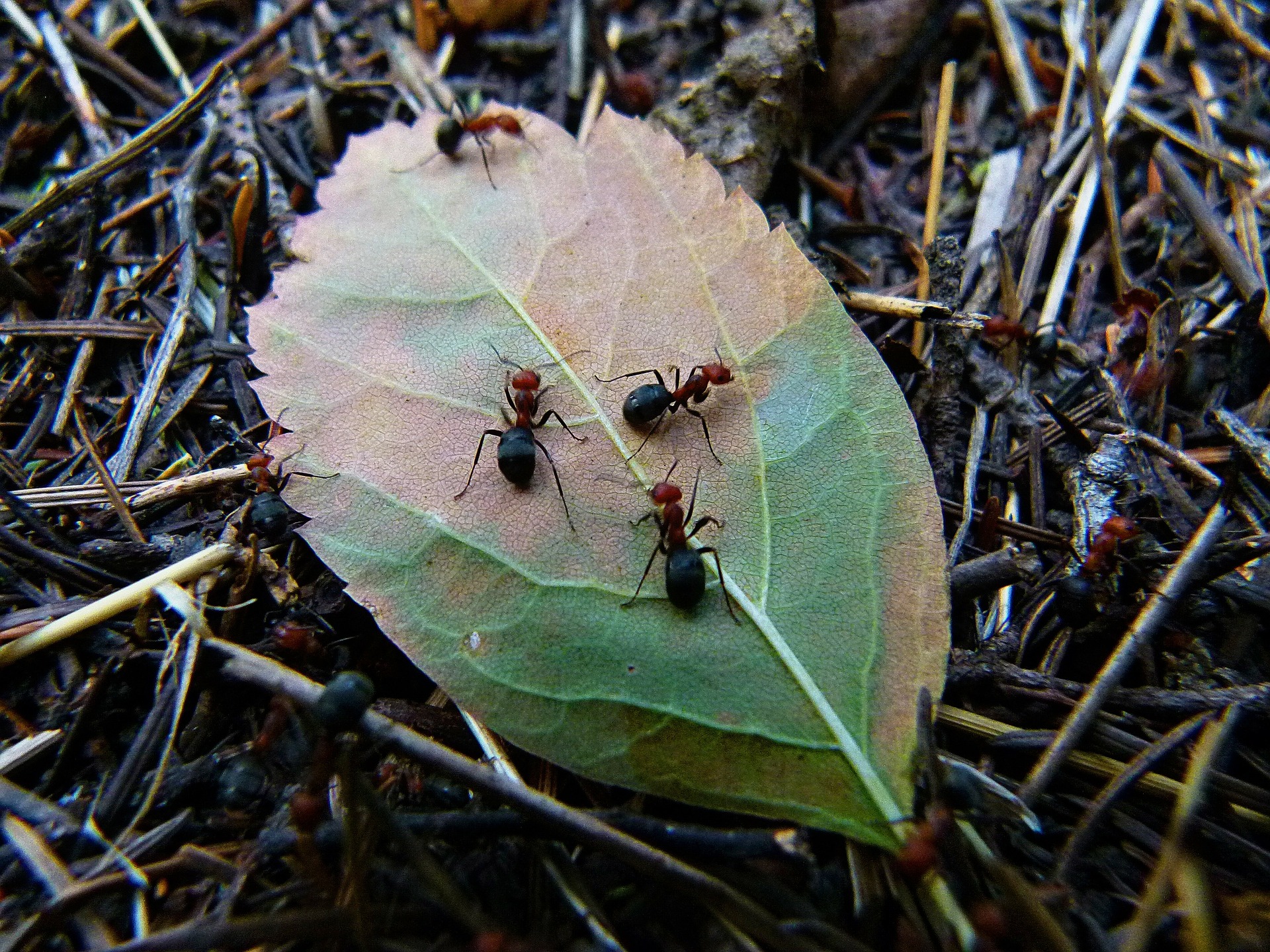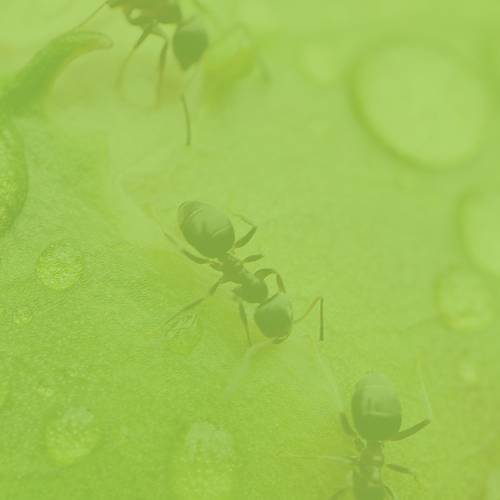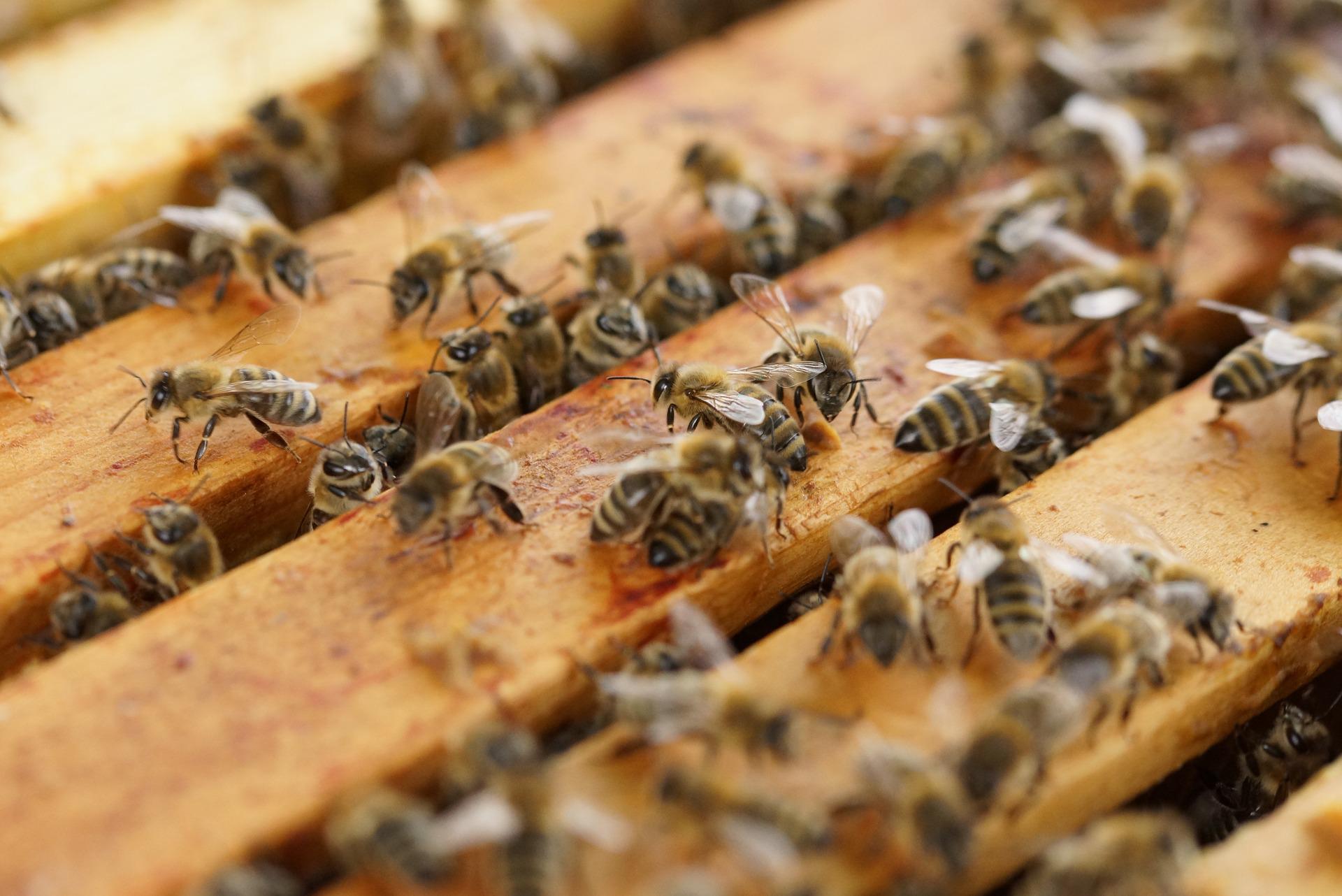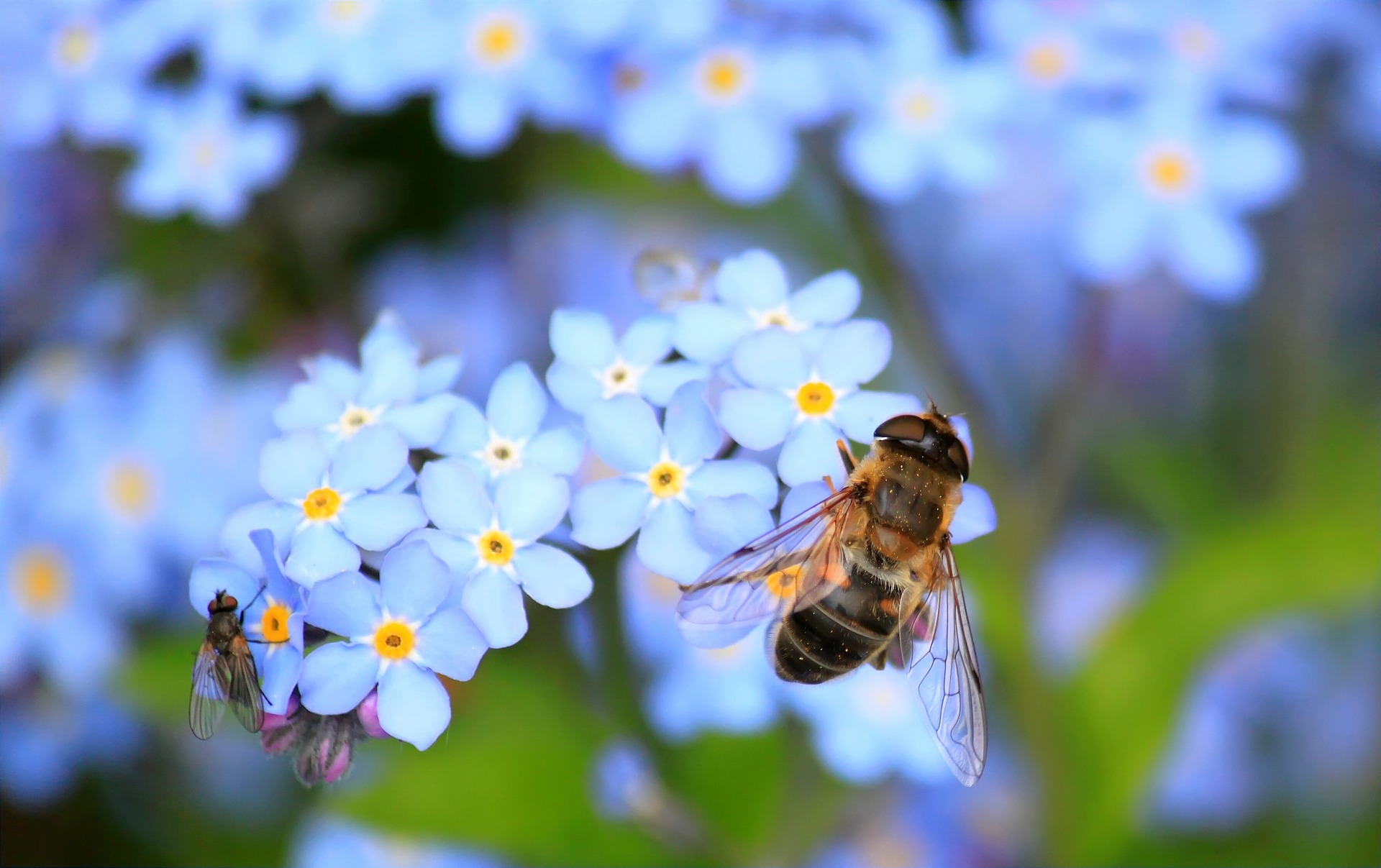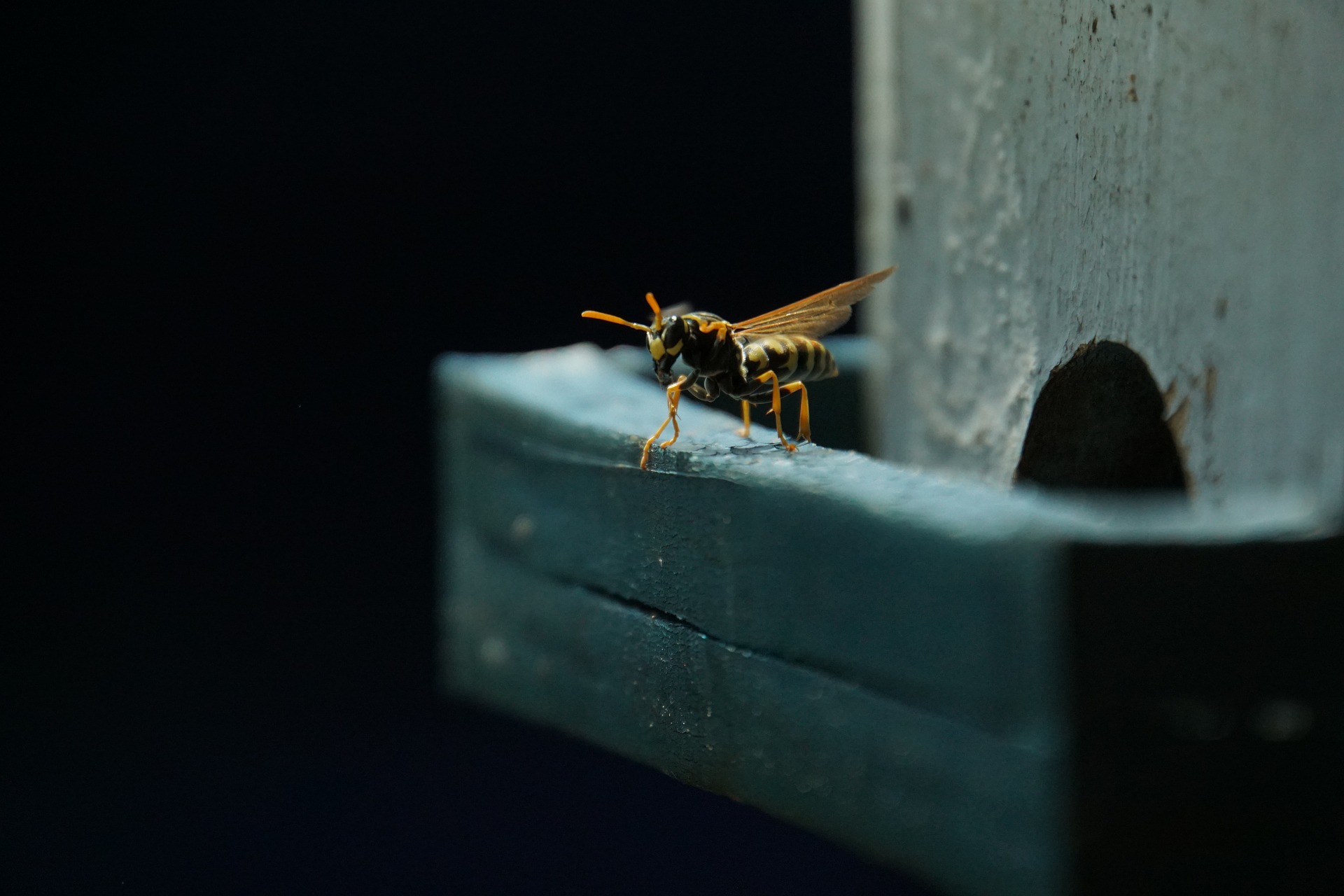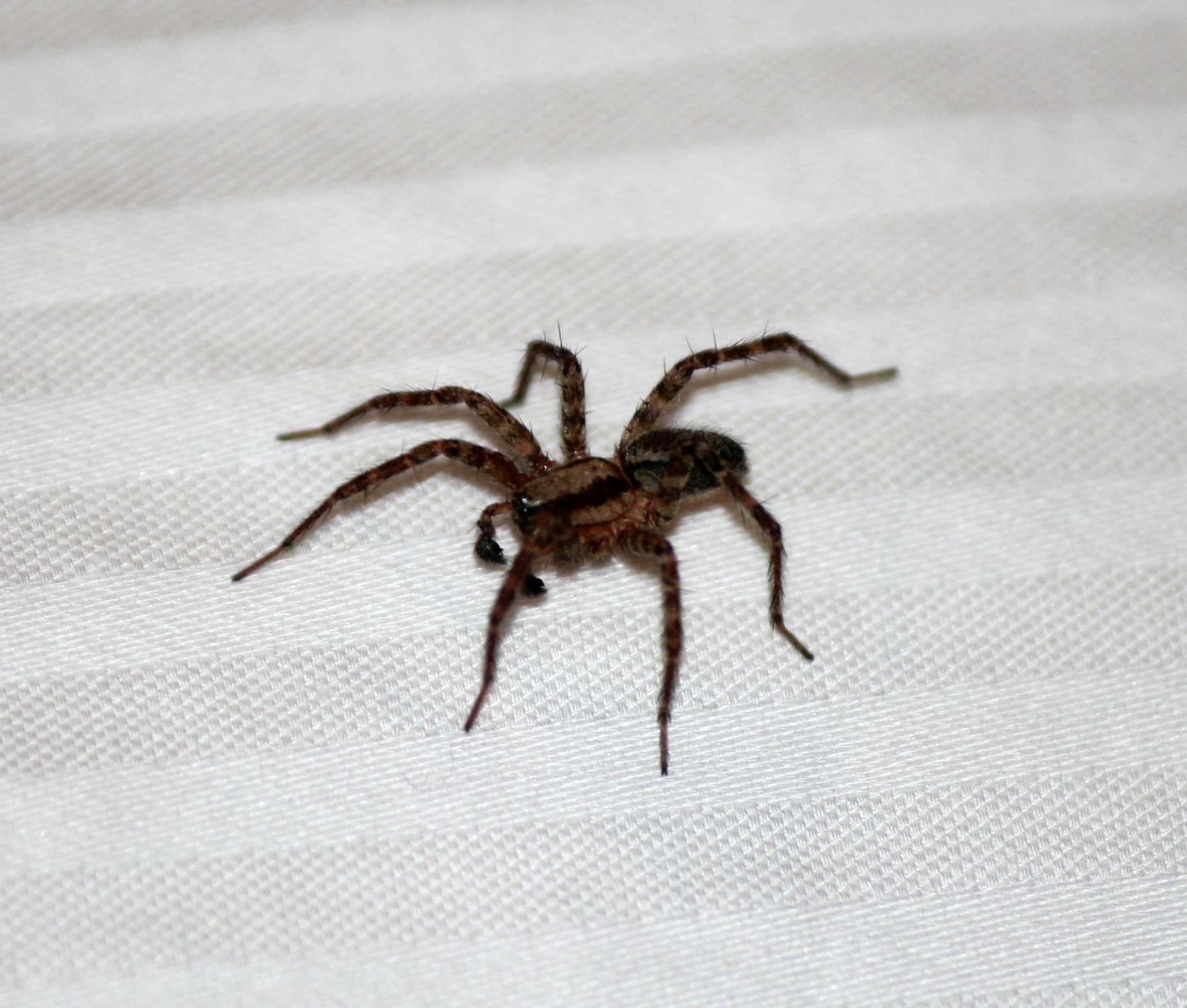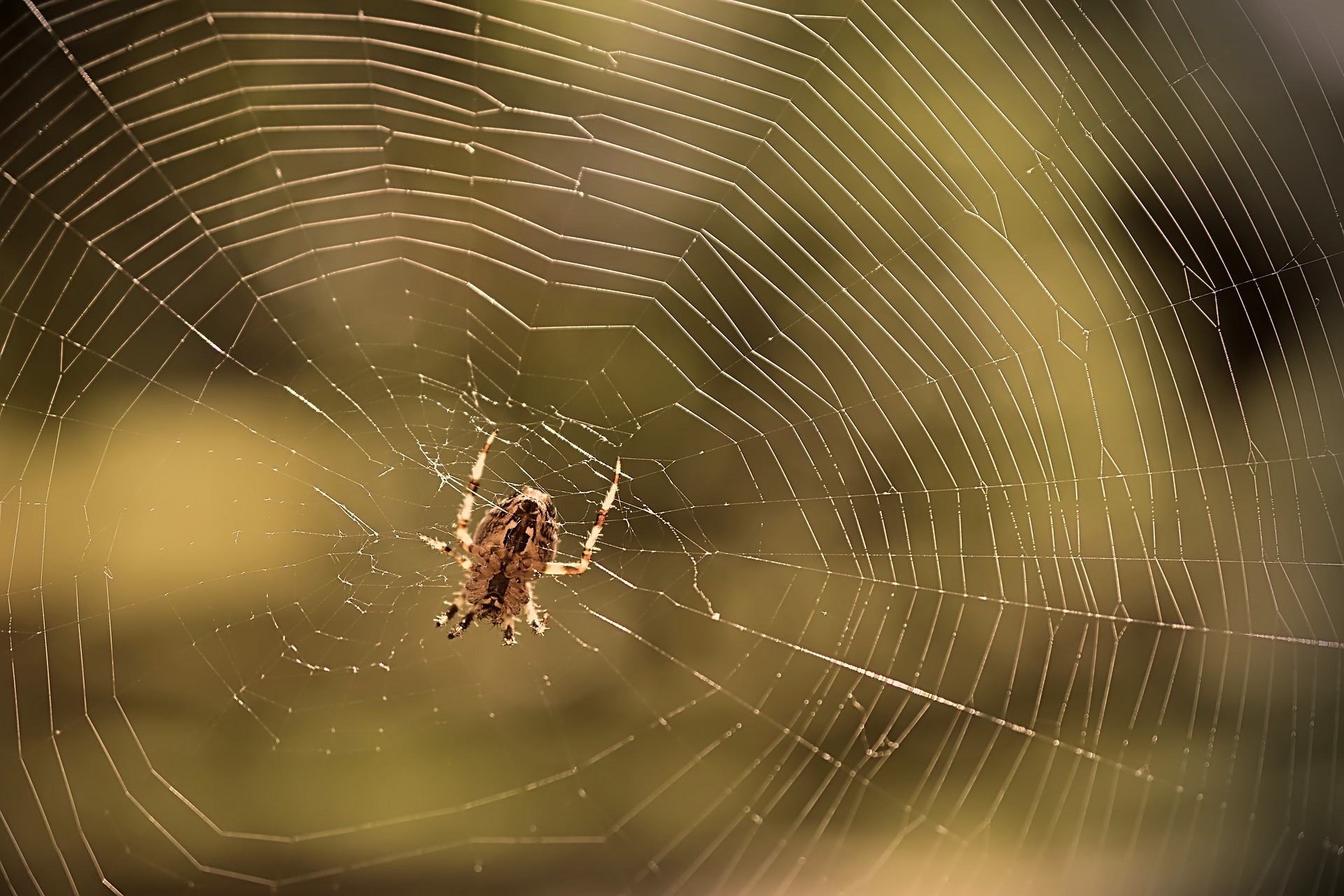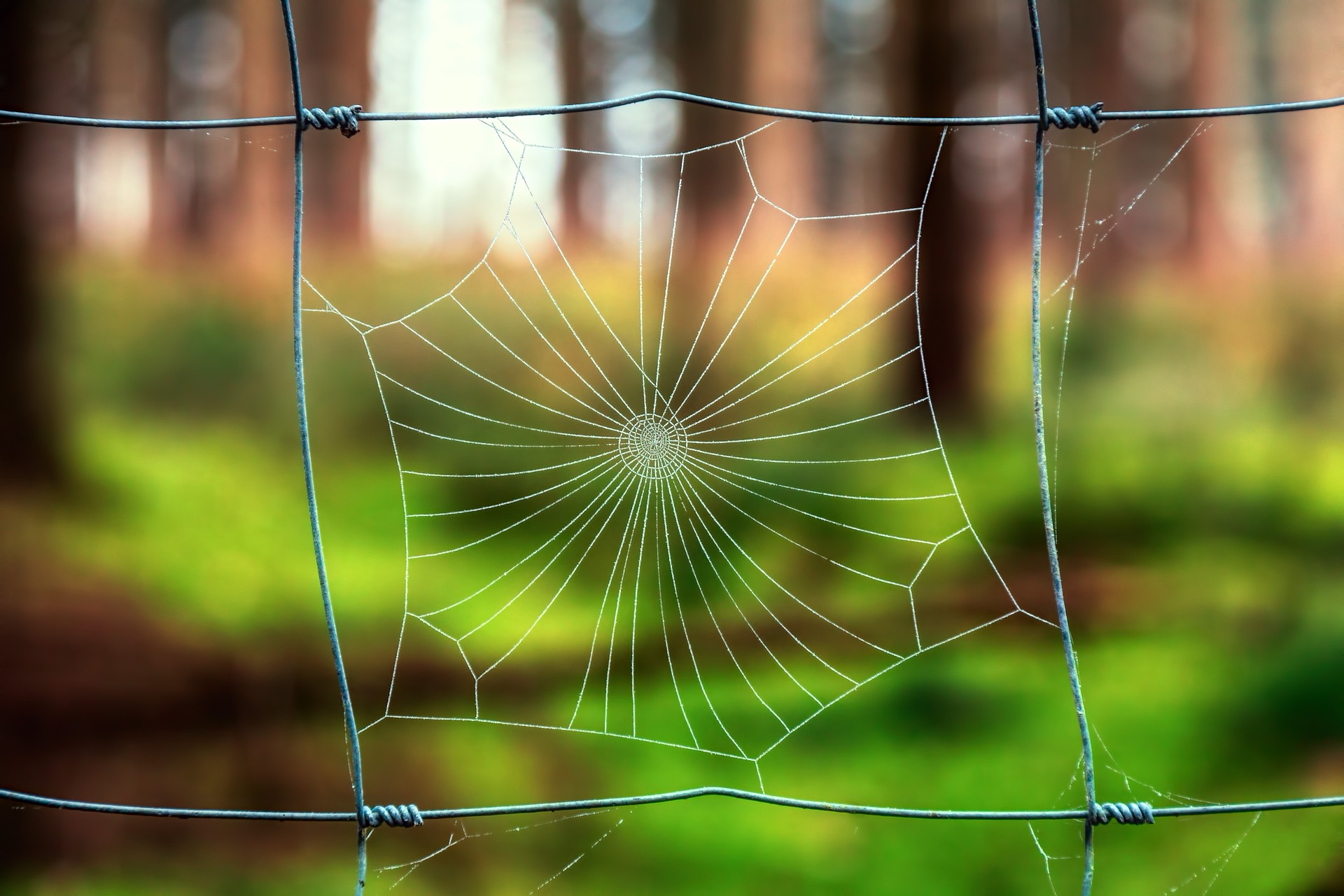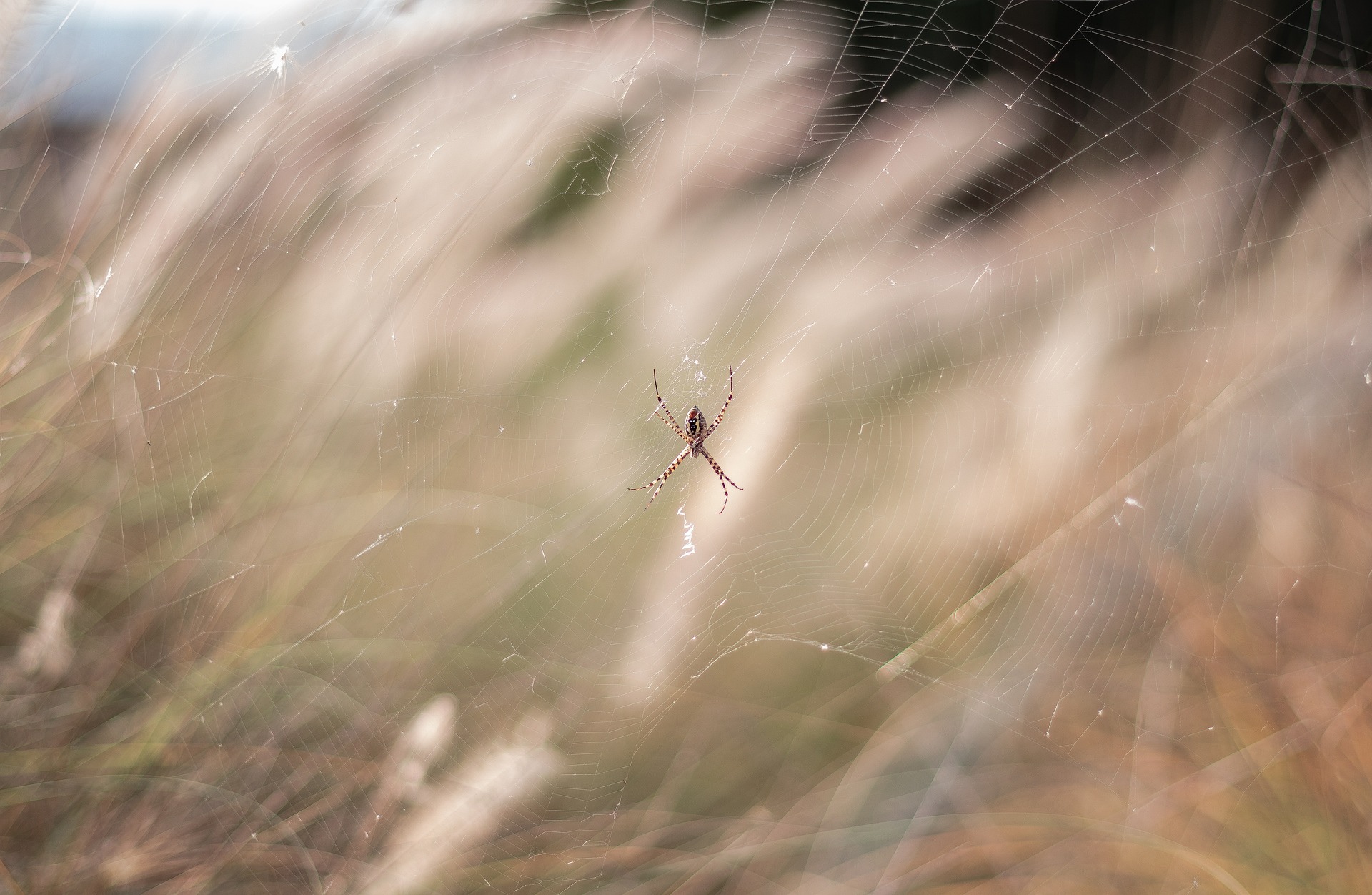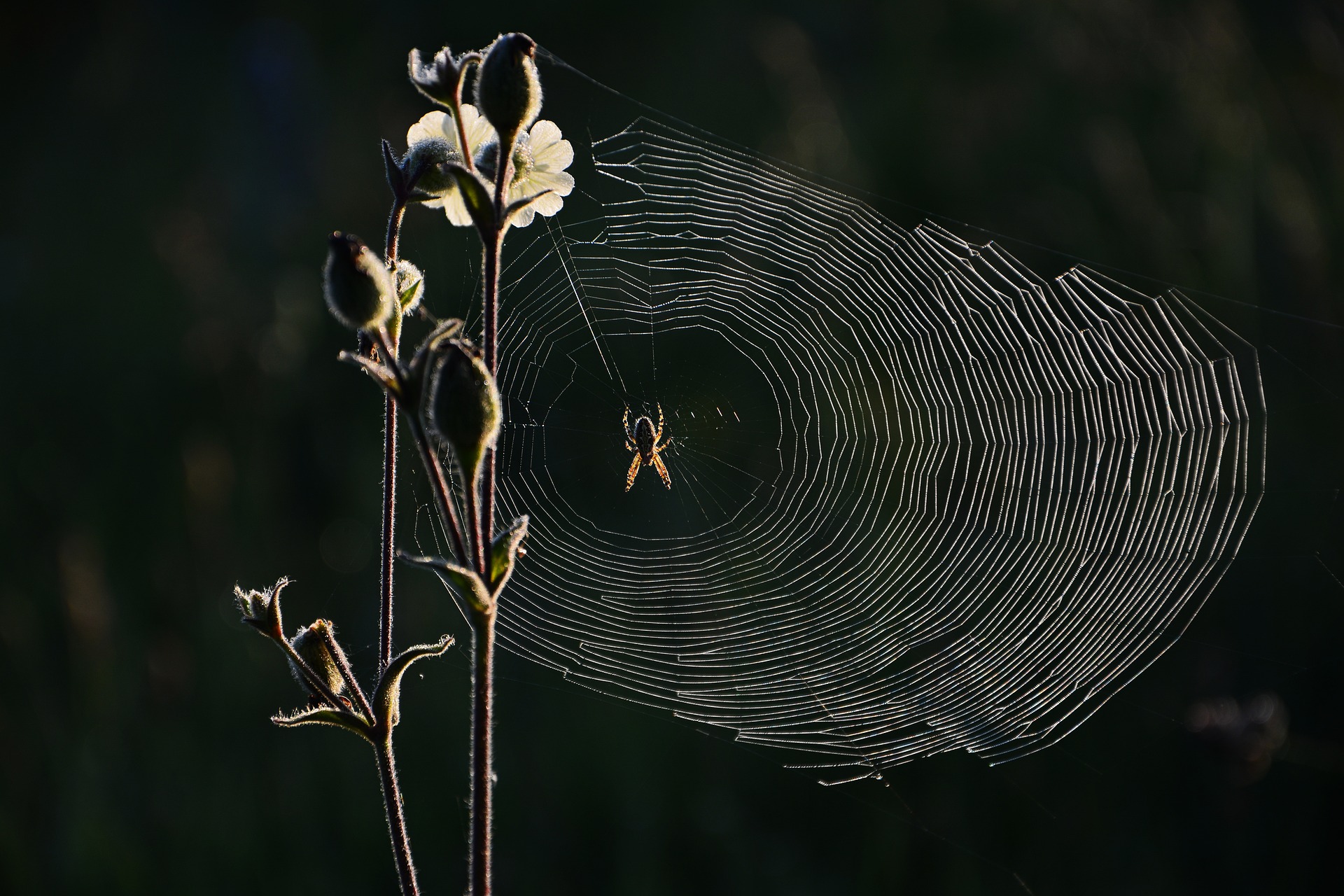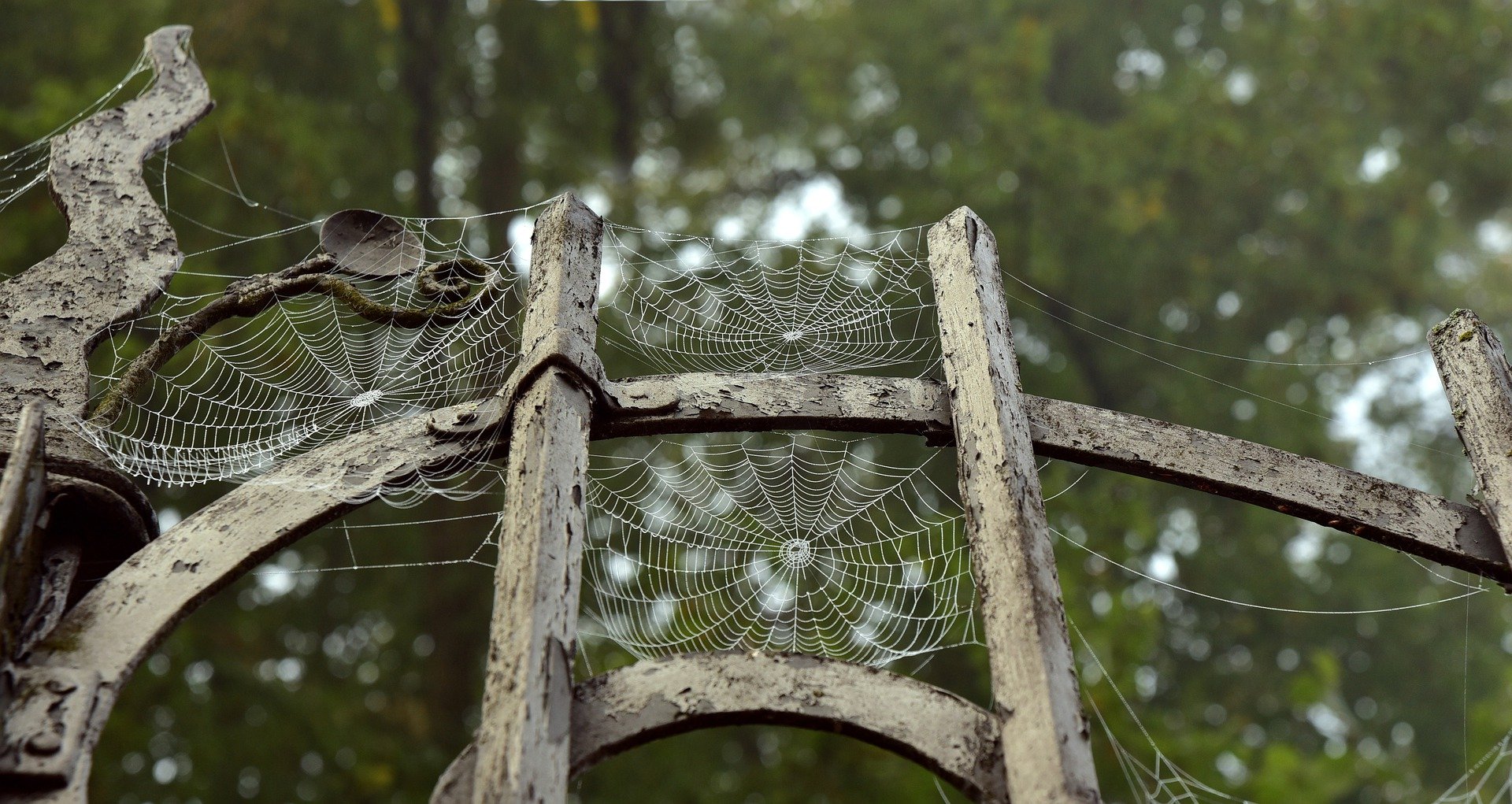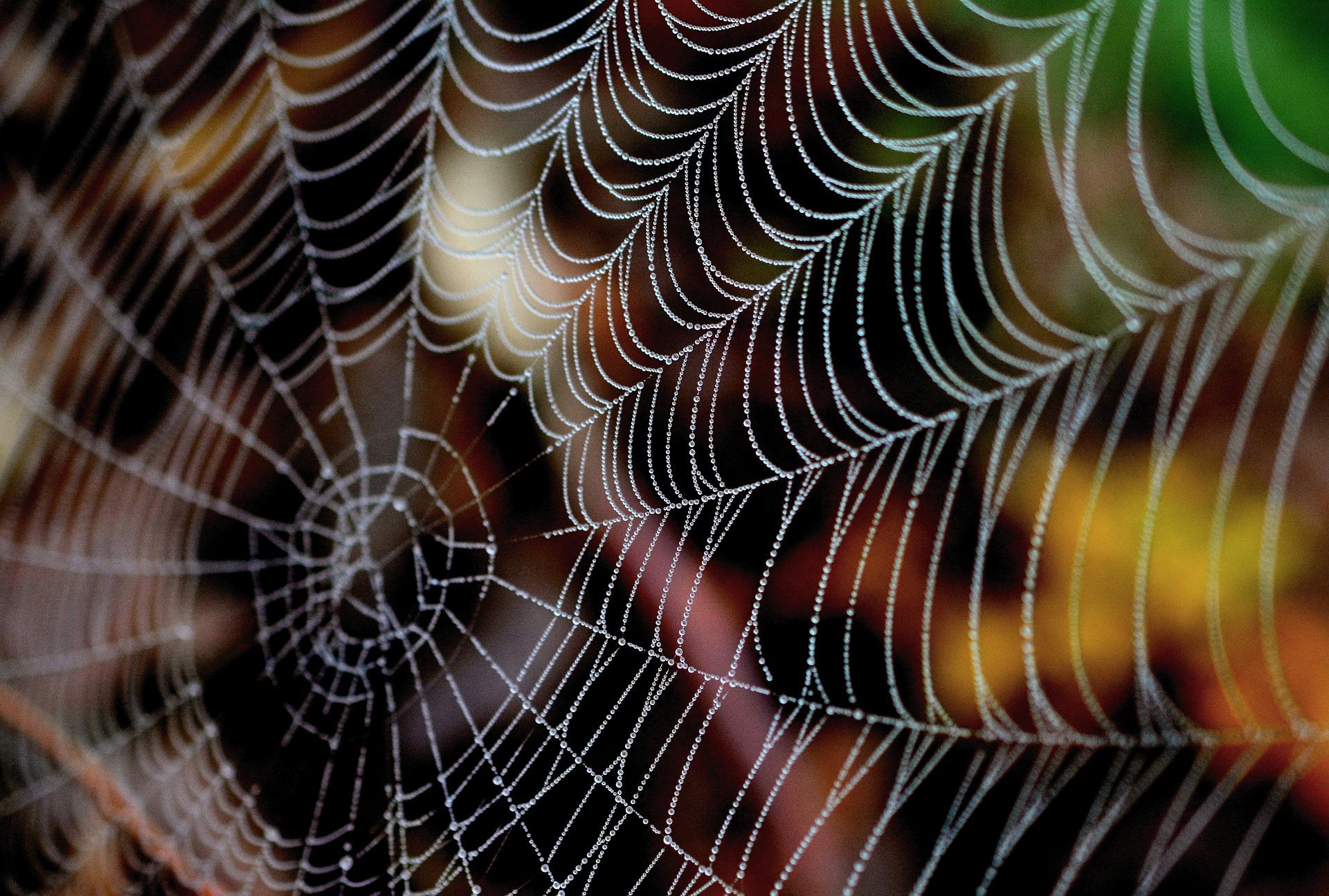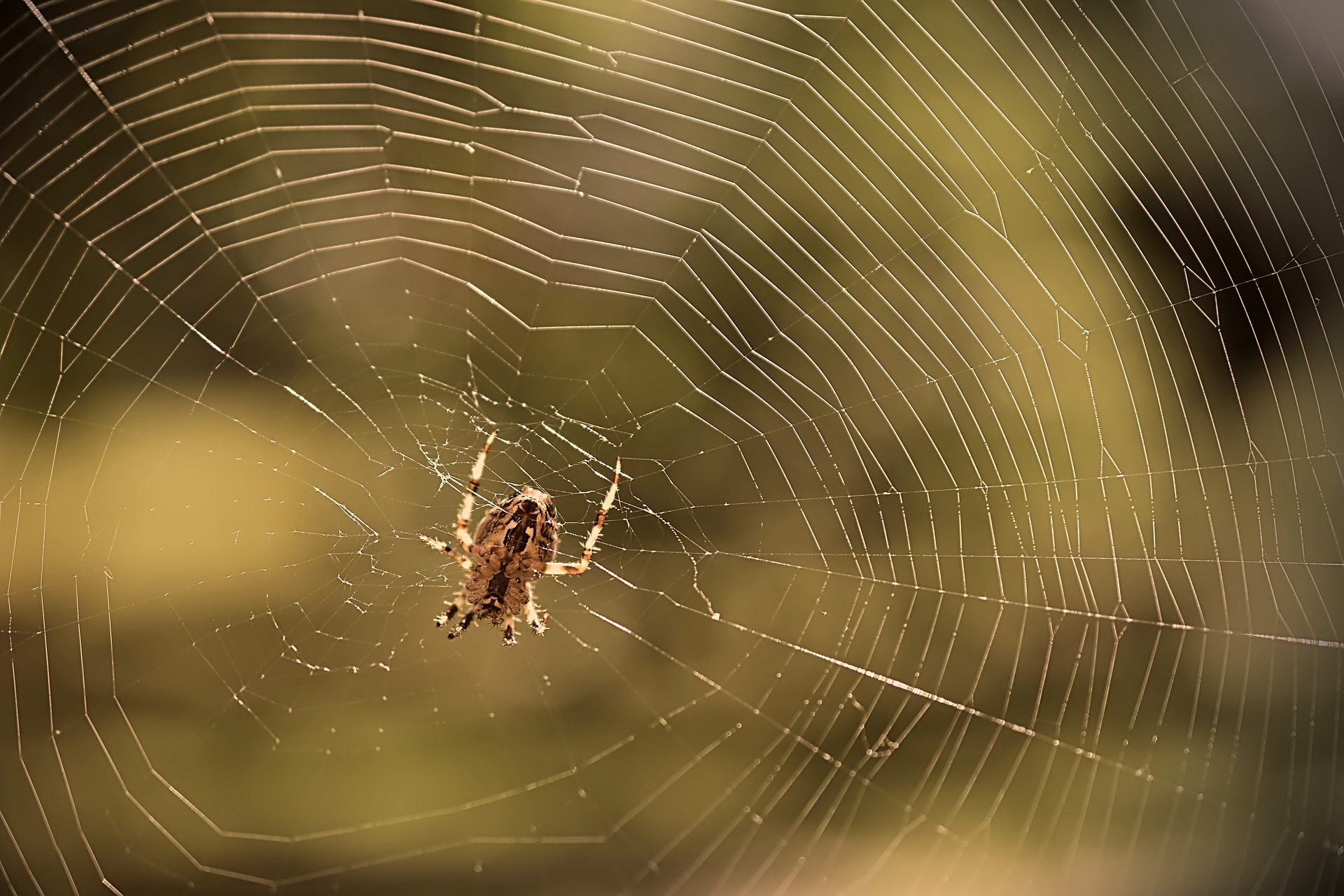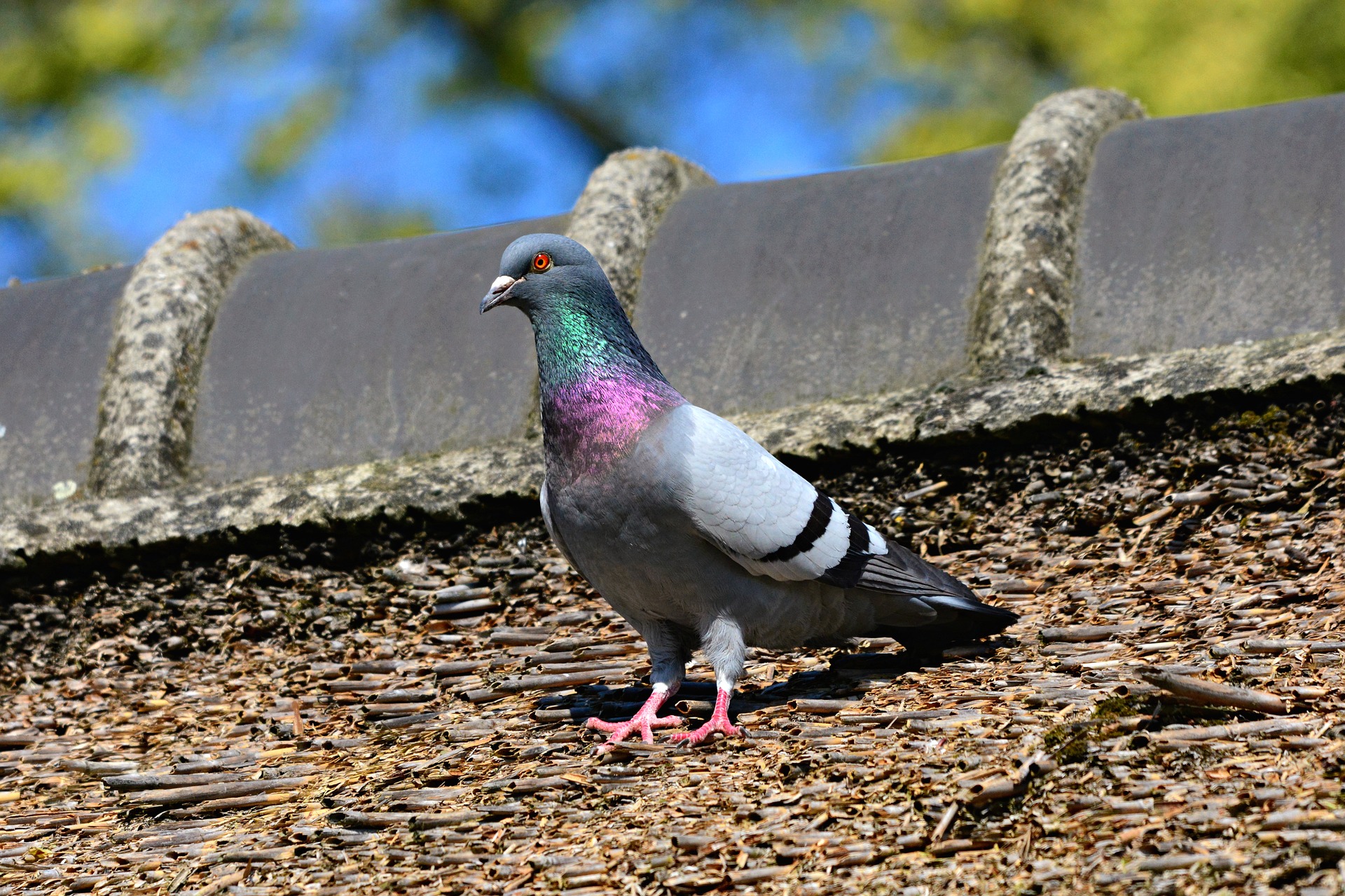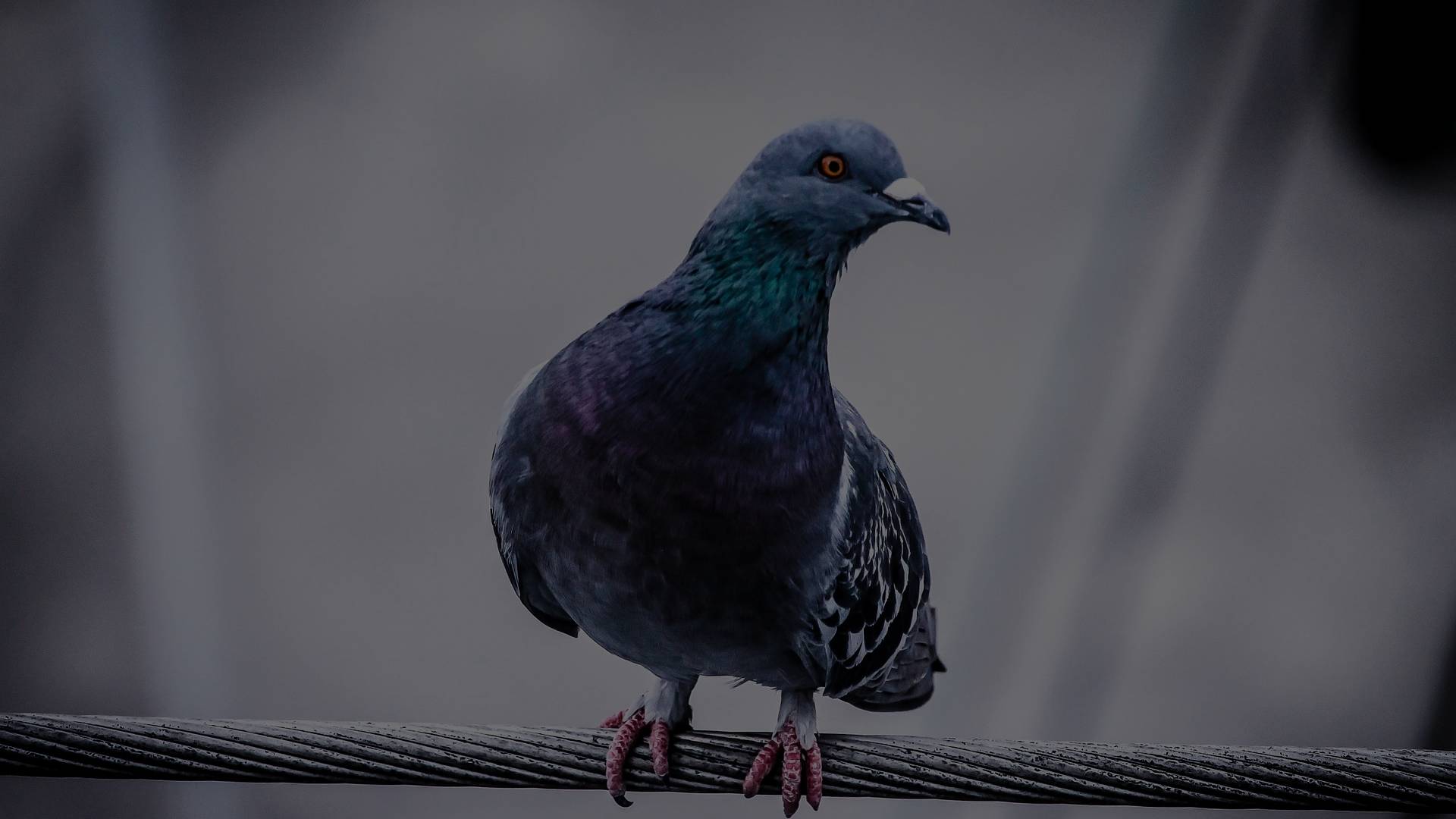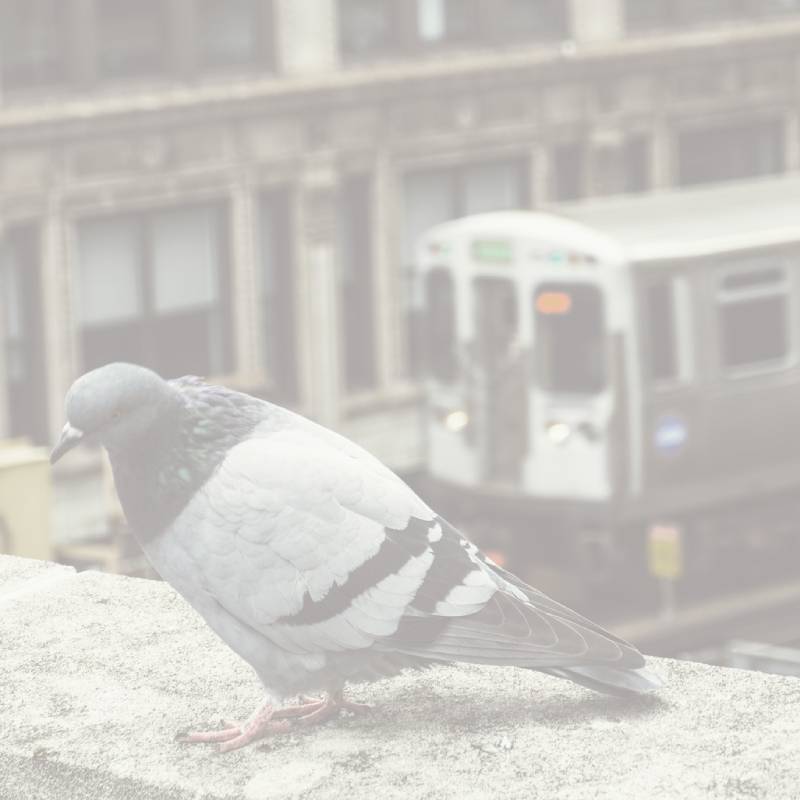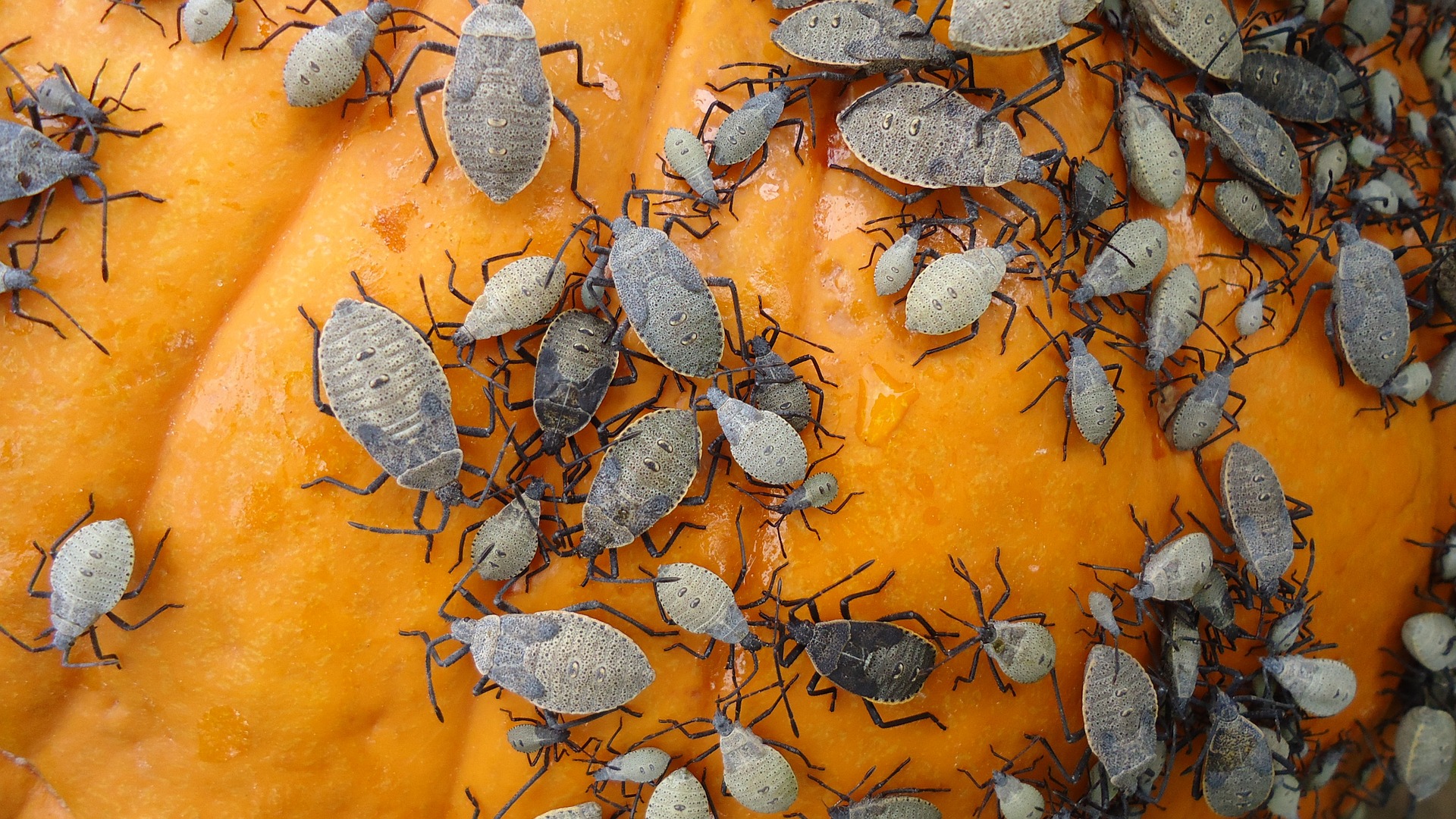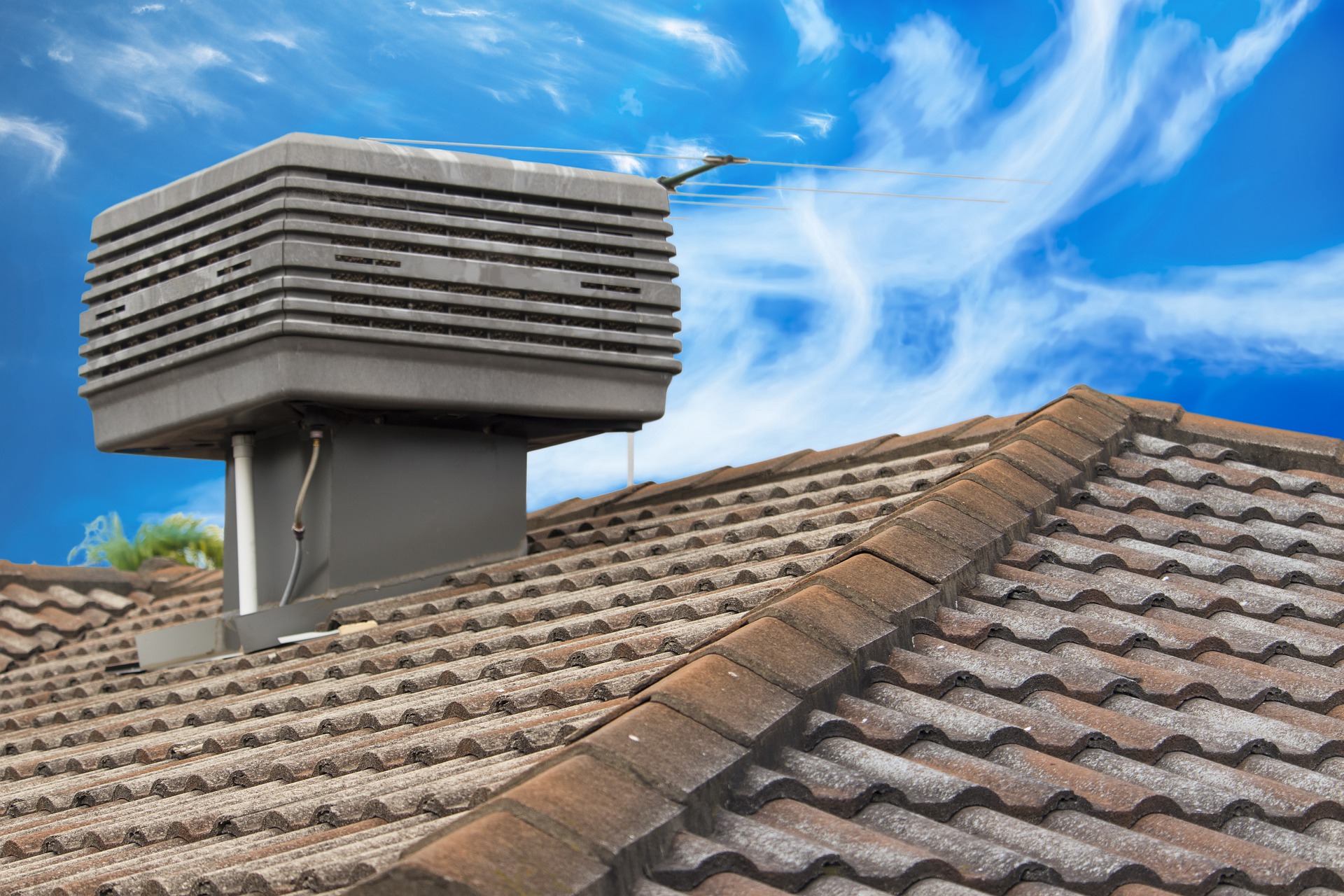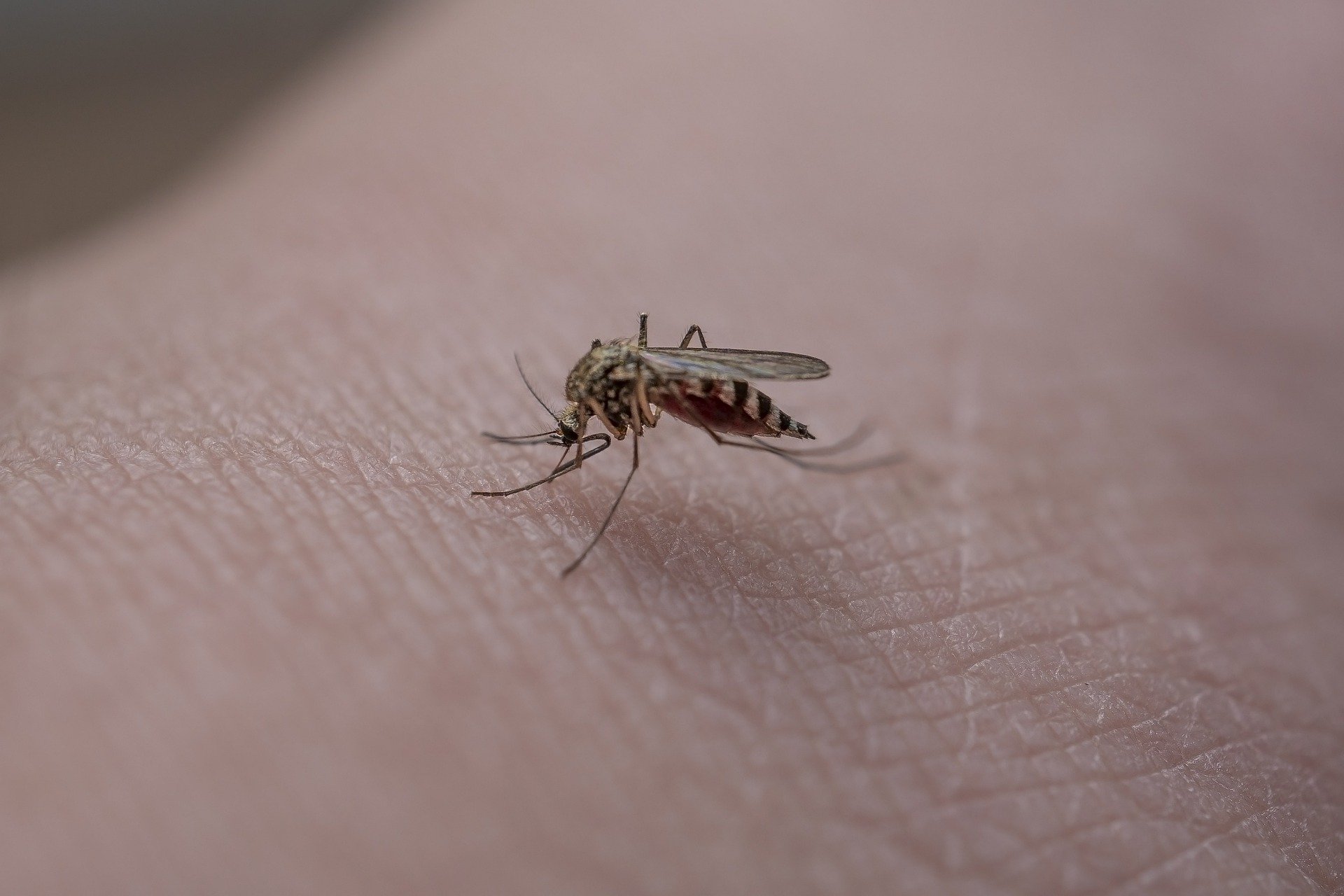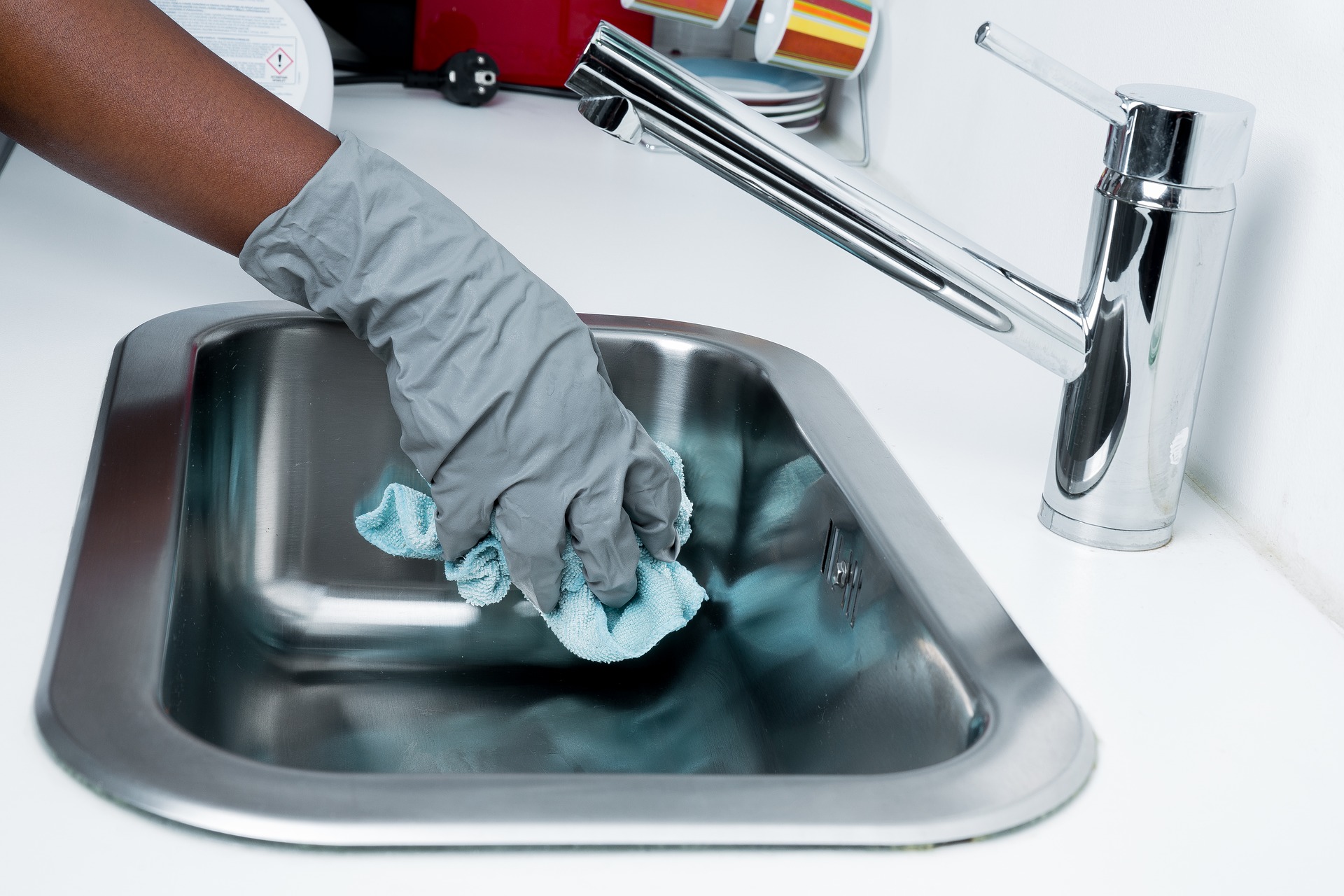Raccoons, with their masked faces and nimble paws, may seem cute and harmless from a distance. However, when these creatures invade your home, they can pose serious risks to both your property and your health. Understanding the dangers associated with raccoon infestations is crucial in order to protect your home and preserve your well-being. In this article, we will explore the hidden dangers of raccoon infestations, effective measures to prevent their invasions, the potential health hazards they pose, and steps you can take to safeguard your home and health.
Understanding the Risks: The Hidden Dangers of Raccoon Infestations
Raccoons are highly adaptable creatures that can thrive in various environments, including urban areas. While they may appear harmless, raccoon infestations can lead to significant damage to your property. These creatures are notorious for their ability to tear through roofs, siding, and insulation, causing structural damage that can be costly to repair. Additionally, raccoons are skilled climbers and can easily access attics, where they may build nests and leave behind droppings, further compromising the integrity of your home.
Moreover, raccoons are carriers of various diseases and parasites that can be transmitted to humans. One such disease is raccoon roundworm, which can be contracted by inhaling or ingesting the eggs found in raccoon feces. This can lead to severe neurological damage and even death. Raccoons also carry rabies, a viral disease that affects the central nervous system and can be fatal if left untreated. These hidden dangers make it imperative to take proactive measures to prevent raccoon invasions.
Protecting Your Home: Effective Measures to Prevent Raccoon Invasions
Preventing raccoon invasions starts with securing your property and eliminating potential entry points. Conduct a thorough inspection of your home, paying close attention to areas such as chimneys, vents, and gaps in the roof or siding. Seal any openings with sturdy materials, such as metal mesh or hardware cloth, to prevent raccoons from gaining access. Additionally, ensure that your garbage cans are securely covered, as raccoons are attracted to food sources and can easily tear through plastic lids.
Another effective measure is to trim tree branches that hang over your roof, as raccoons can use them as a bridge to access your home. Keep in mind that raccoons are excellent climbers, so it is important to trim branches at least 10 feet away from your house to prevent them from jumping onto your roof. Installing motion-activated lights and sprinklers can also deter raccoons from approaching your property, as they prefer dark and quiet environments.
Health Hazards: The Potential Threats Posed by Raccoon Infestations
Raccoon infestations not only pose risks to your property but also to your health. As mentioned earlier, raccoons can carry diseases and parasites that can be transmitted to humans. In addition to raccoon roundworm and rabies, raccoons can also transmit leptospirosis, a bacterial infection that can cause flu-like symptoms, liver damage, and kidney failure. Moreover, their droppings can contain harmful bacteria, such as salmonella, which can contaminate surfaces and food sources.
Furthermore, raccoon urine can contain a parasite called Baylisascaris procyonis, which can cause severe neurological damage if ingested. This parasite can be found in soil, water, and even on objects that have been contaminated by raccoon urine. Therefore, it is crucial to take immediate action if you suspect a raccoon infestation in your home to minimize the potential health risks.
Taking Action: Steps to Safeguard Your Home and Preserve Your Well-being
If you suspect a raccoon infestation in your home, it is important to seek professional help. Raccoons can be aggressive when cornered or protecting their young, so attempting to remove them yourself can be dangerous. Contact a licensed wildlife removal service that specializes in humane raccoon removal. These professionals have the knowledge and experience to safely and effectively remove raccoons from your property.
Additionally, it is crucial to clean and disinfect any areas that have been contaminated by raccoon droppings or urine. Wear protective gear, such as gloves and a mask, to minimize the risk of exposure to harmful pathogens. Use a solution of bleach and water to thoroughly clean the affected areas, and dispose of any contaminated materials properly.
In conclusion, raccoon infestations can pose significant risks to both your home and your health. Understanding the hidden dangers associated with raccoon invasions is essential in order to protect your property and preserve your well-being. By taking proactive measures to prevent raccoon invasions, such as securing your property and eliminating potential entry points, you can minimize the risk of structural damage and potential health hazards. If you suspect a raccoon infestation, it is important to seek professional help to safely remove these creatures from your property and take the necessary steps to clean and disinfect any affected areas. By doing so, you can ensure the safety and well-being of your home and family.

